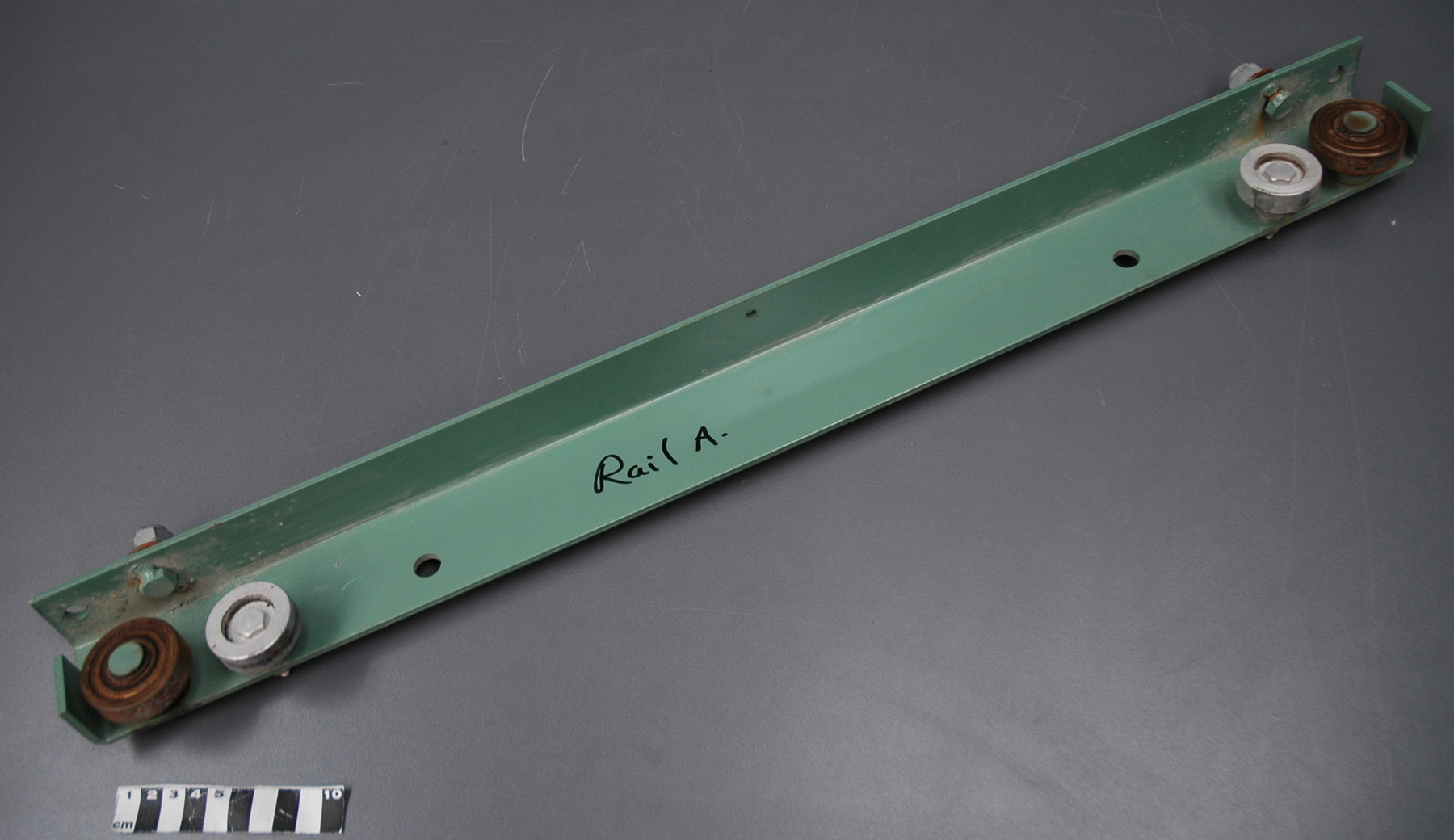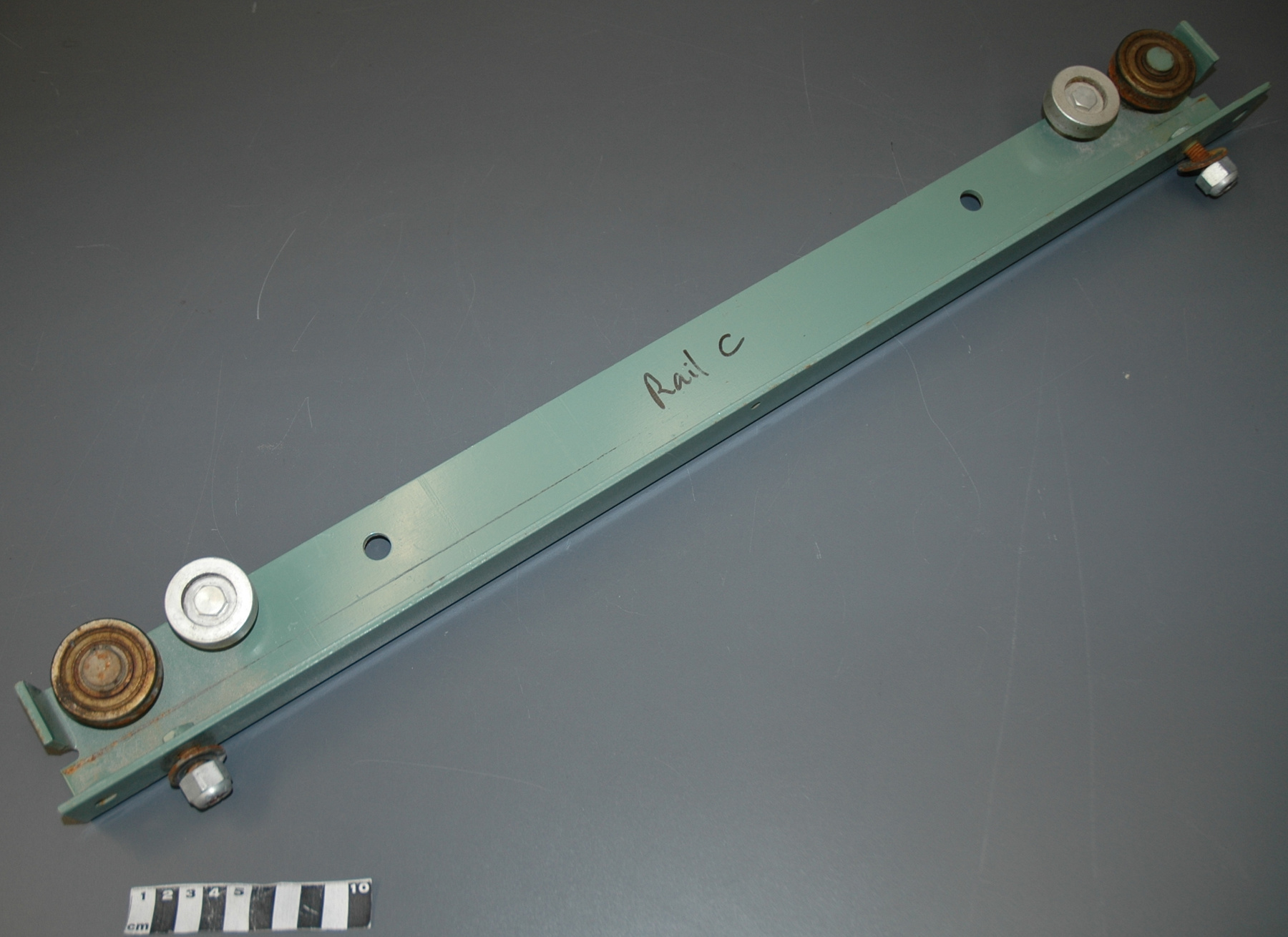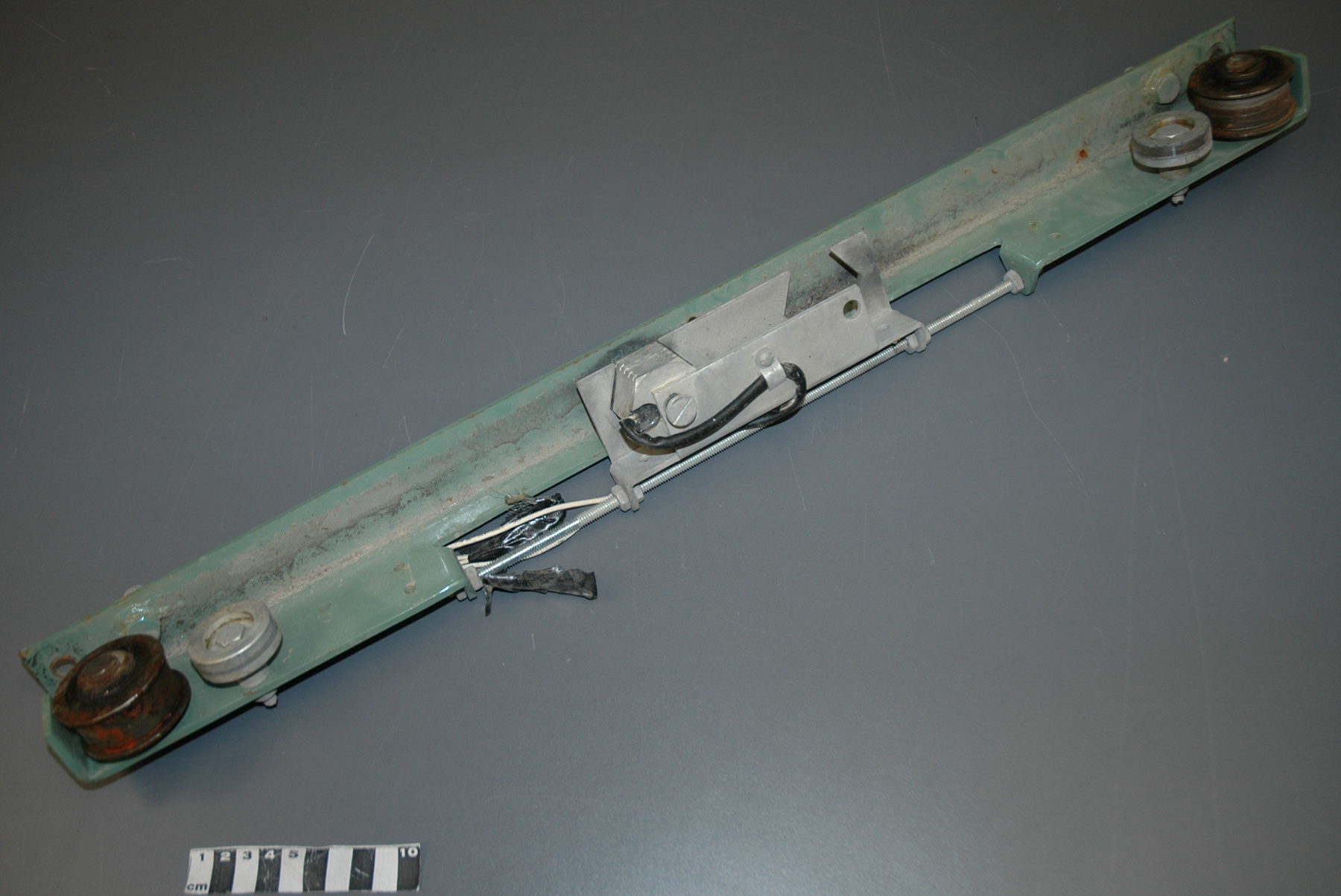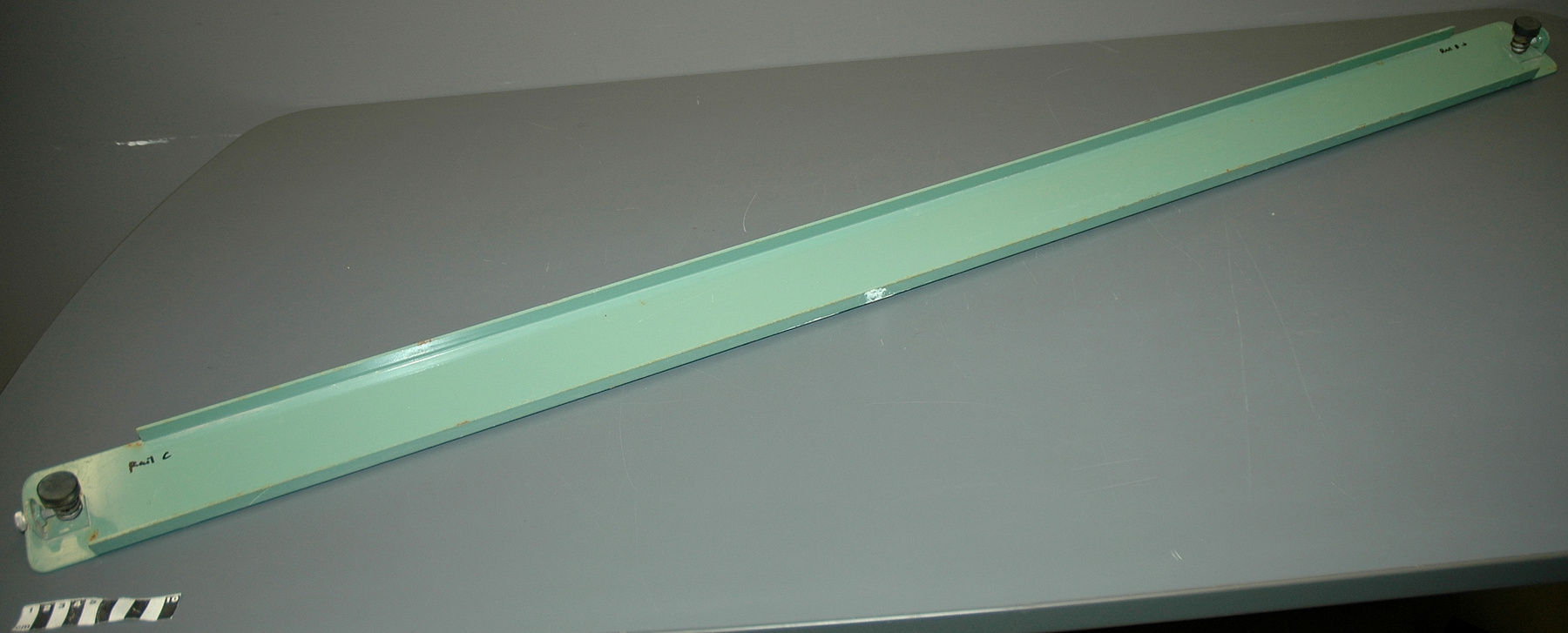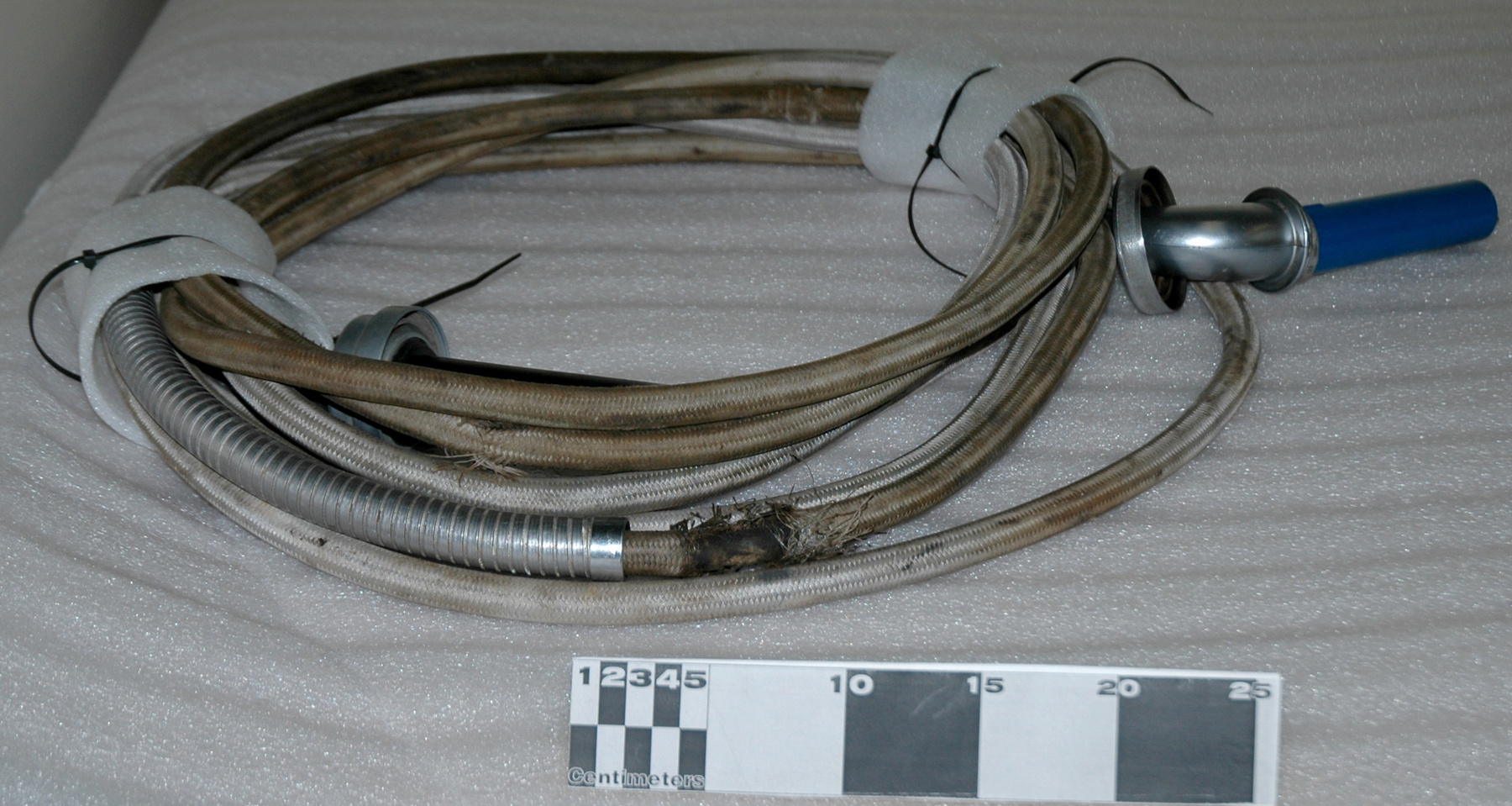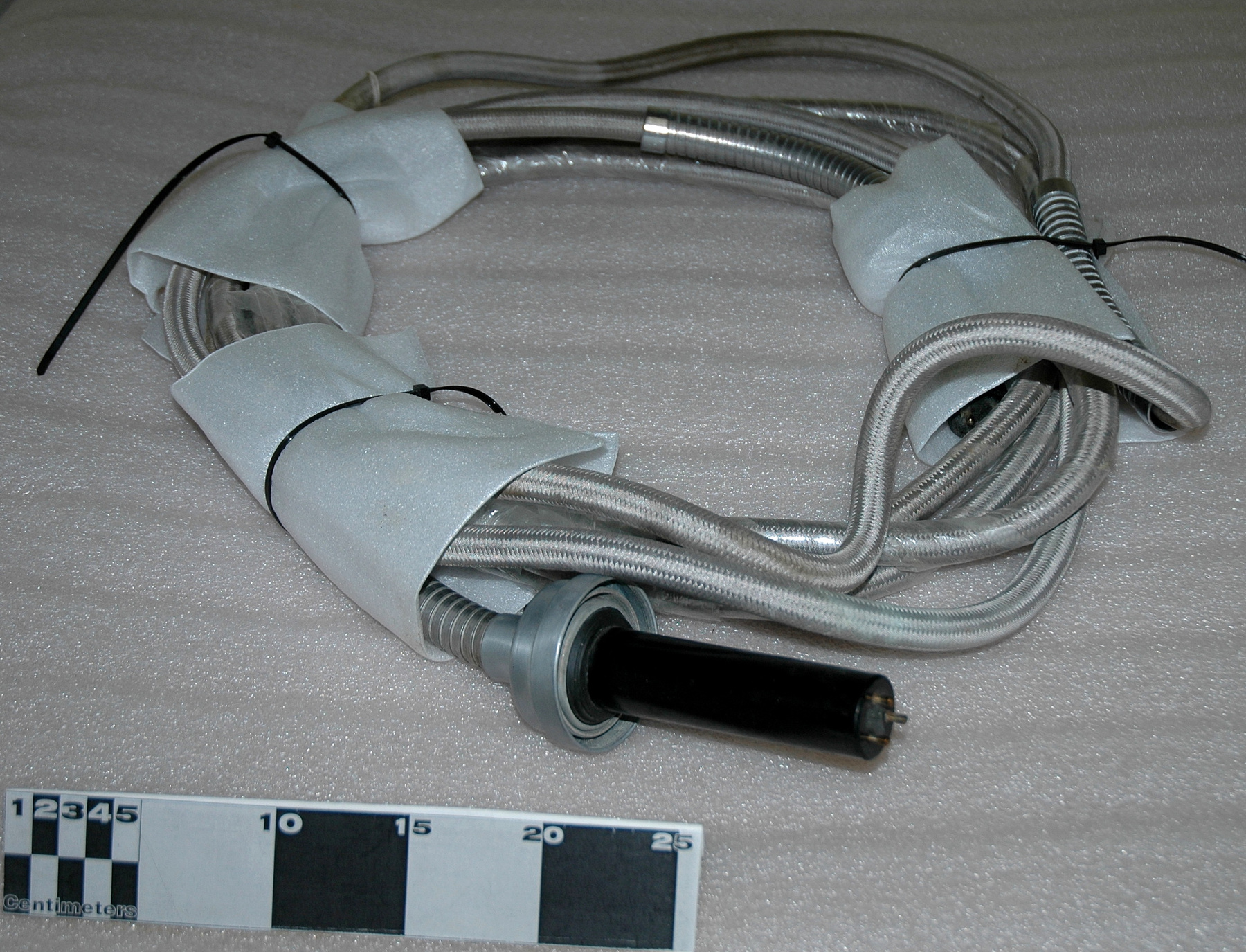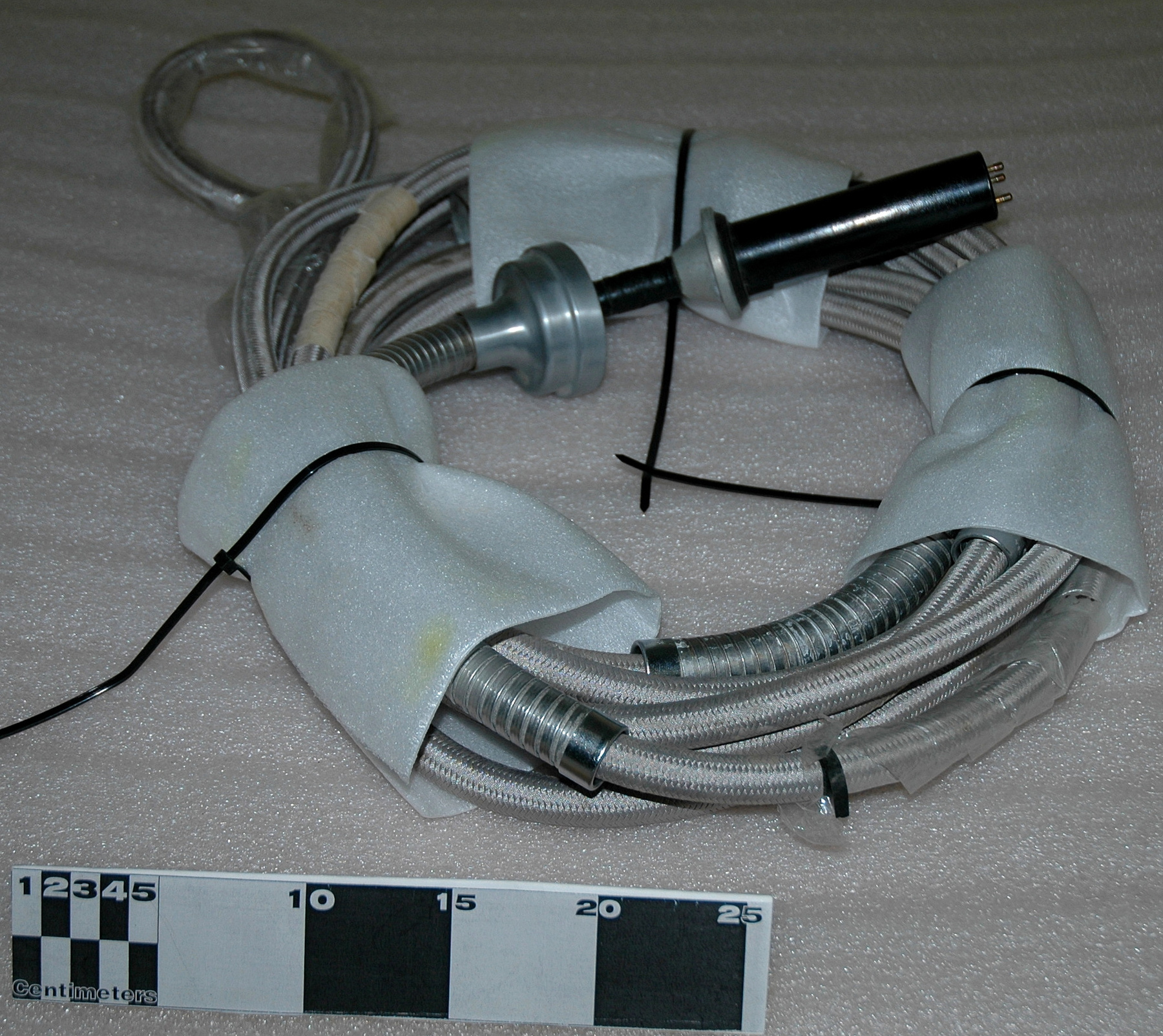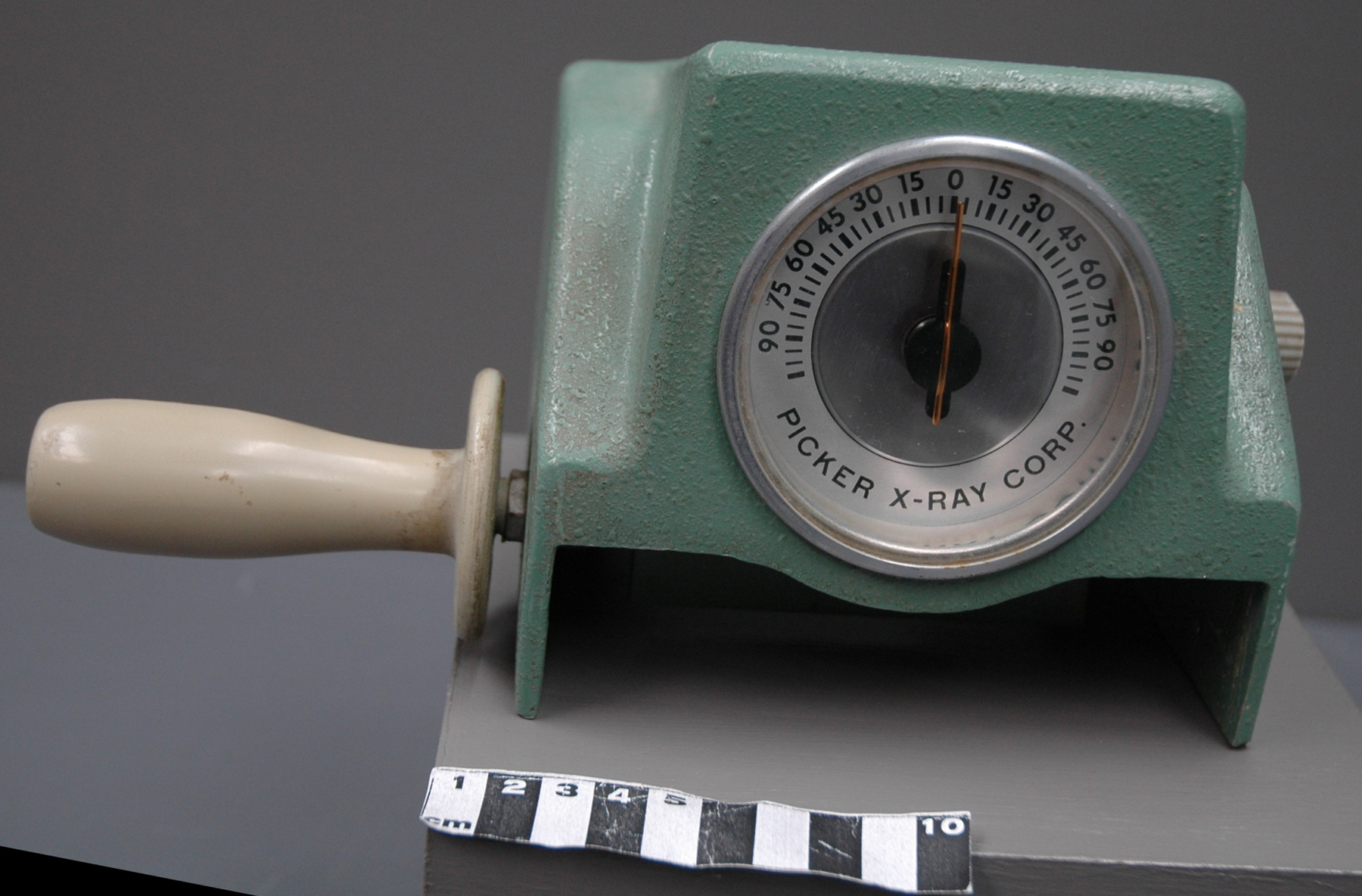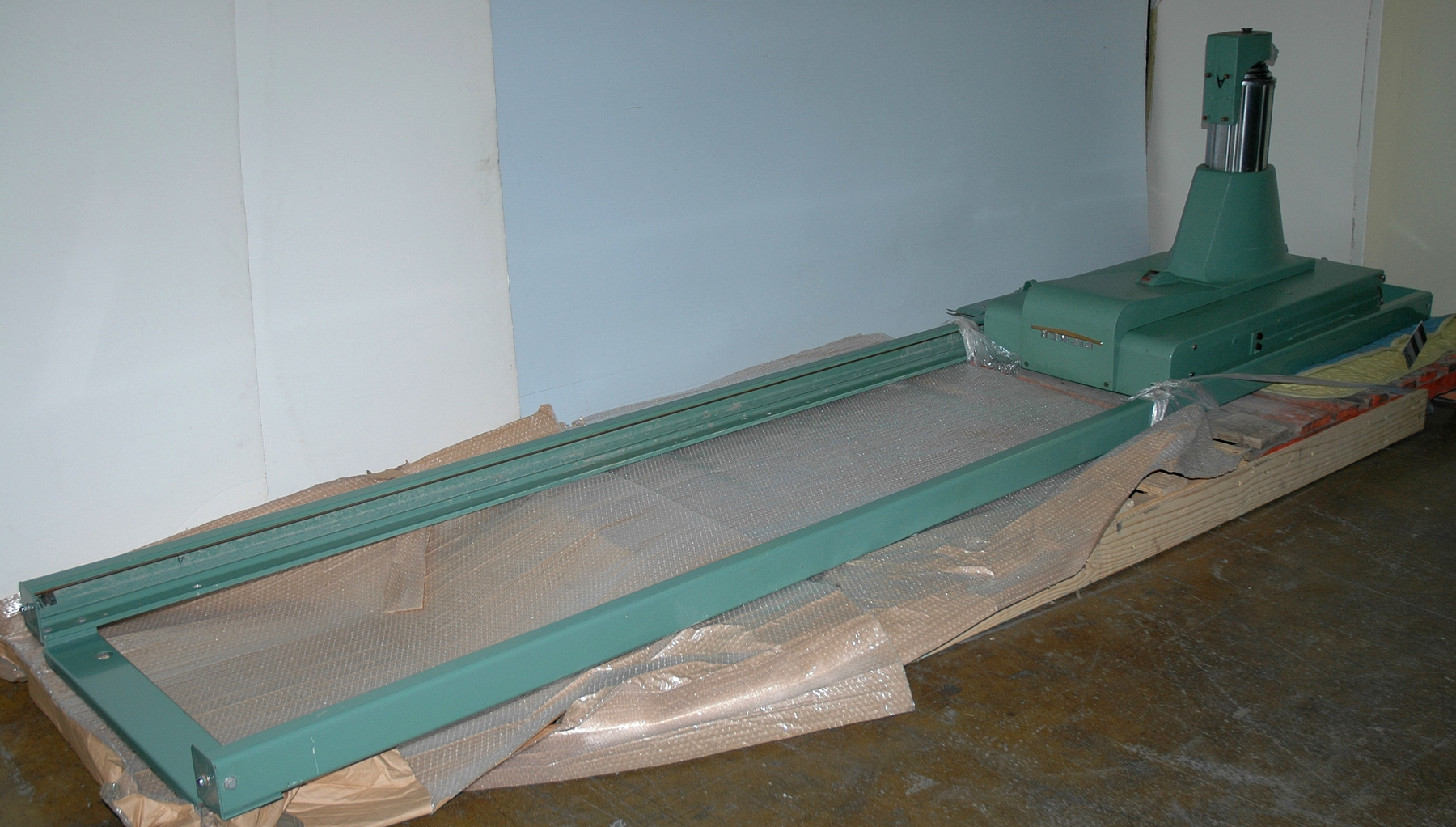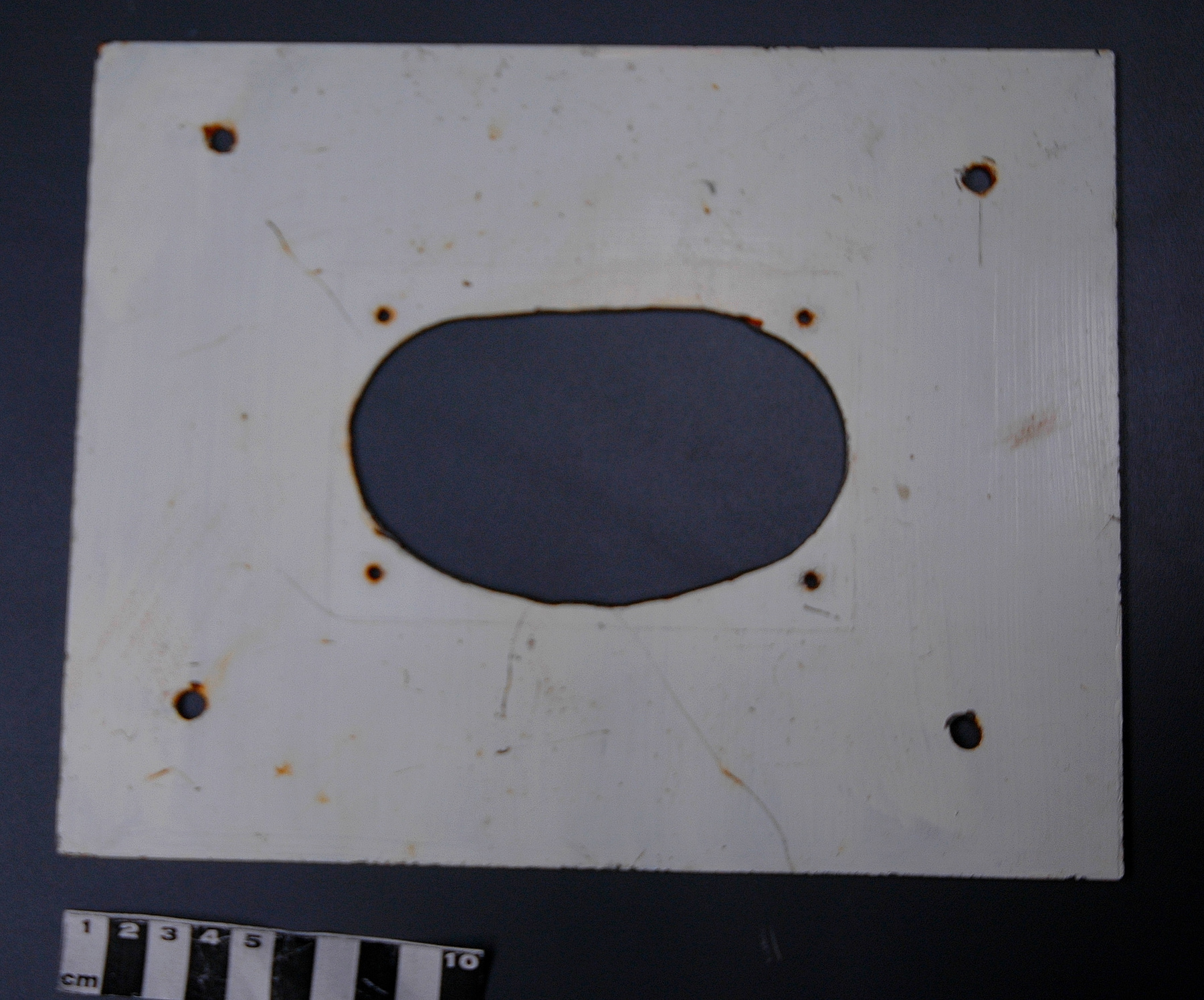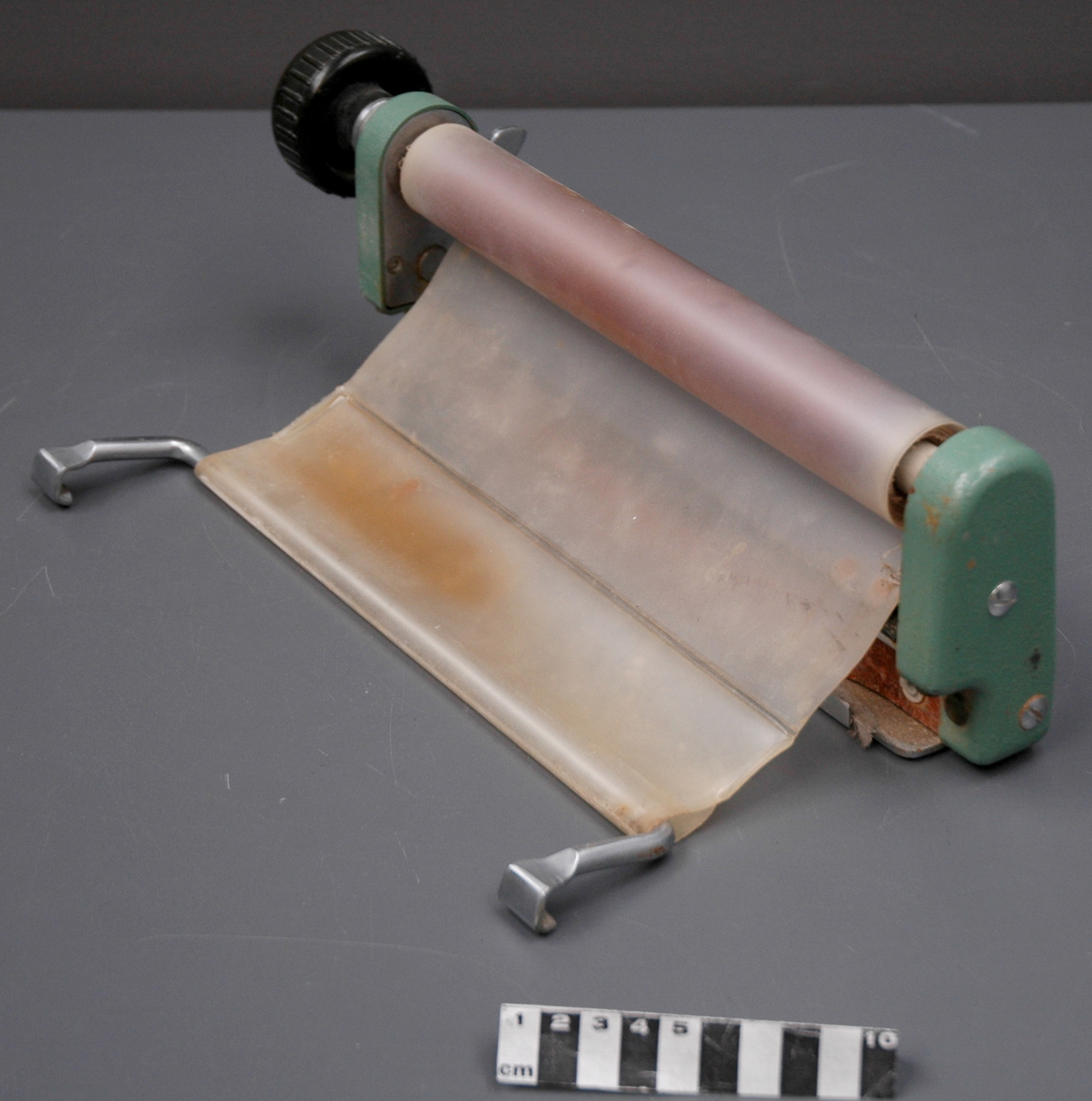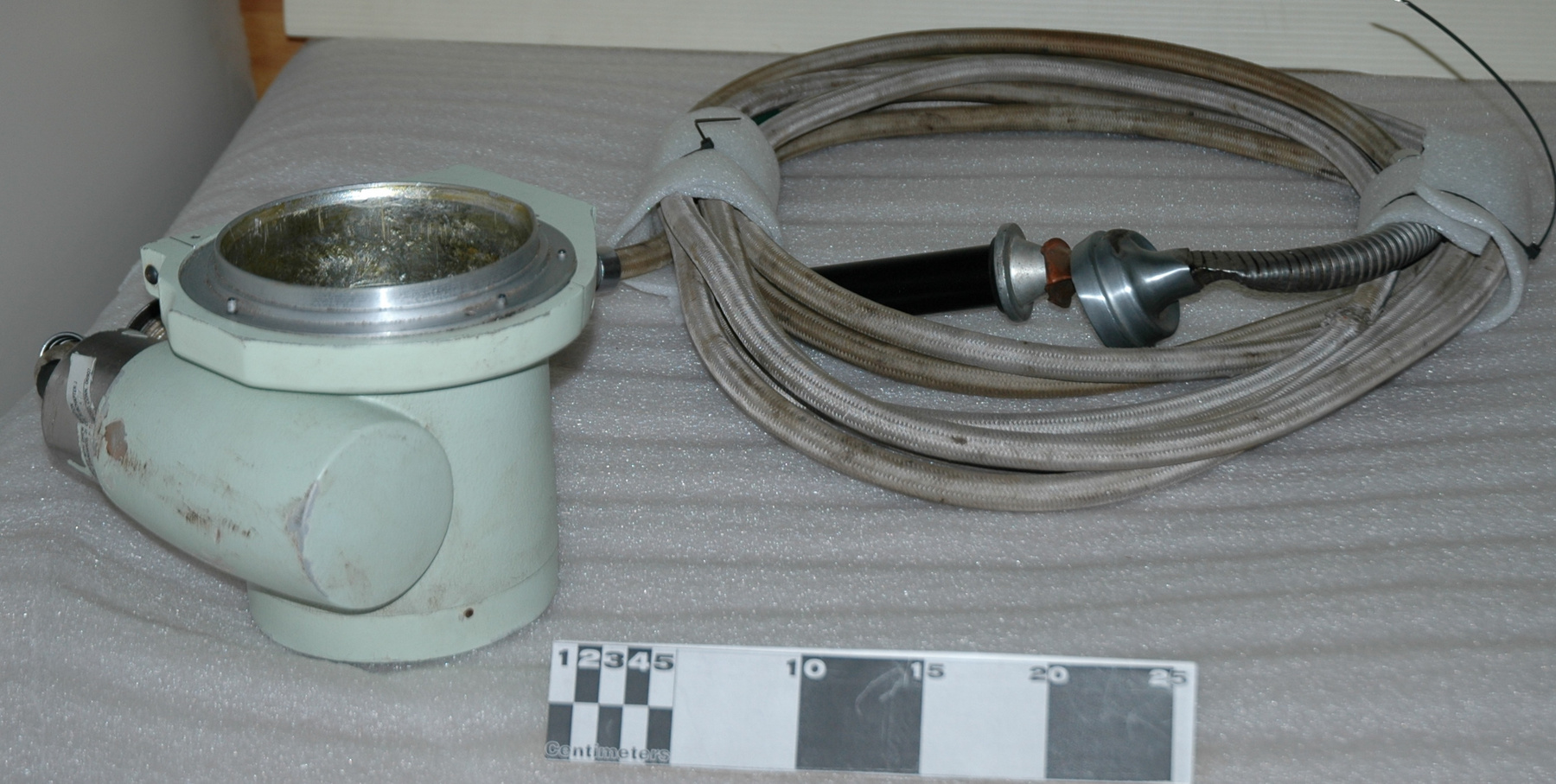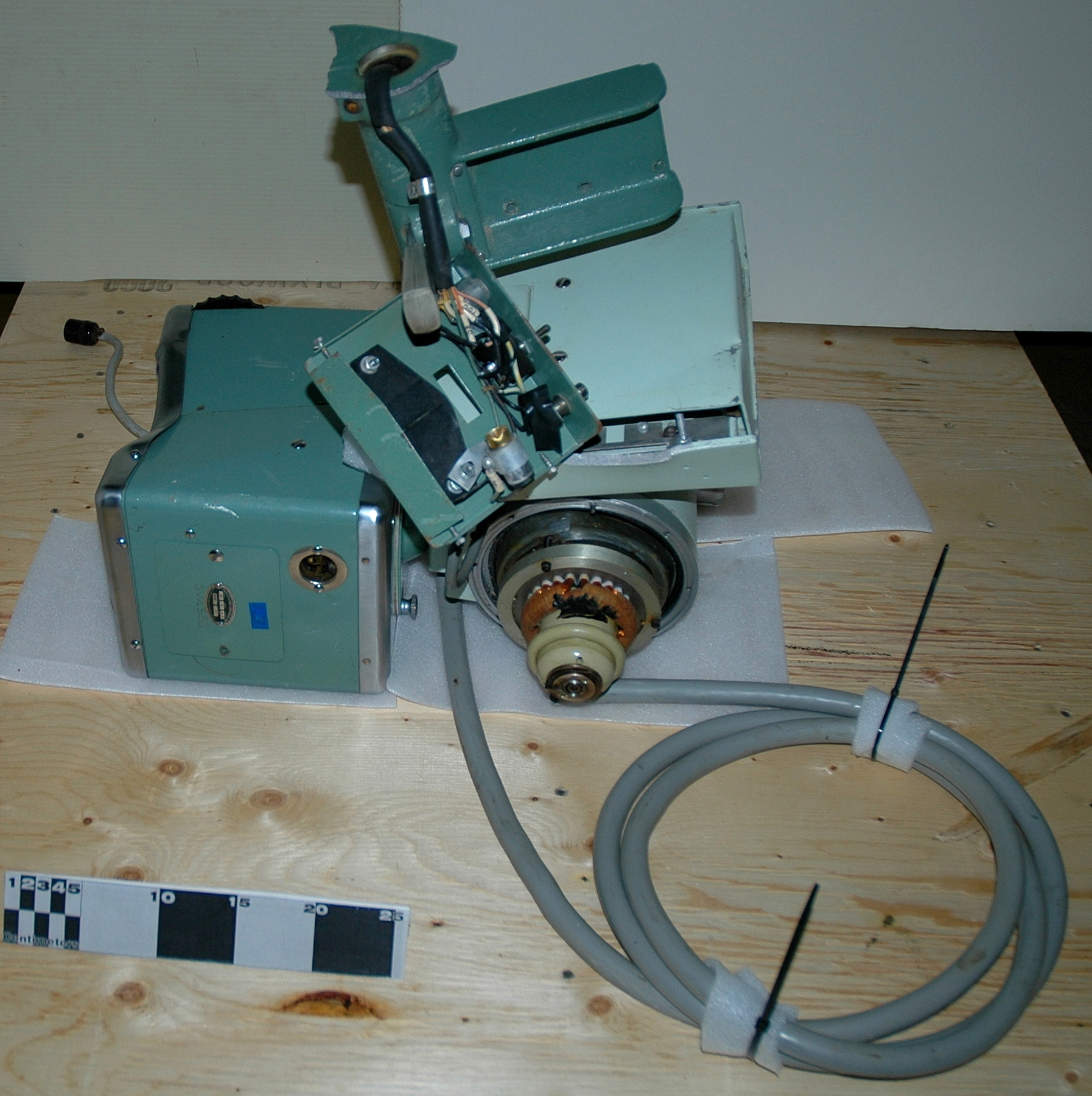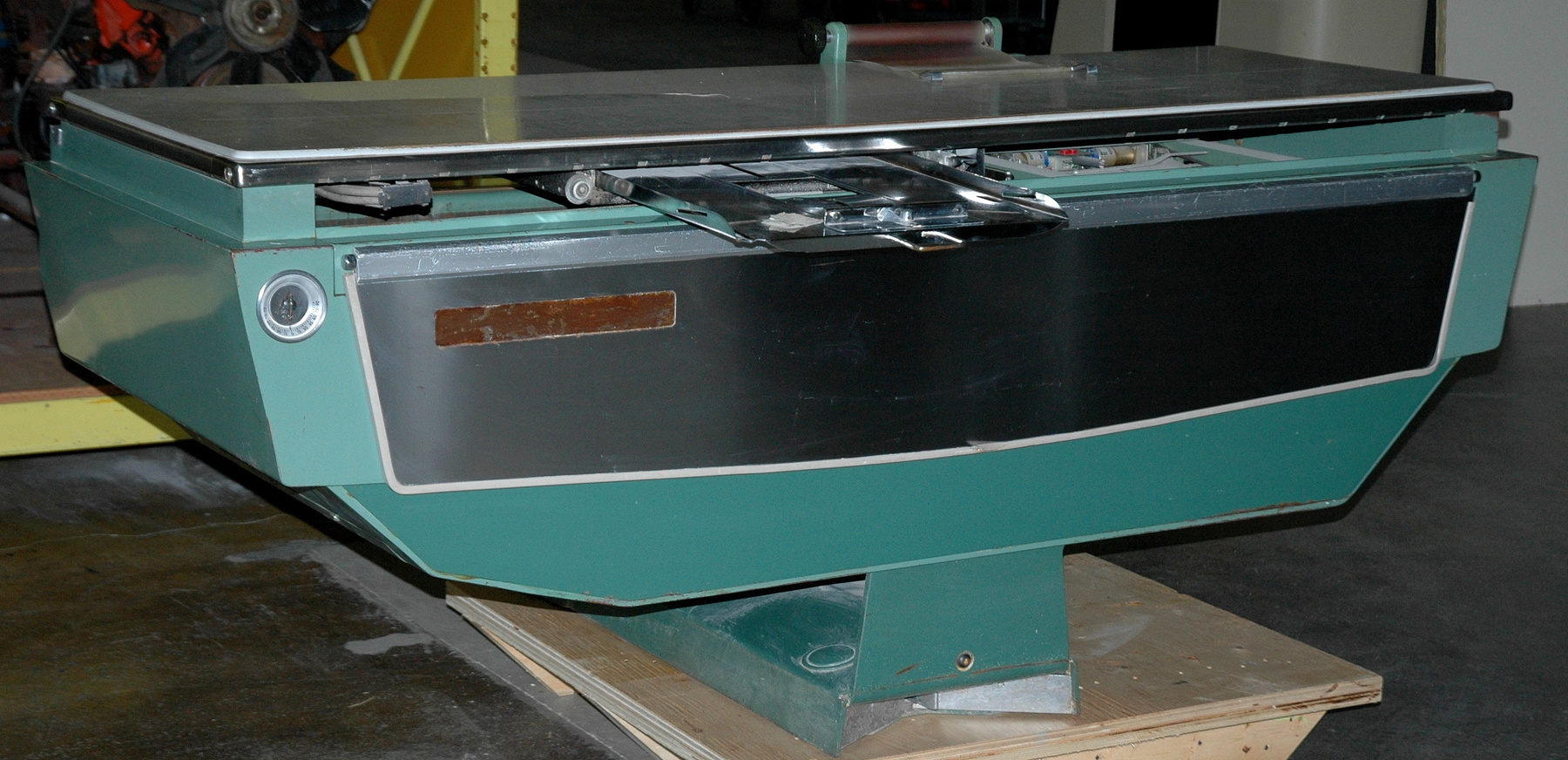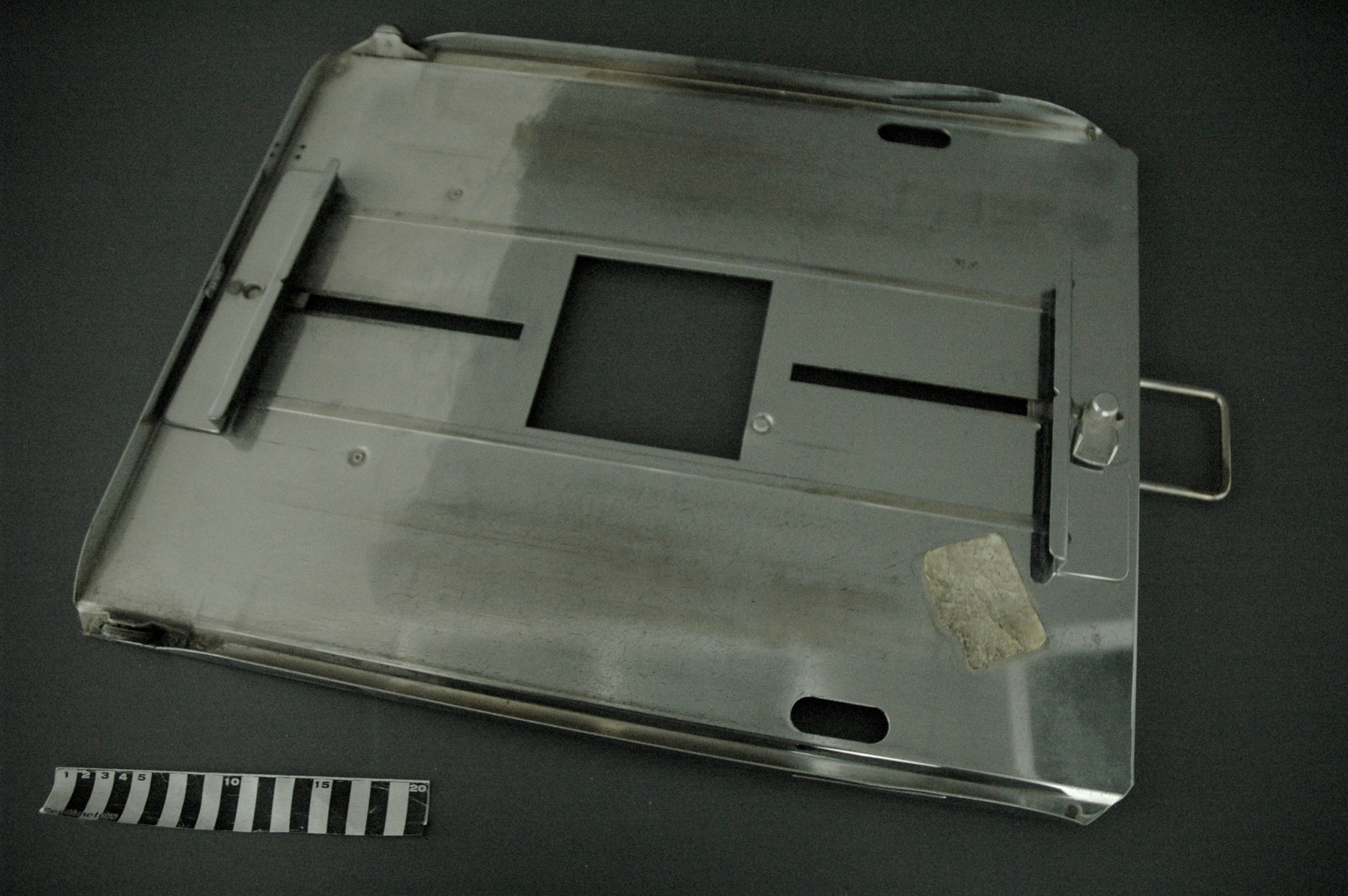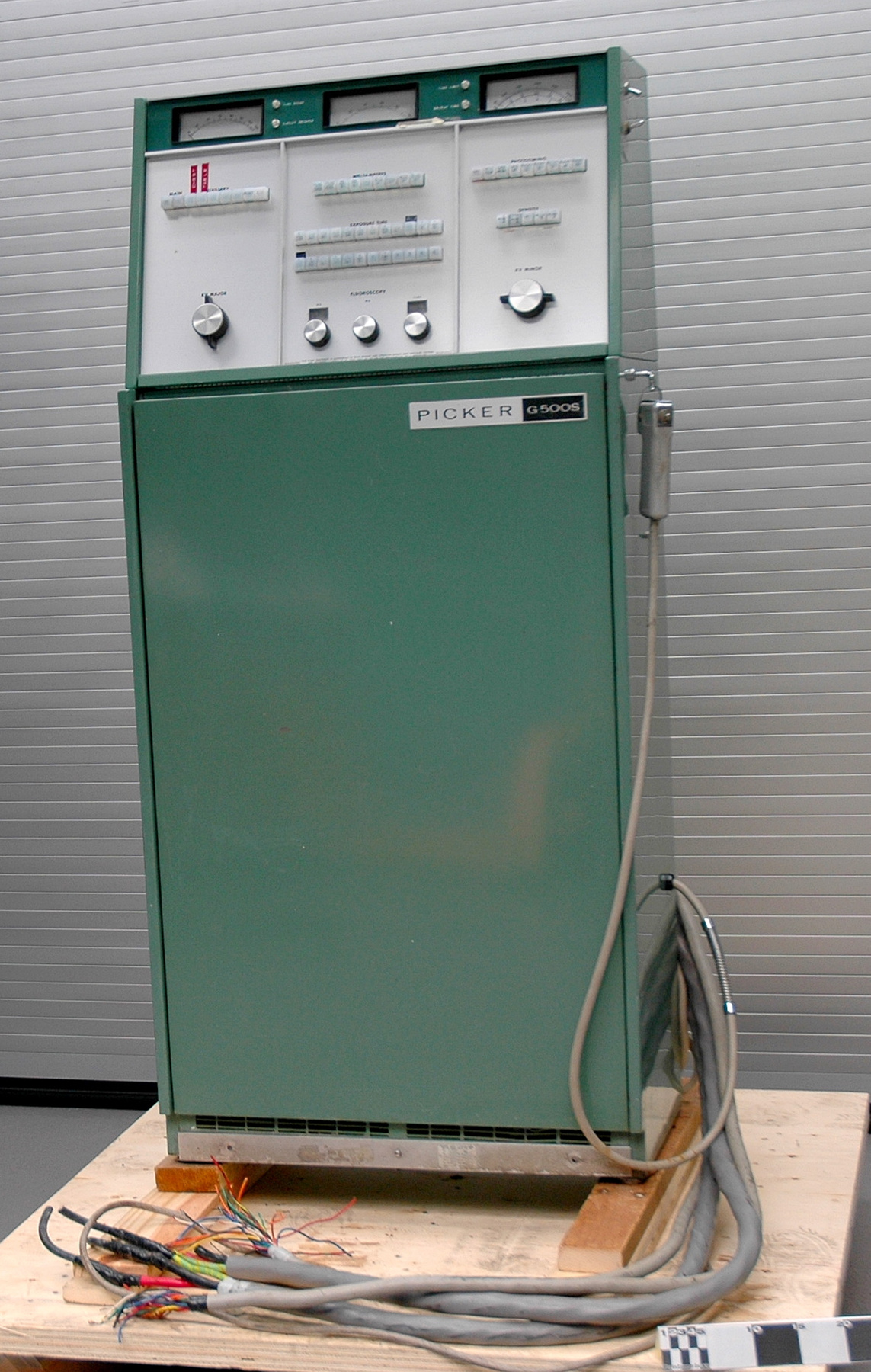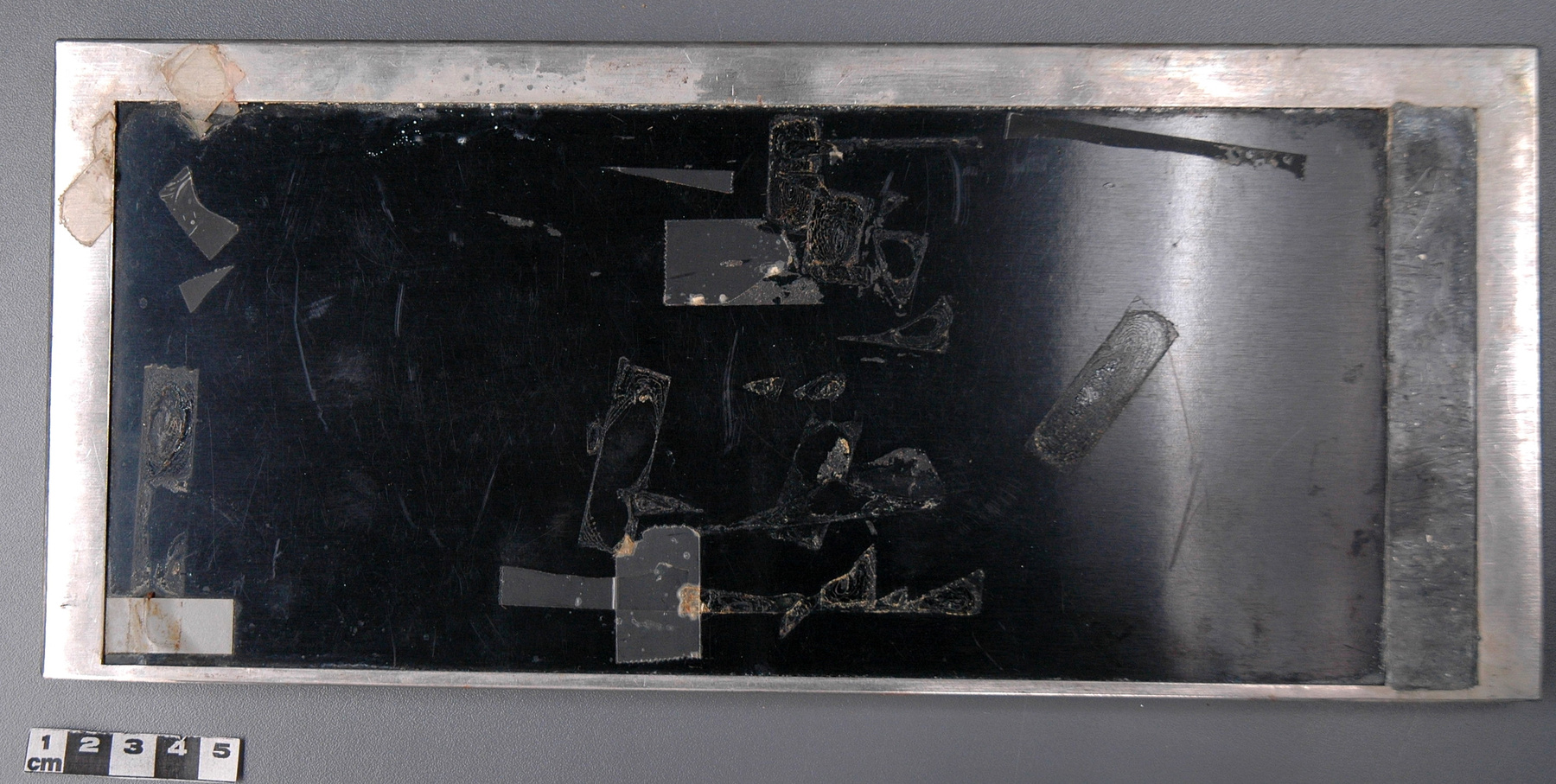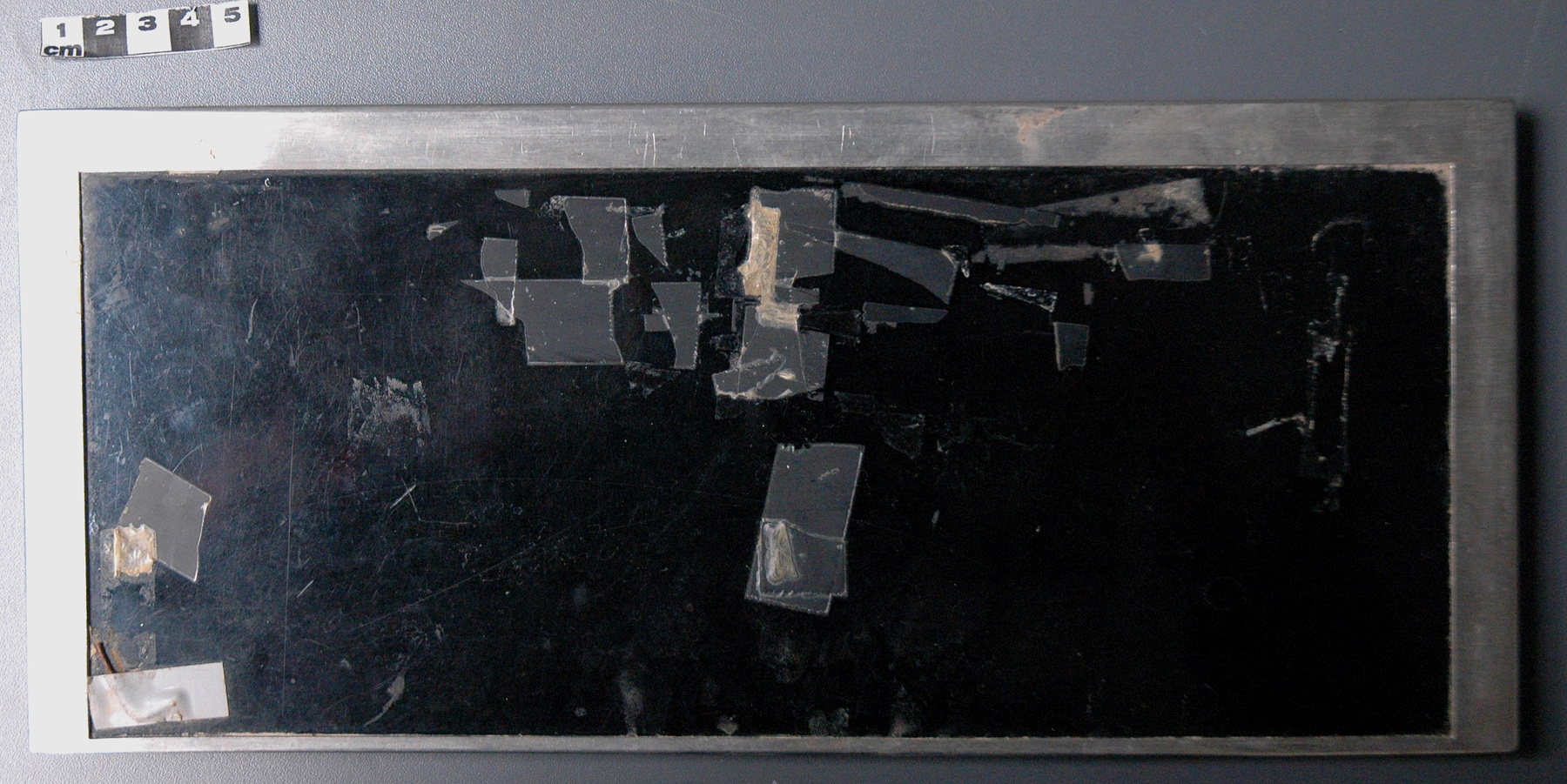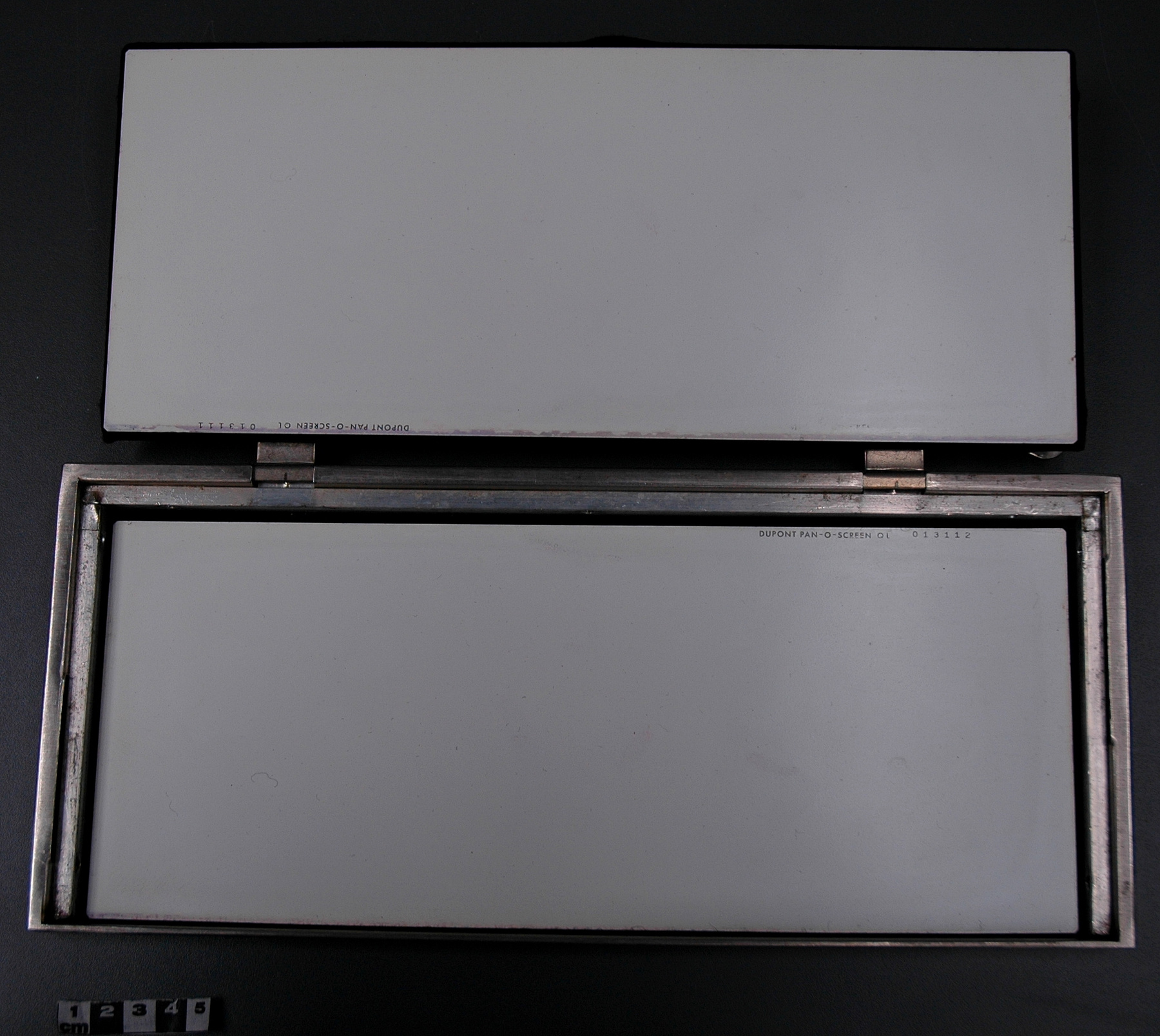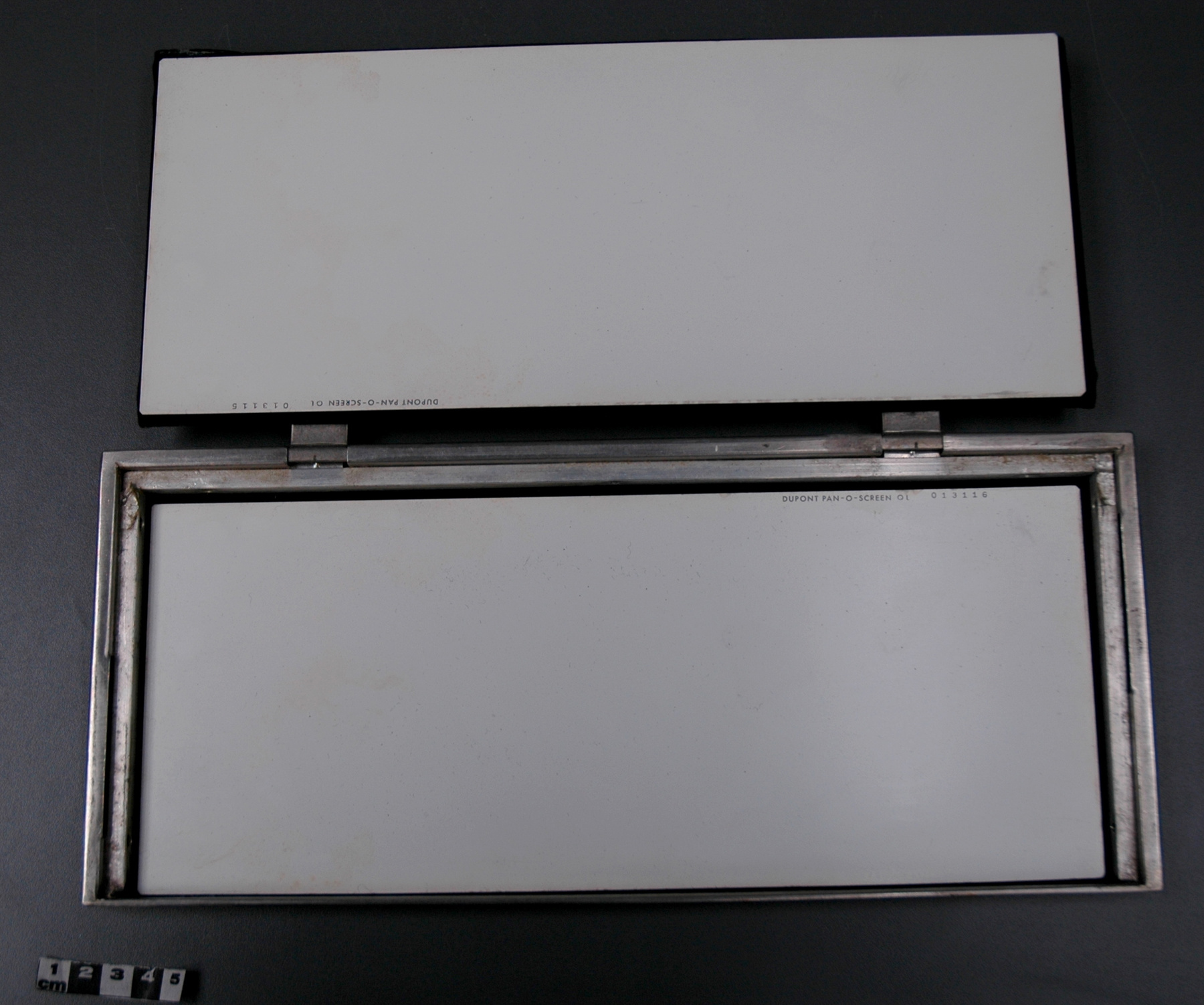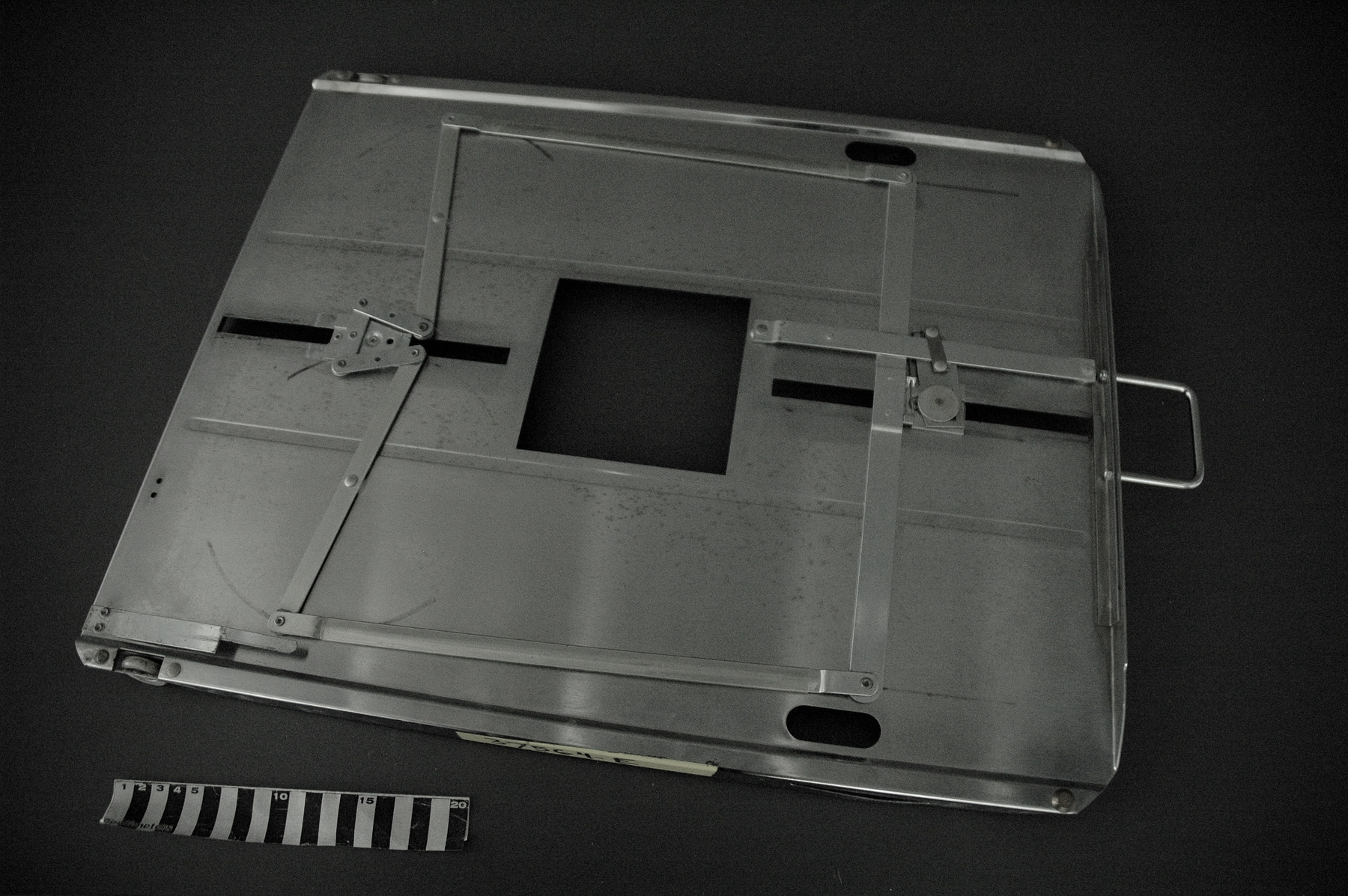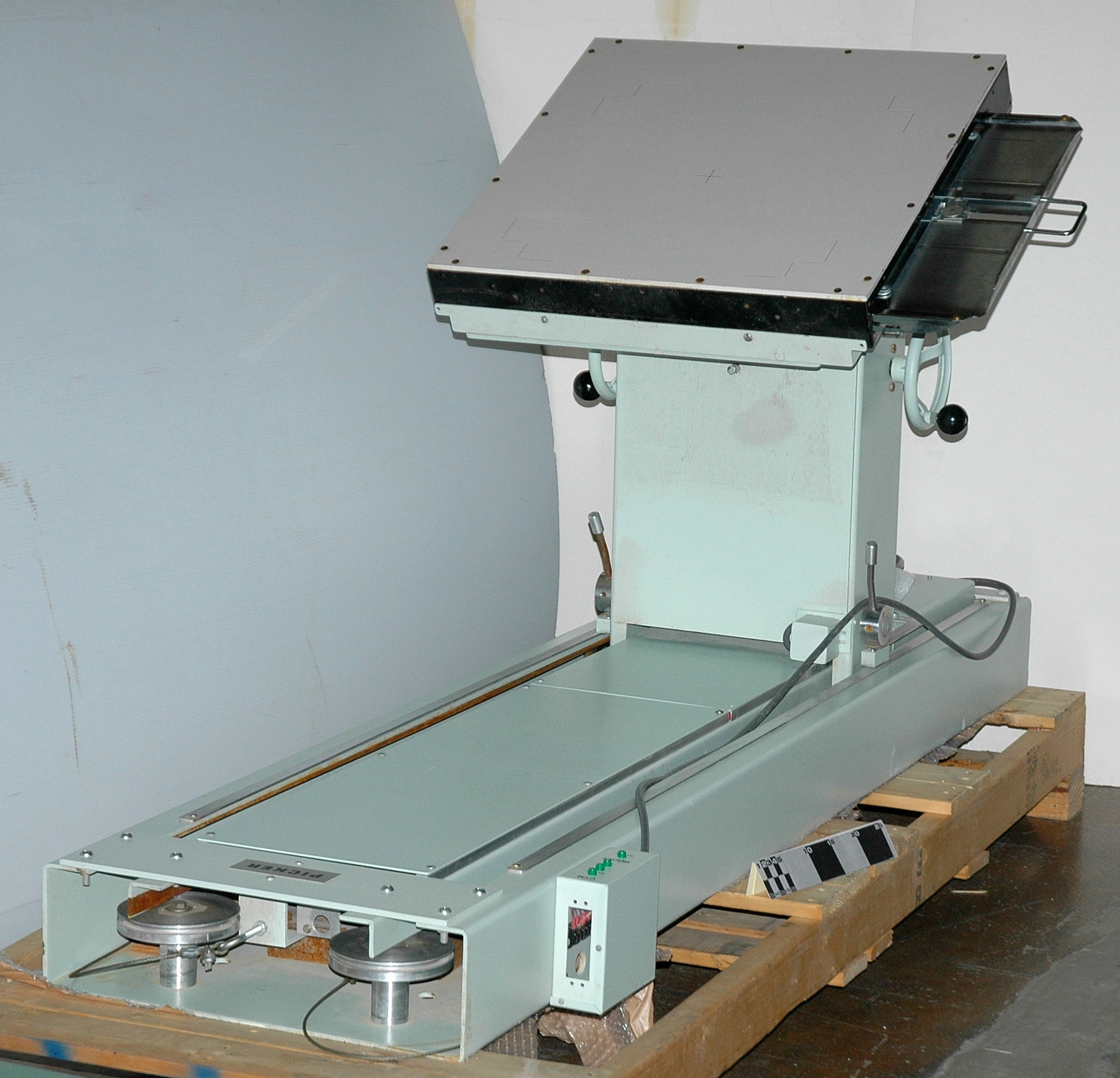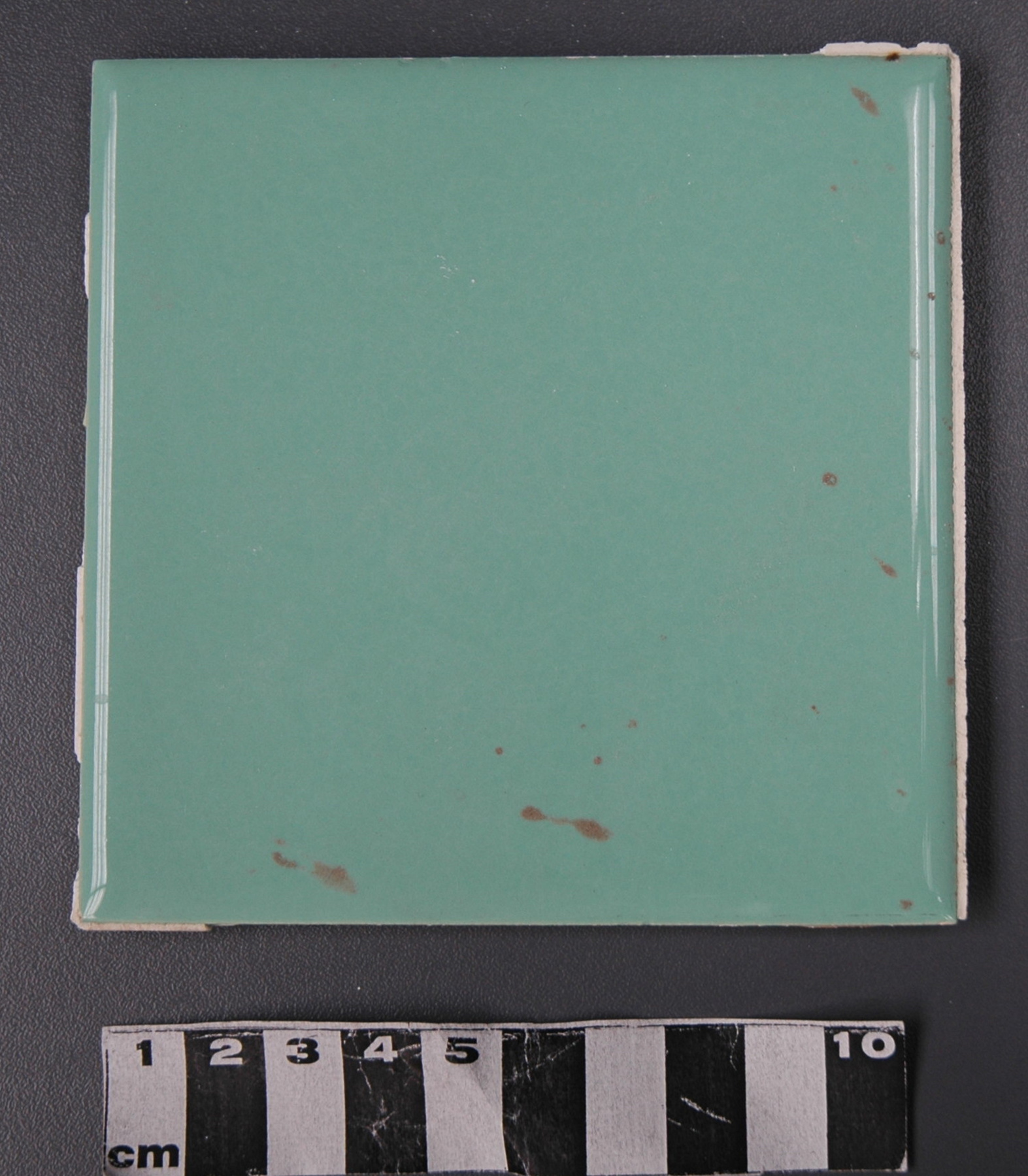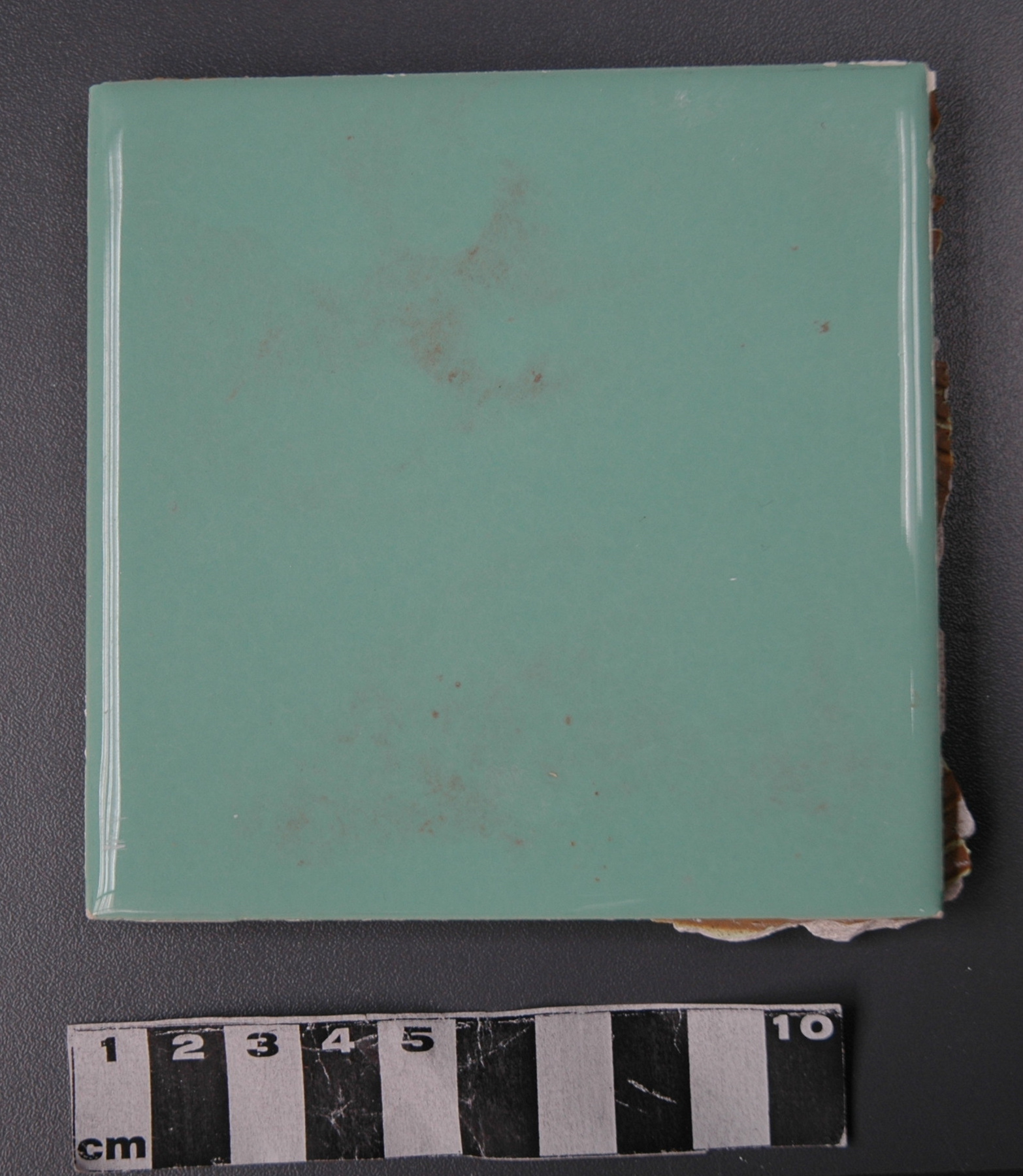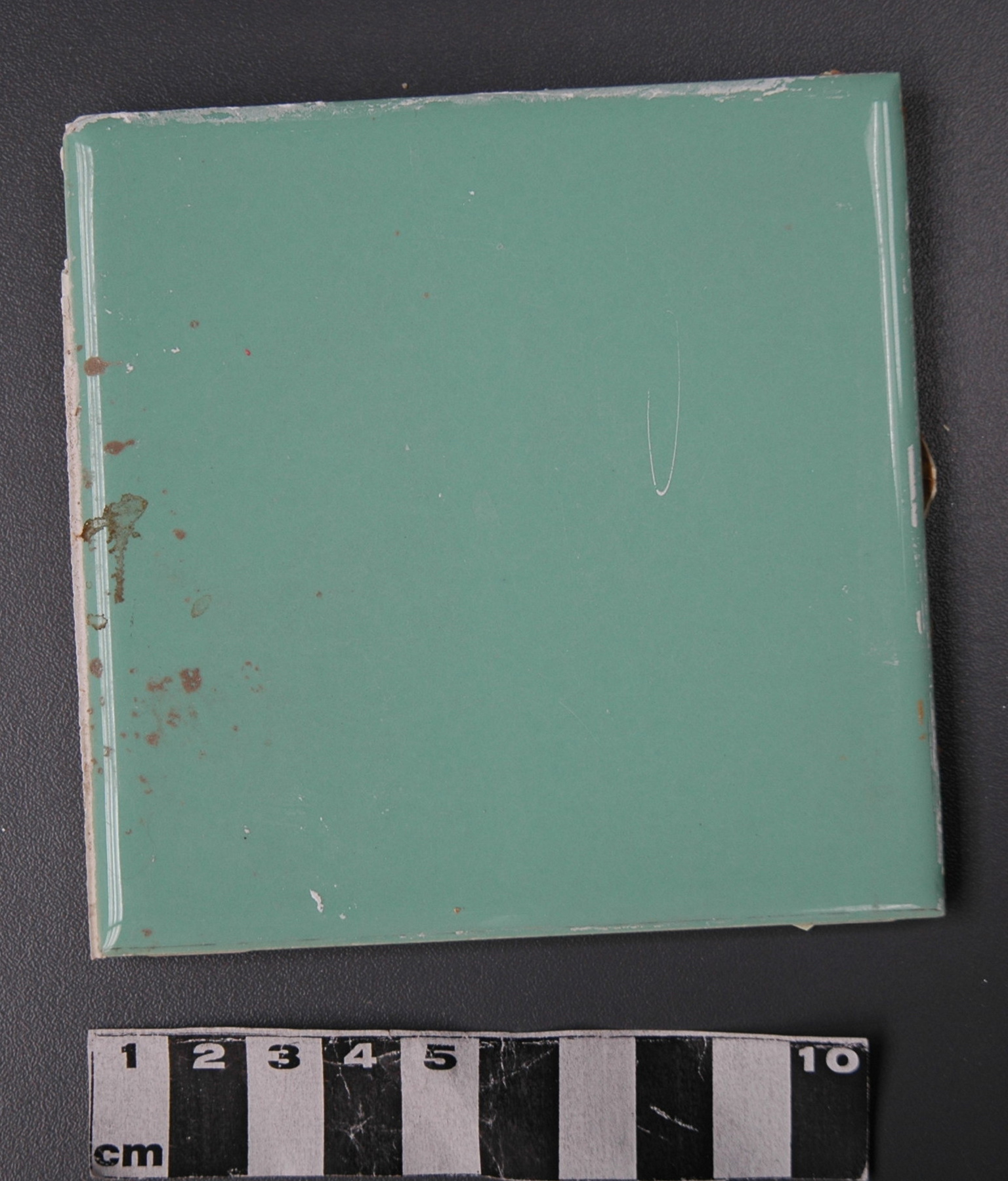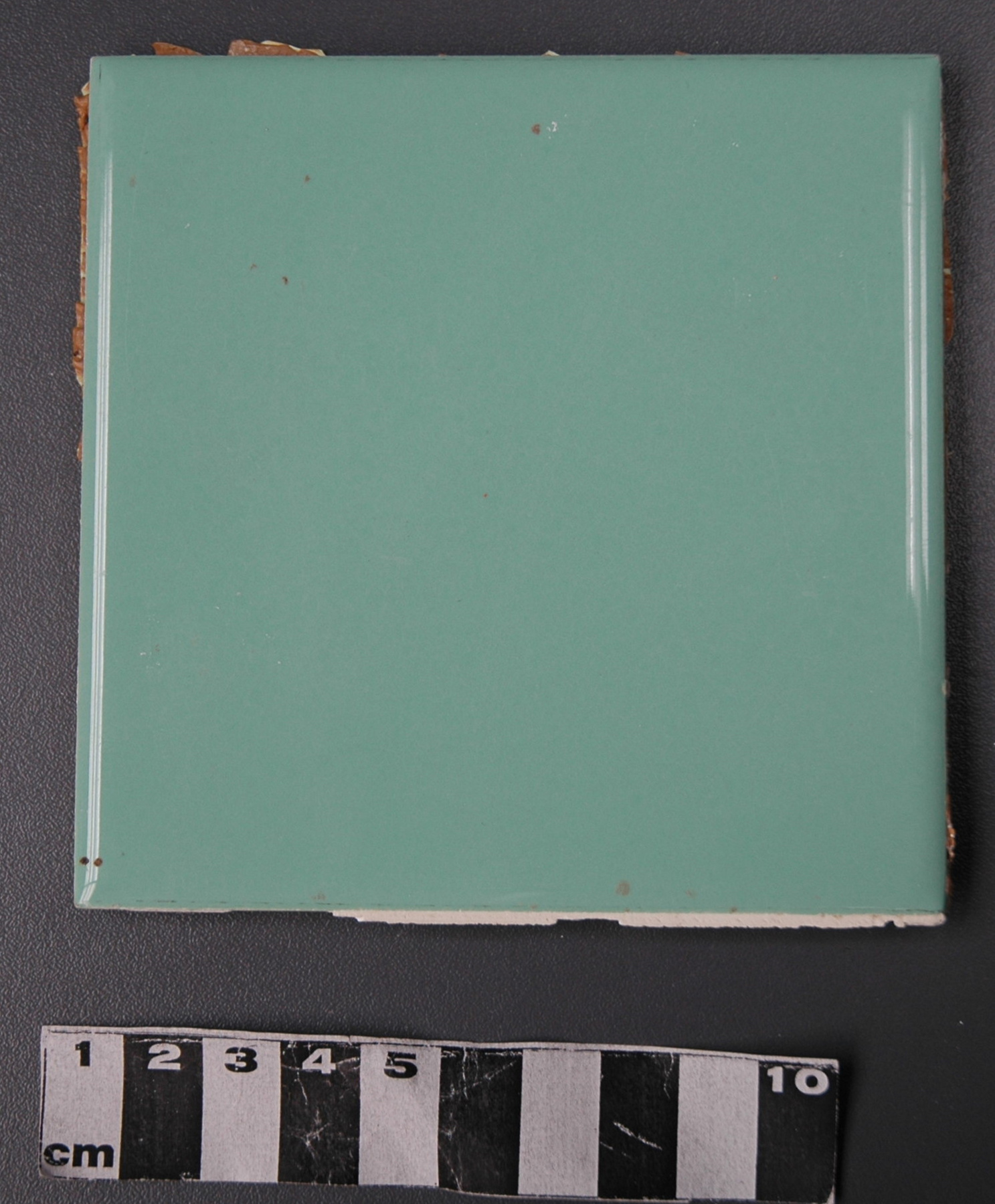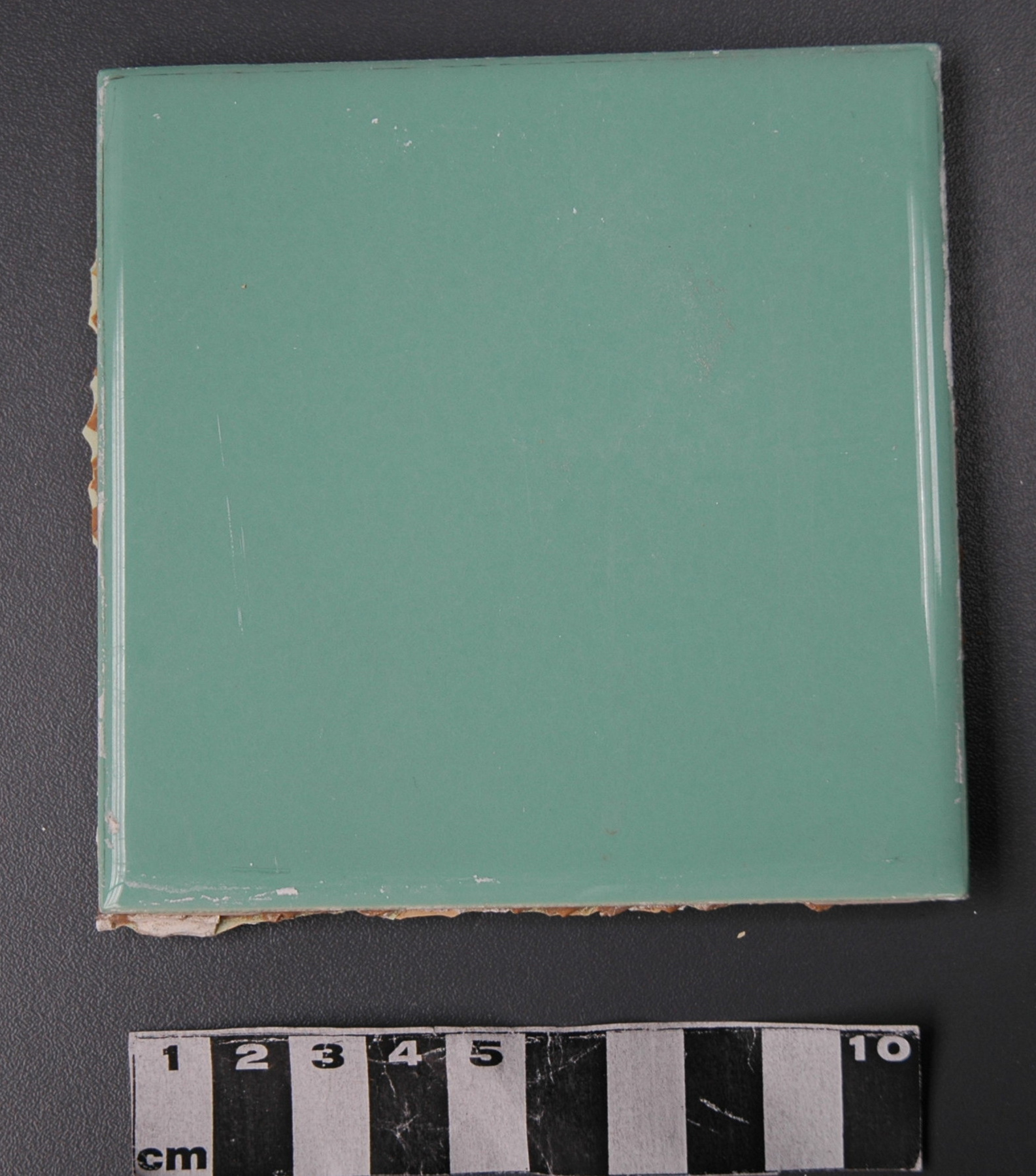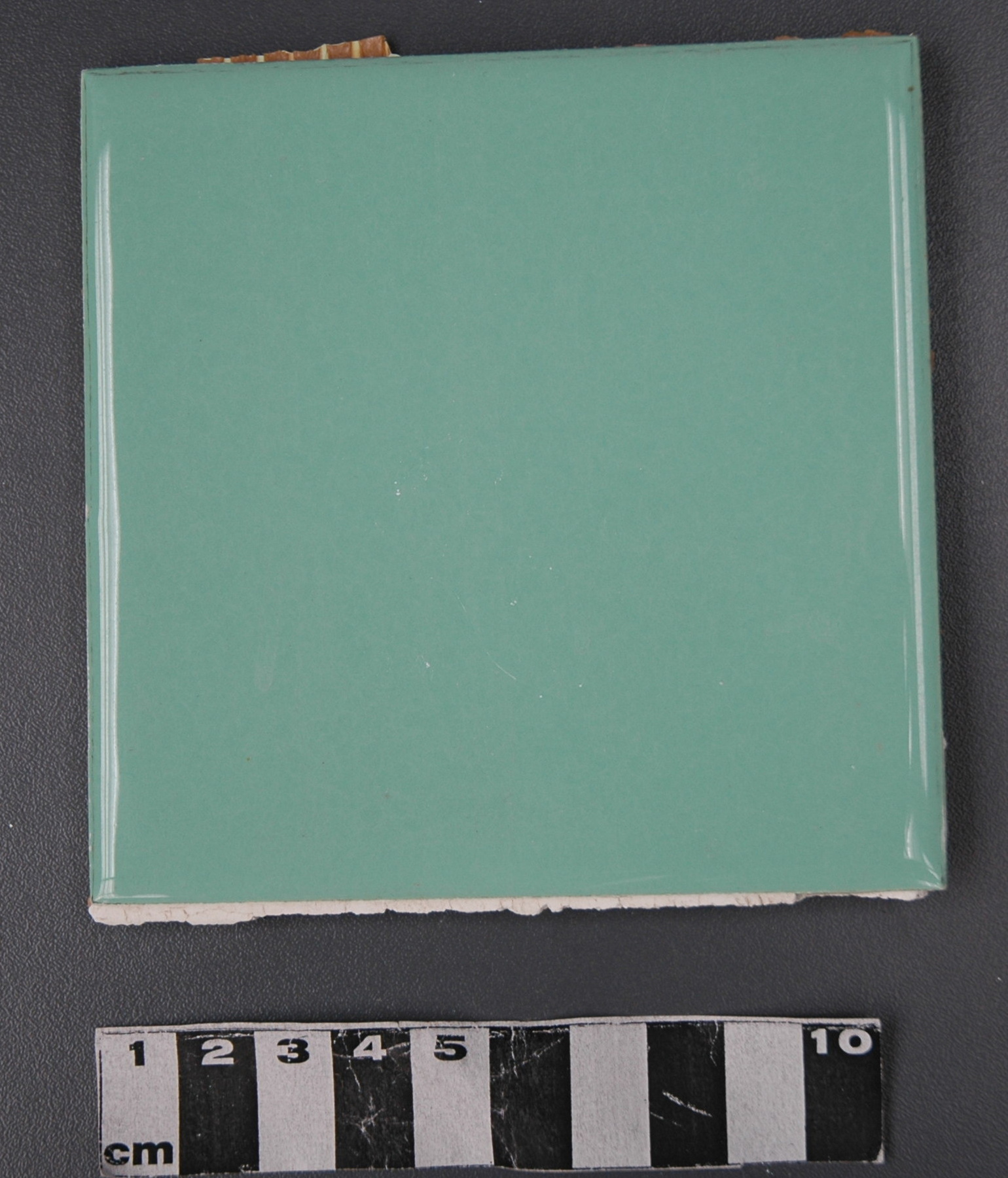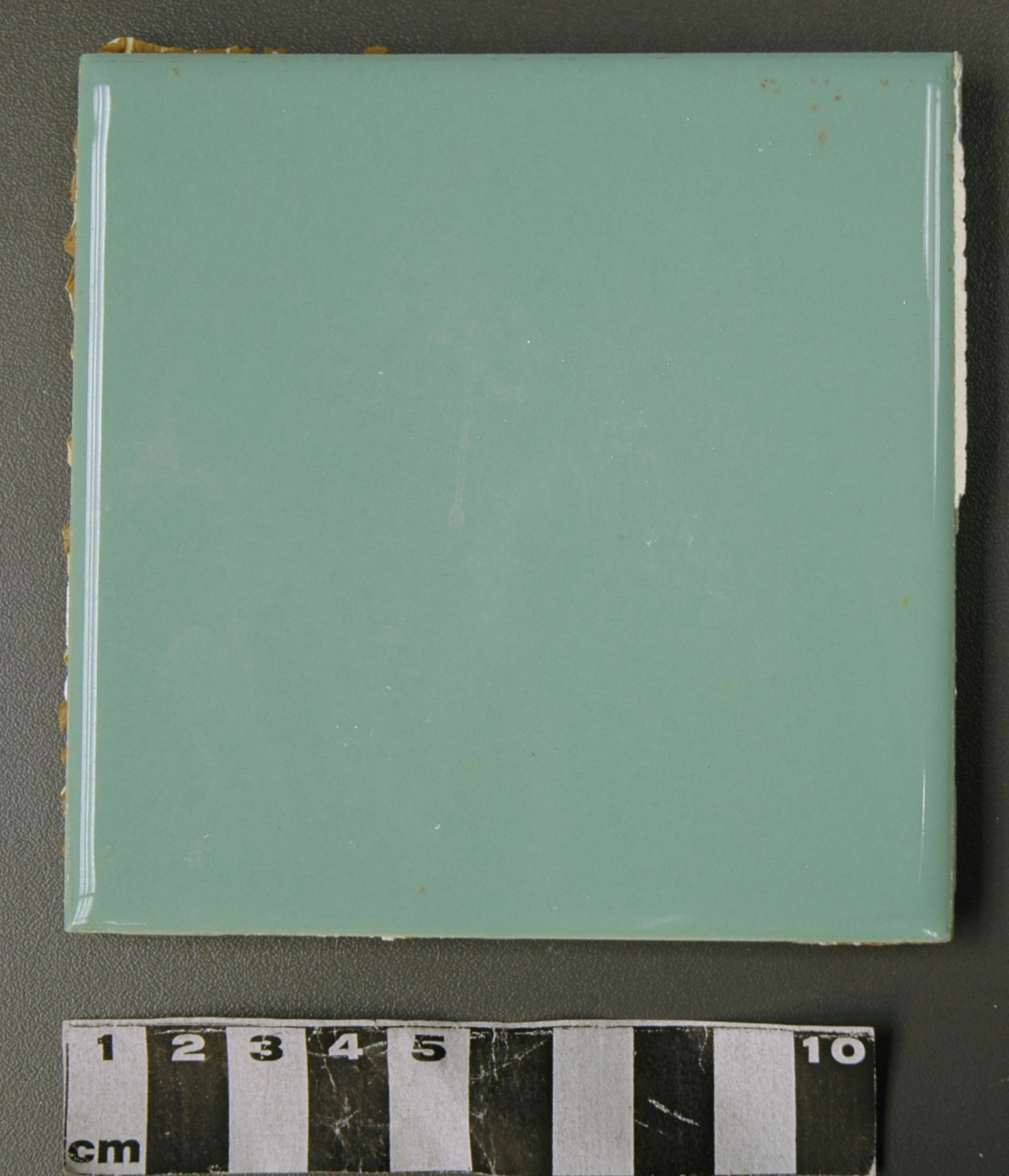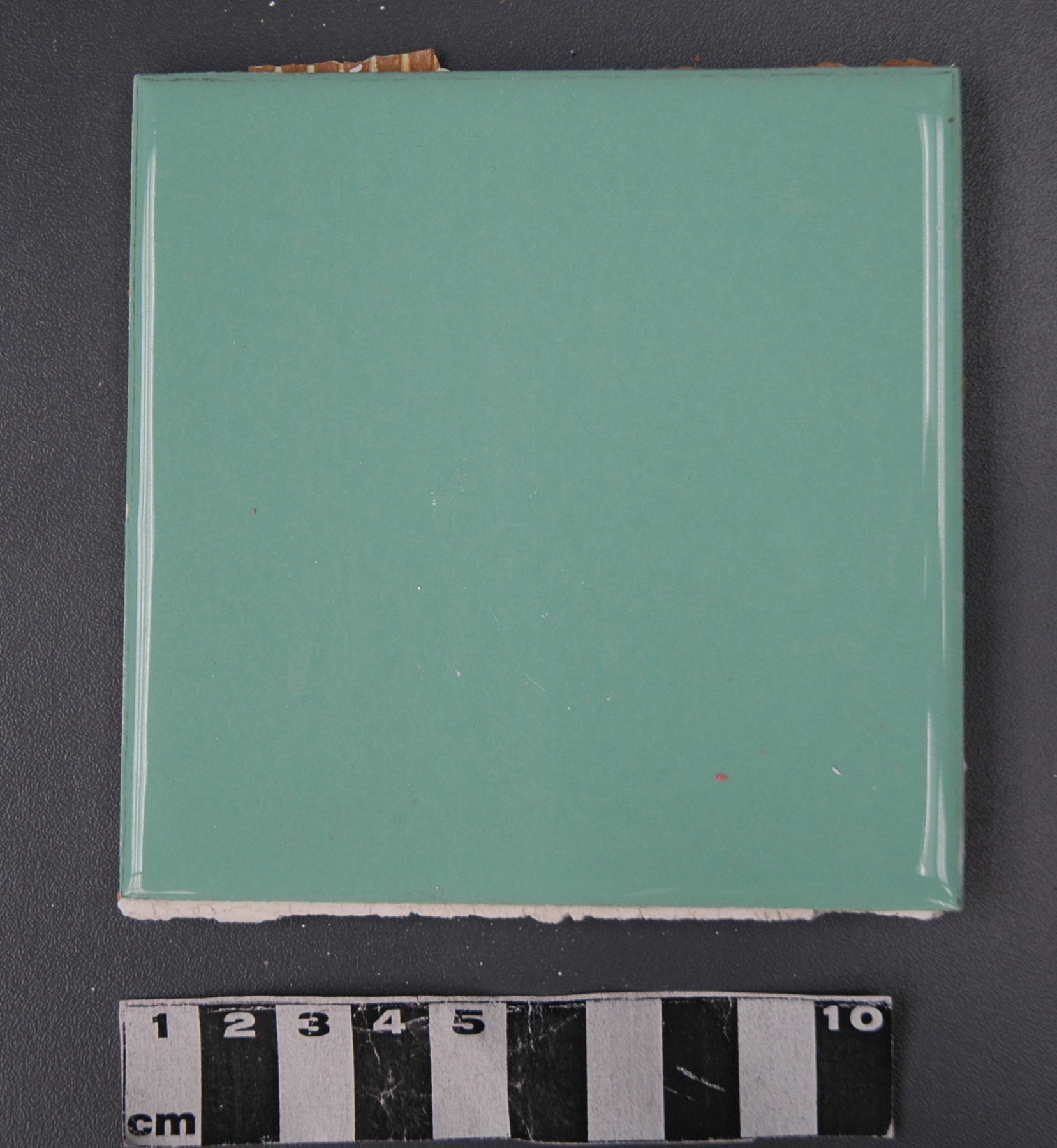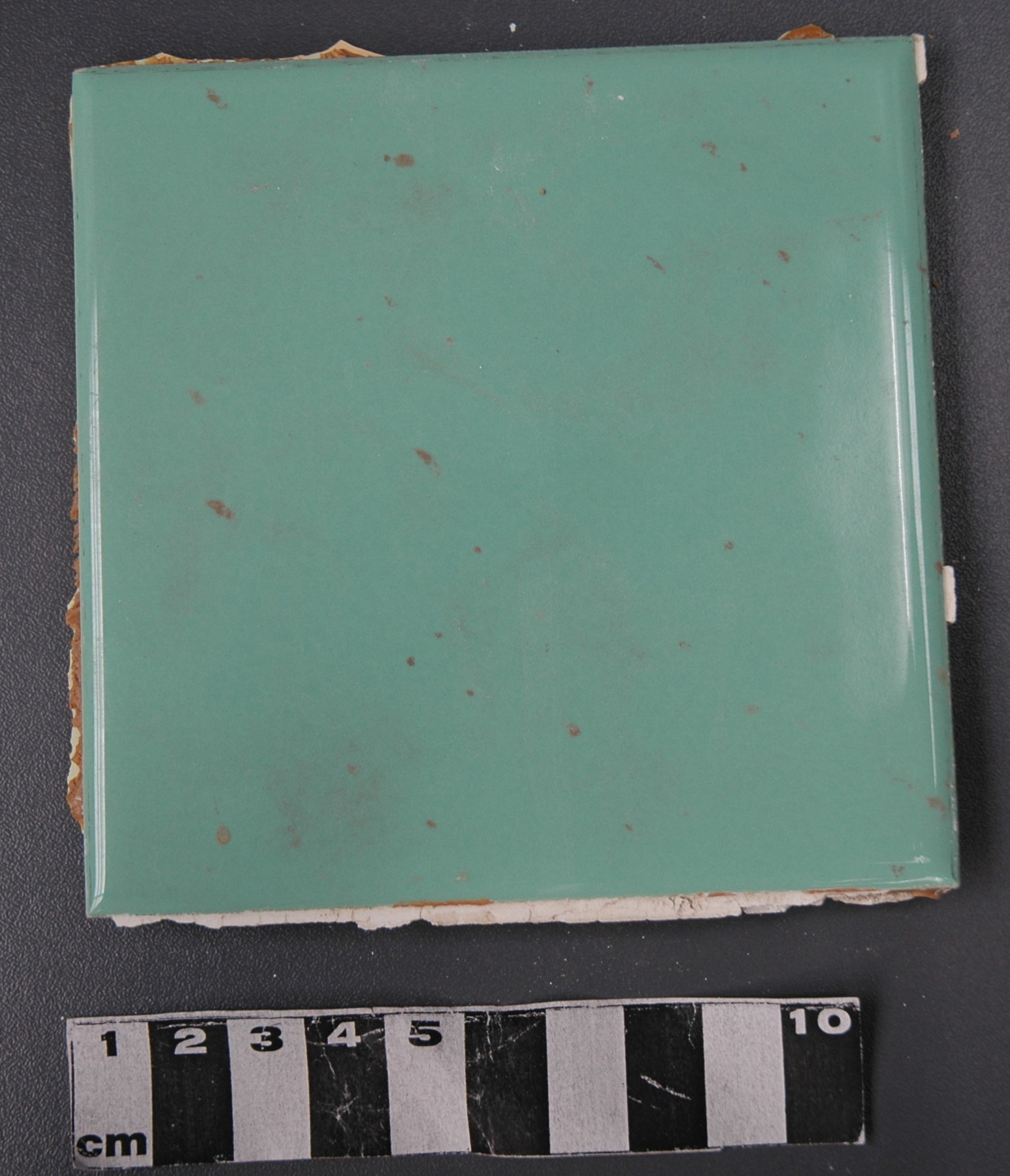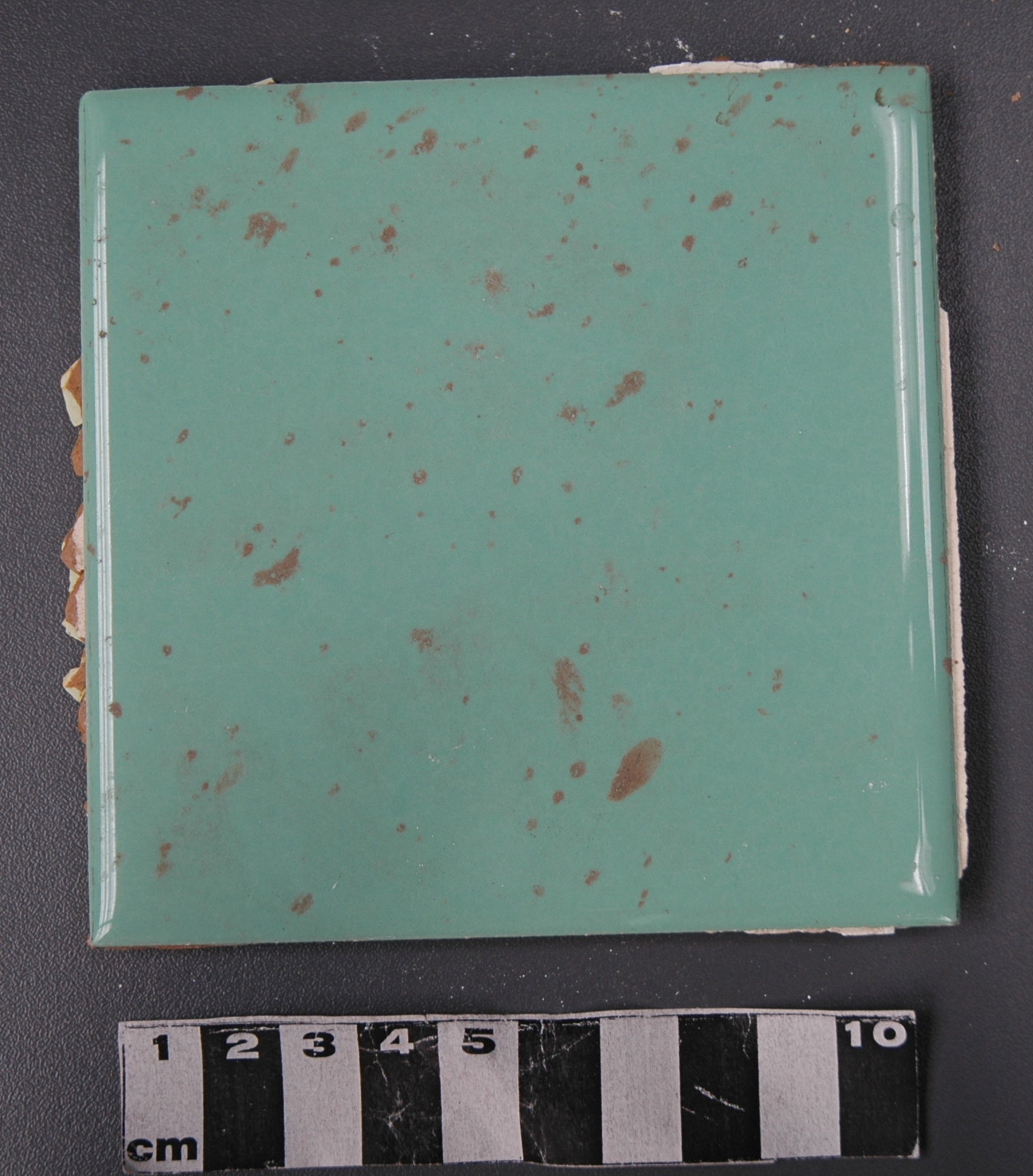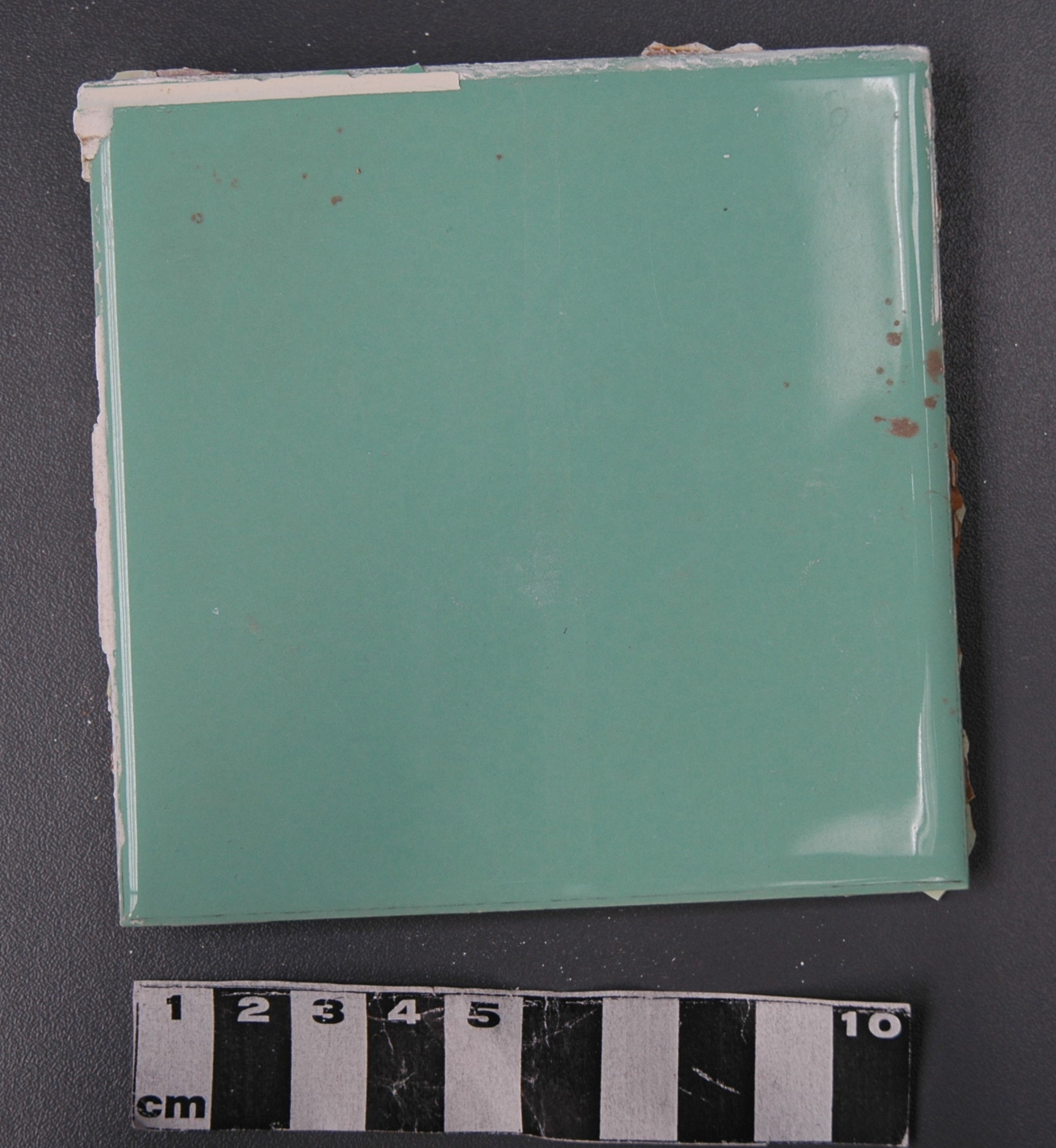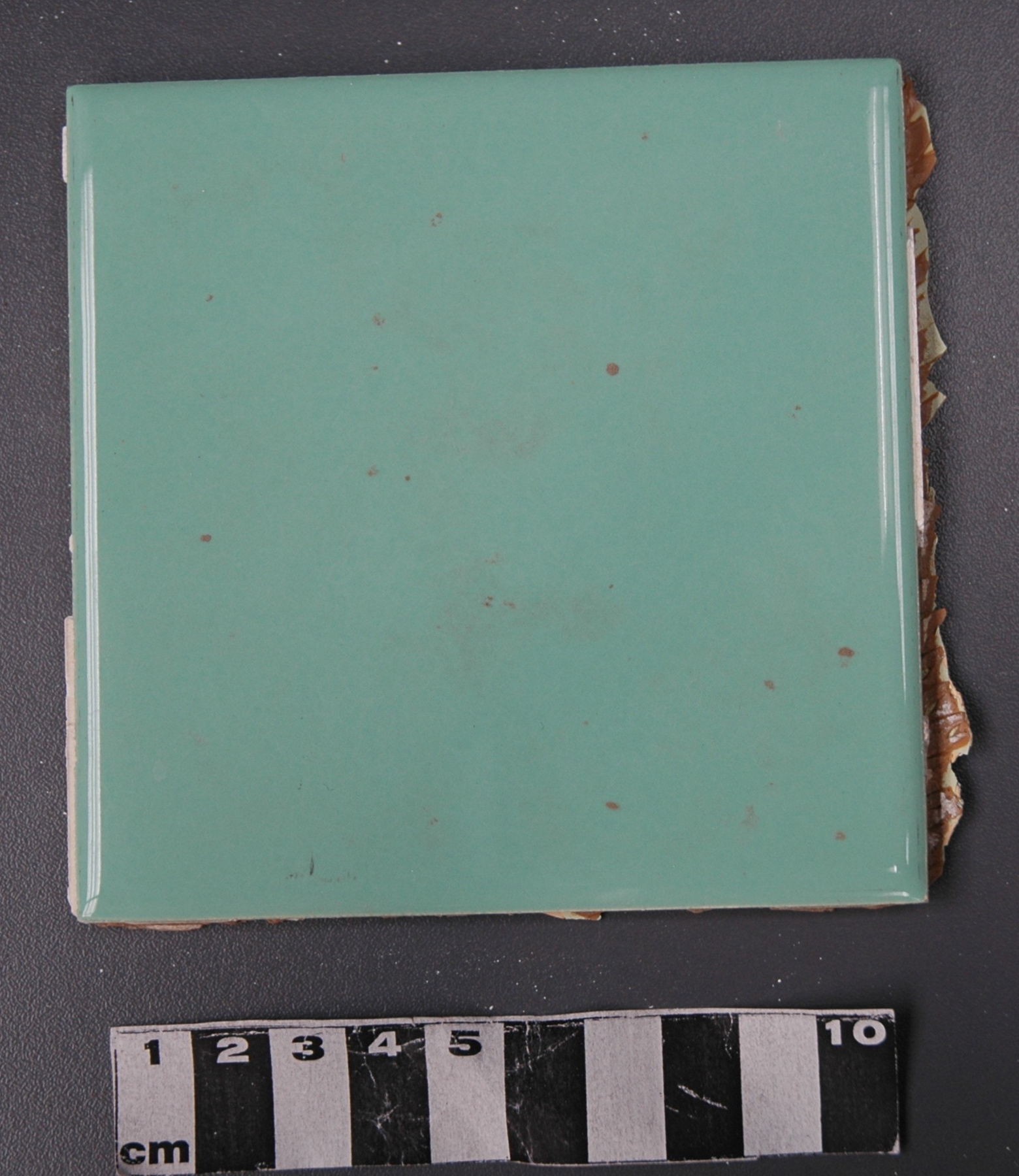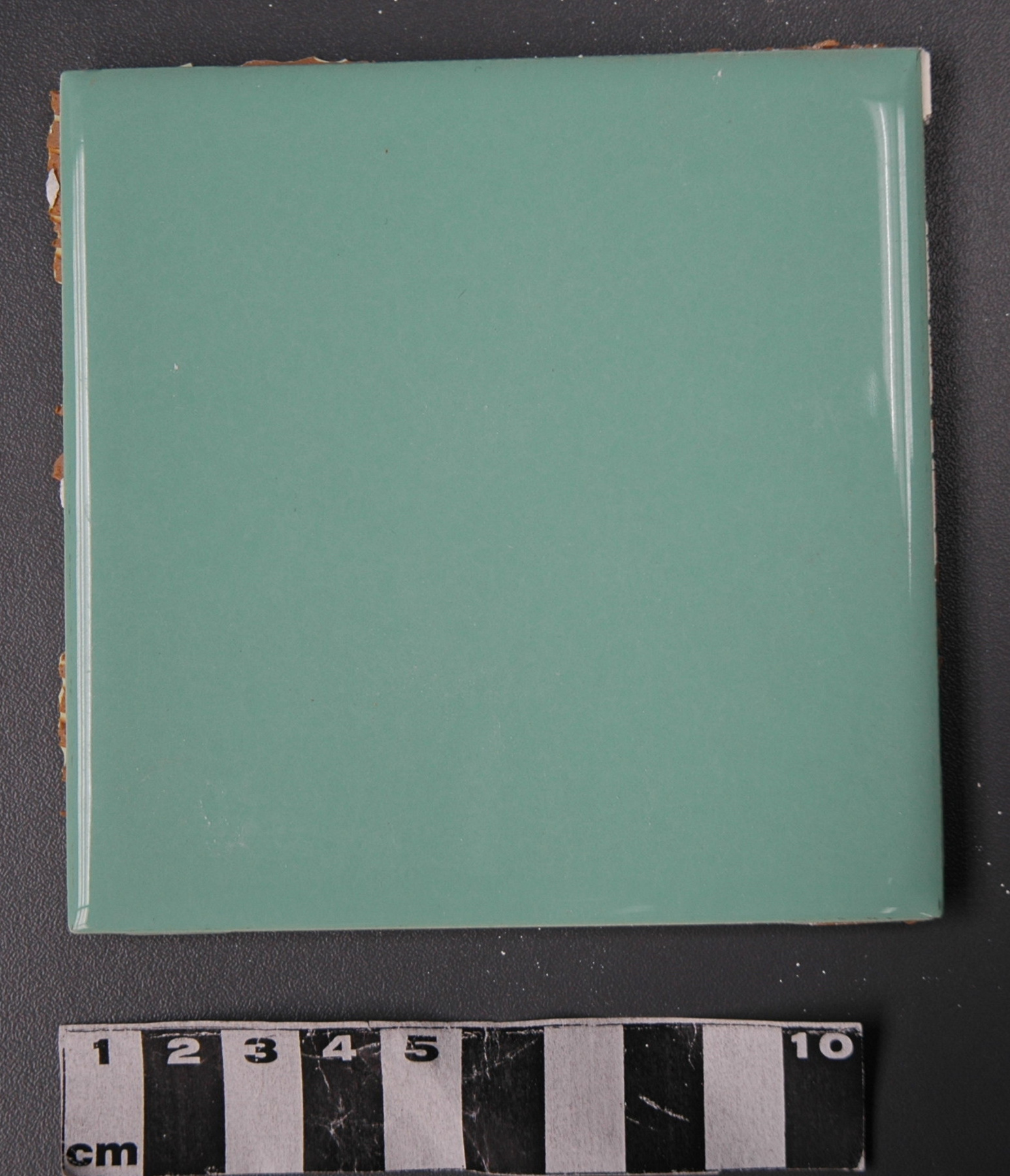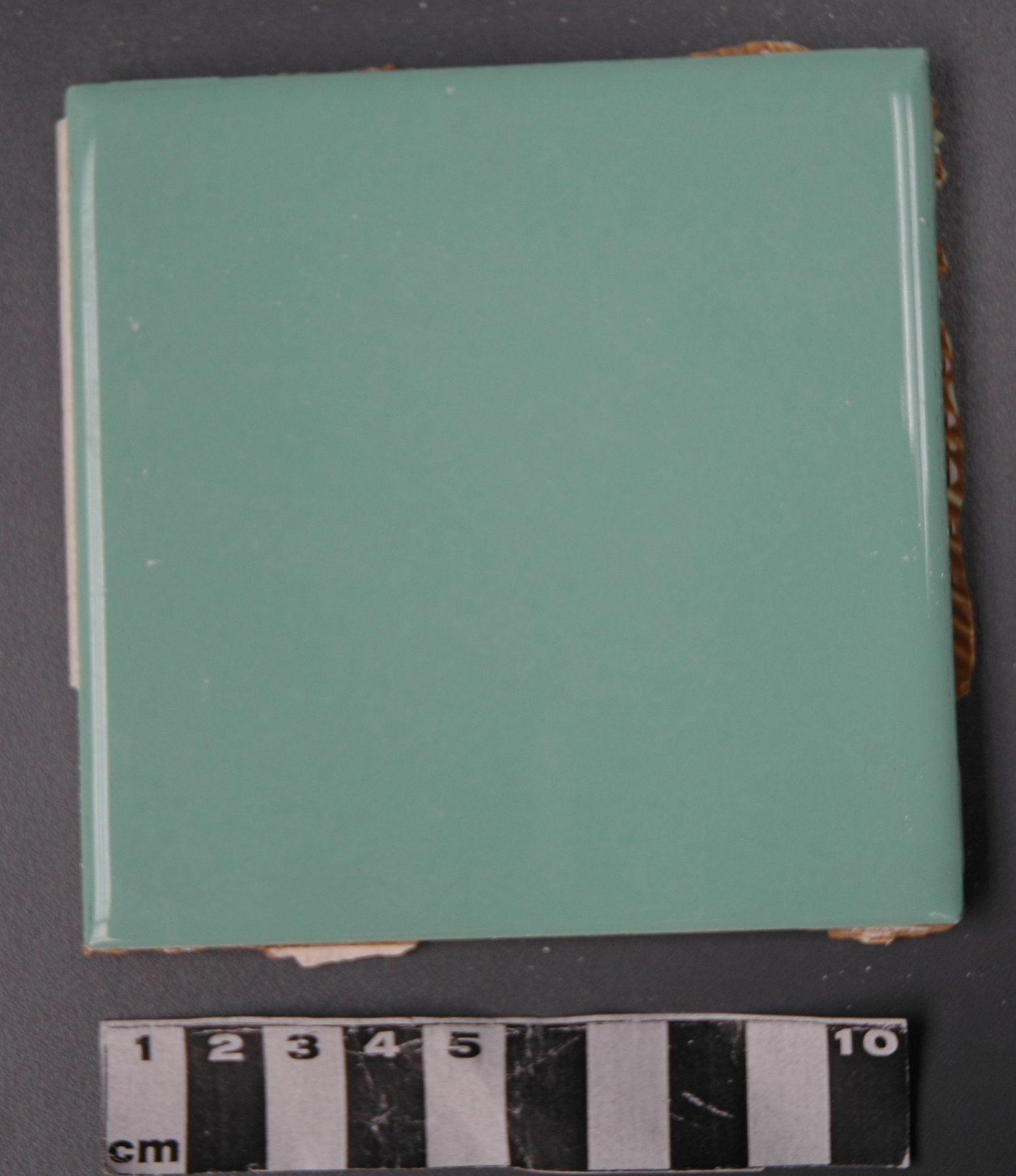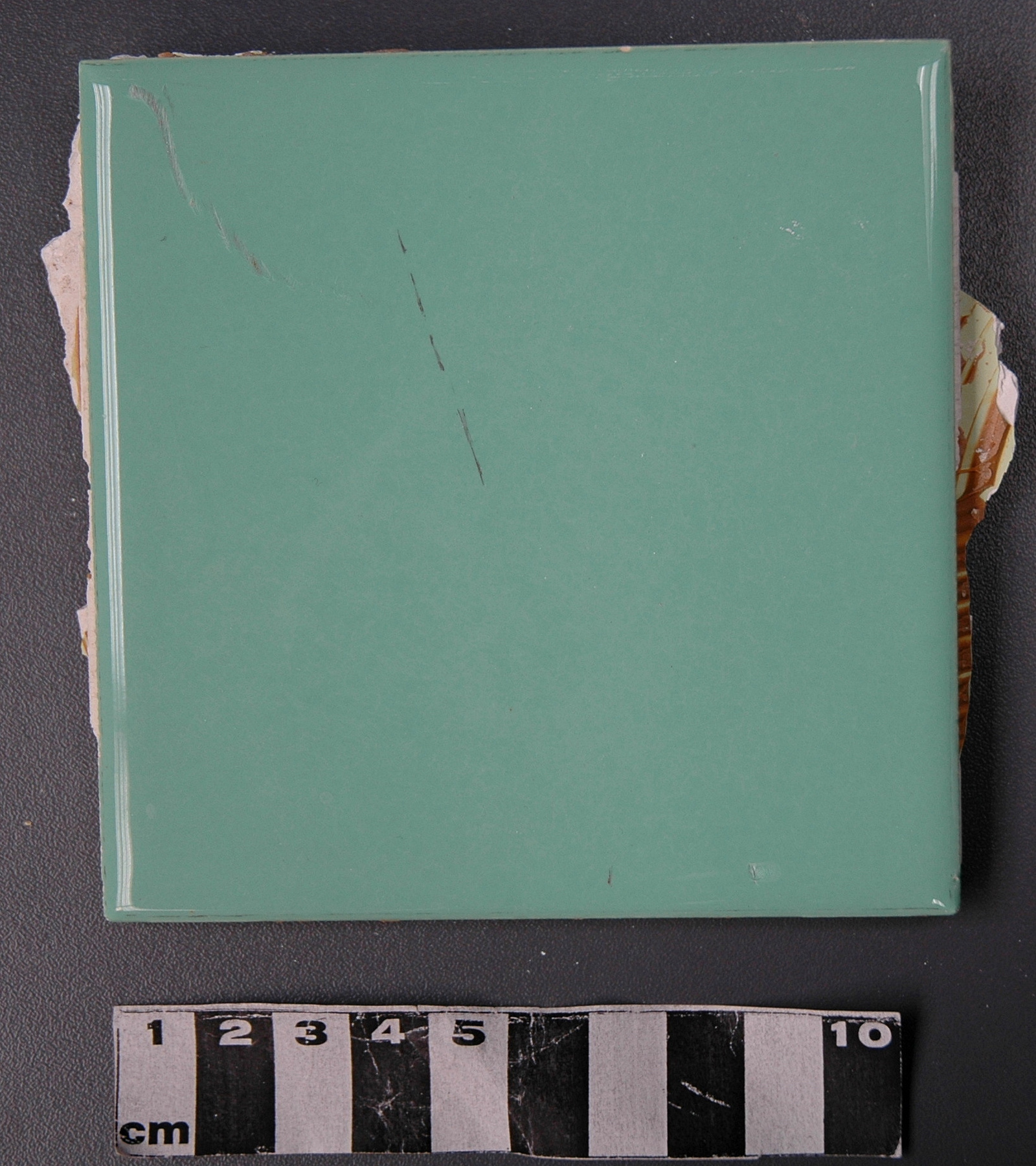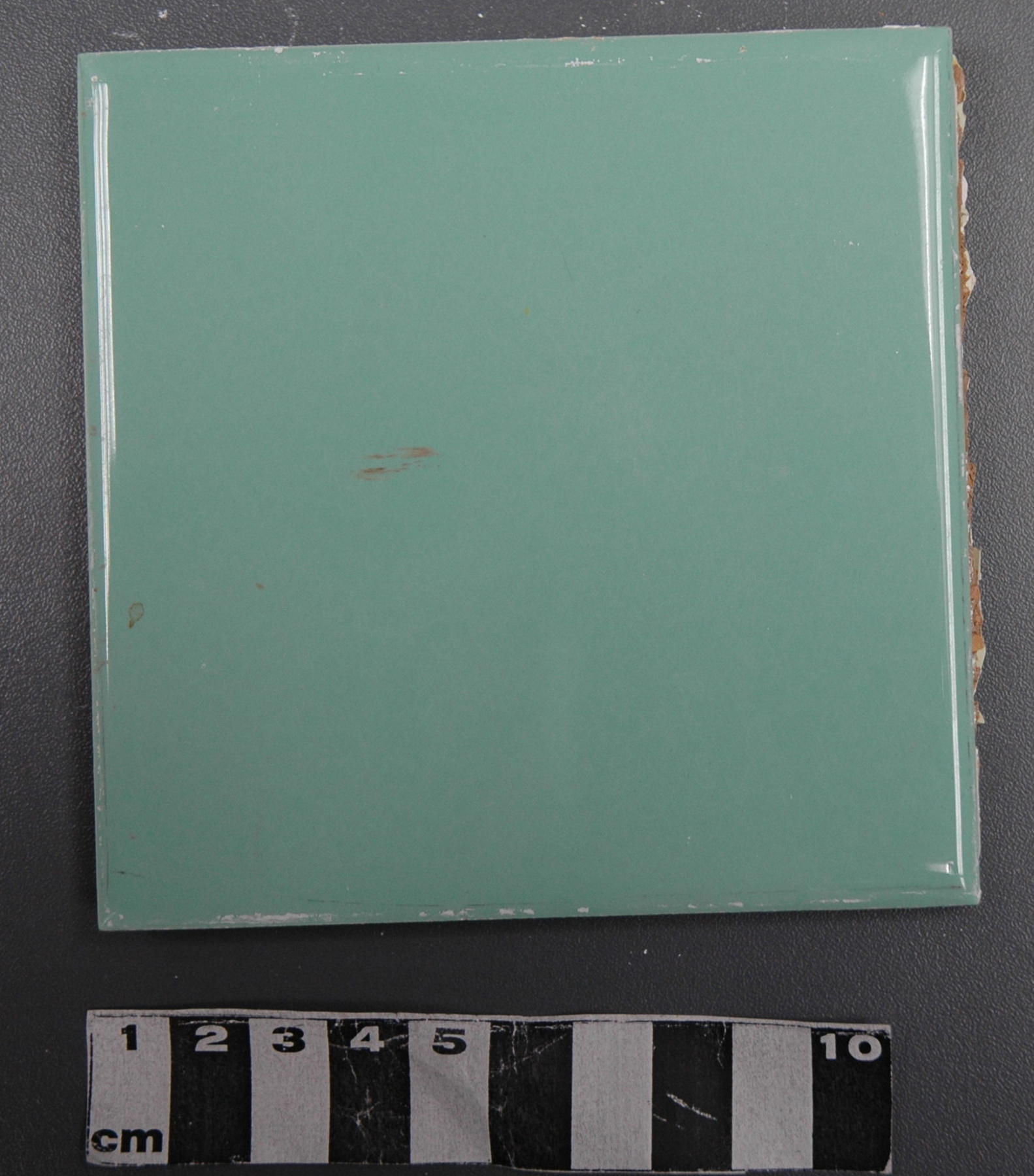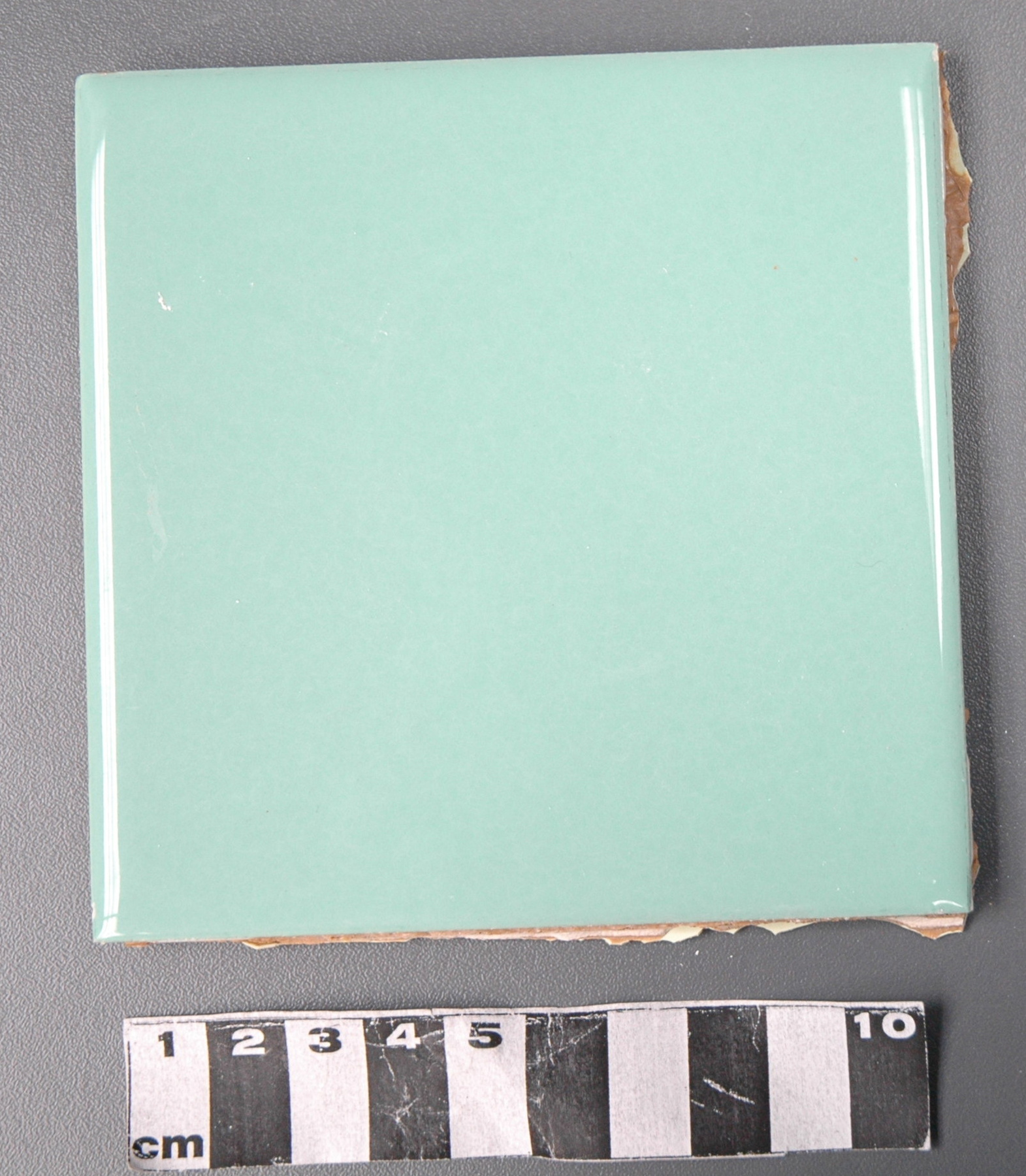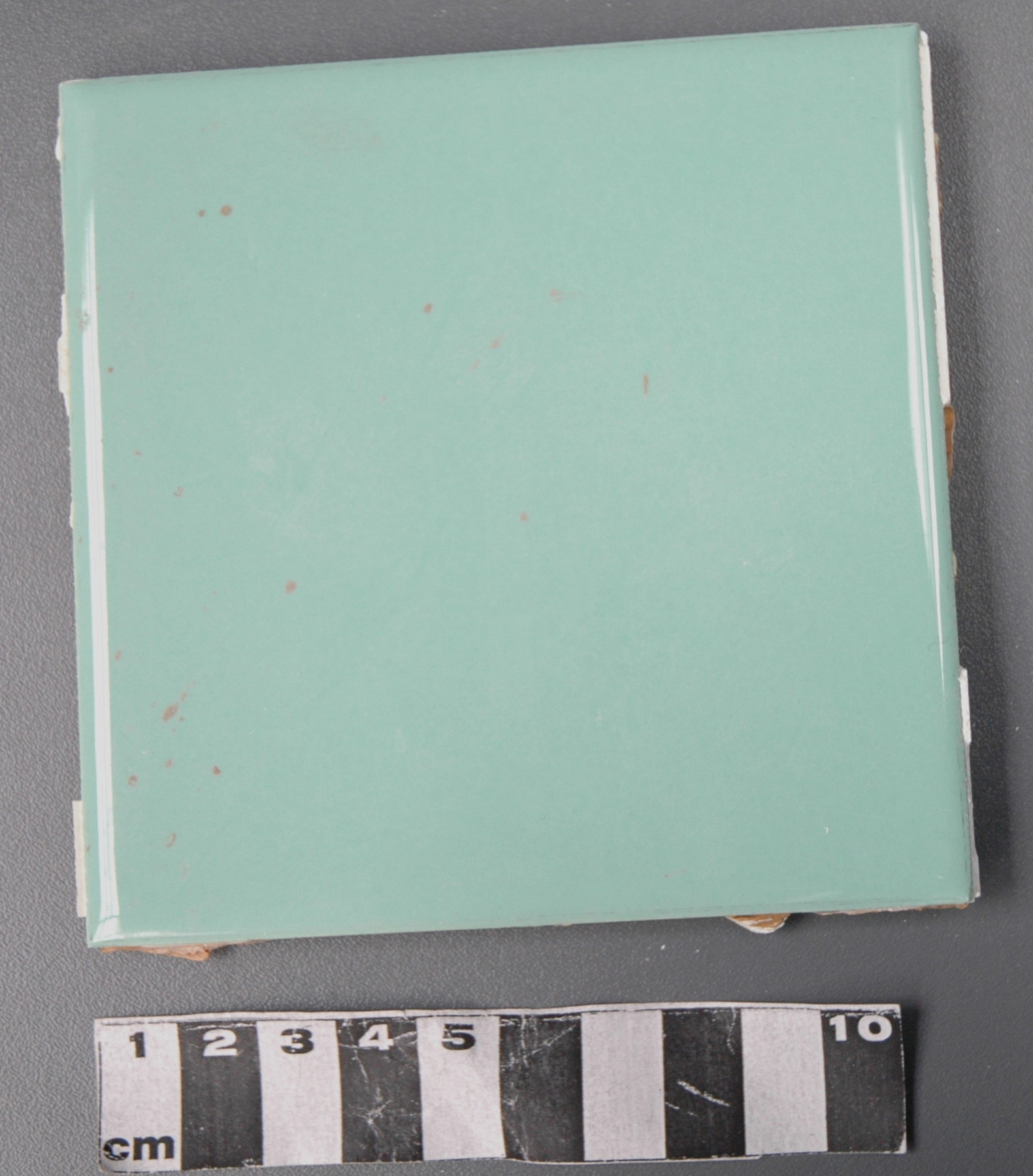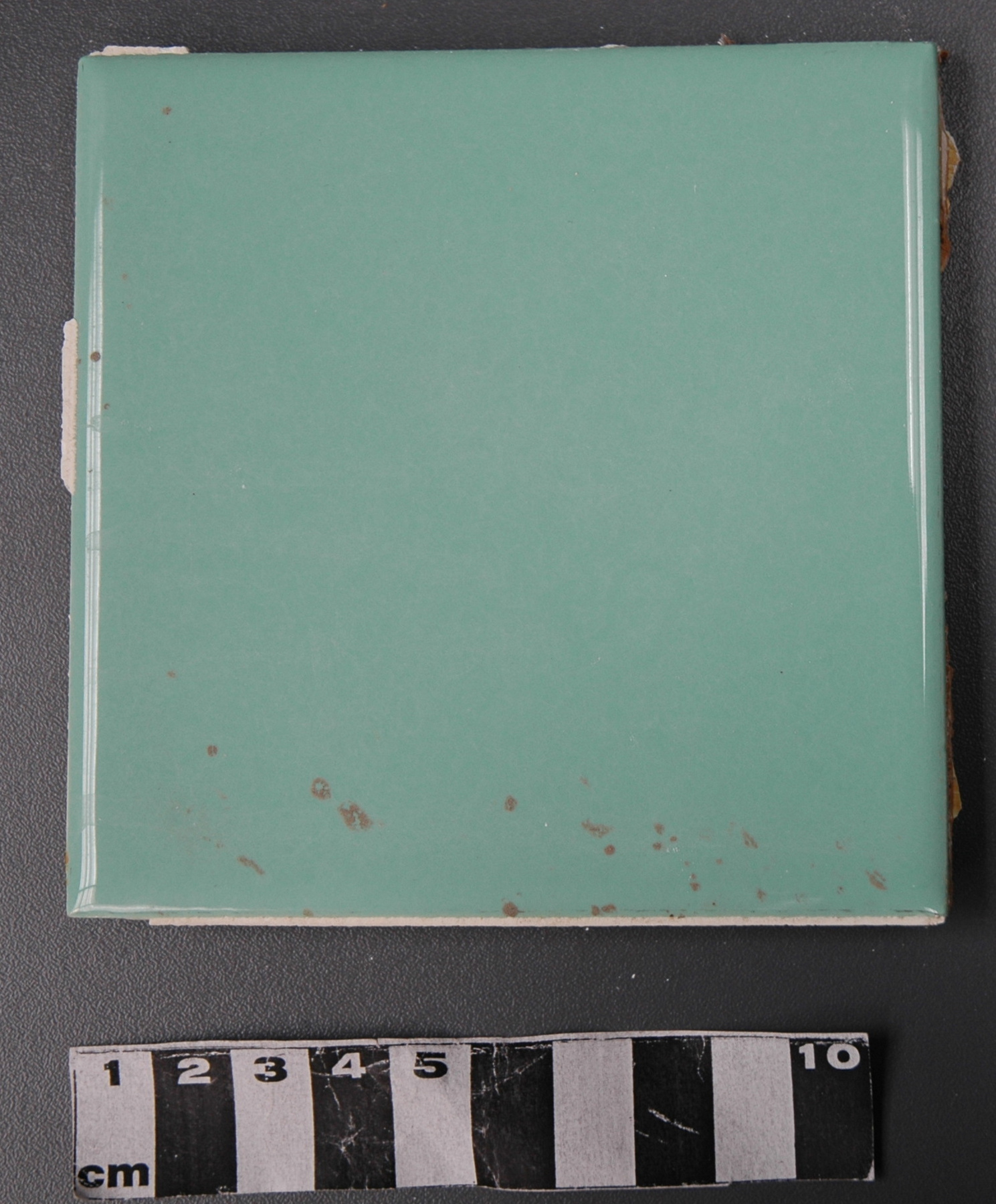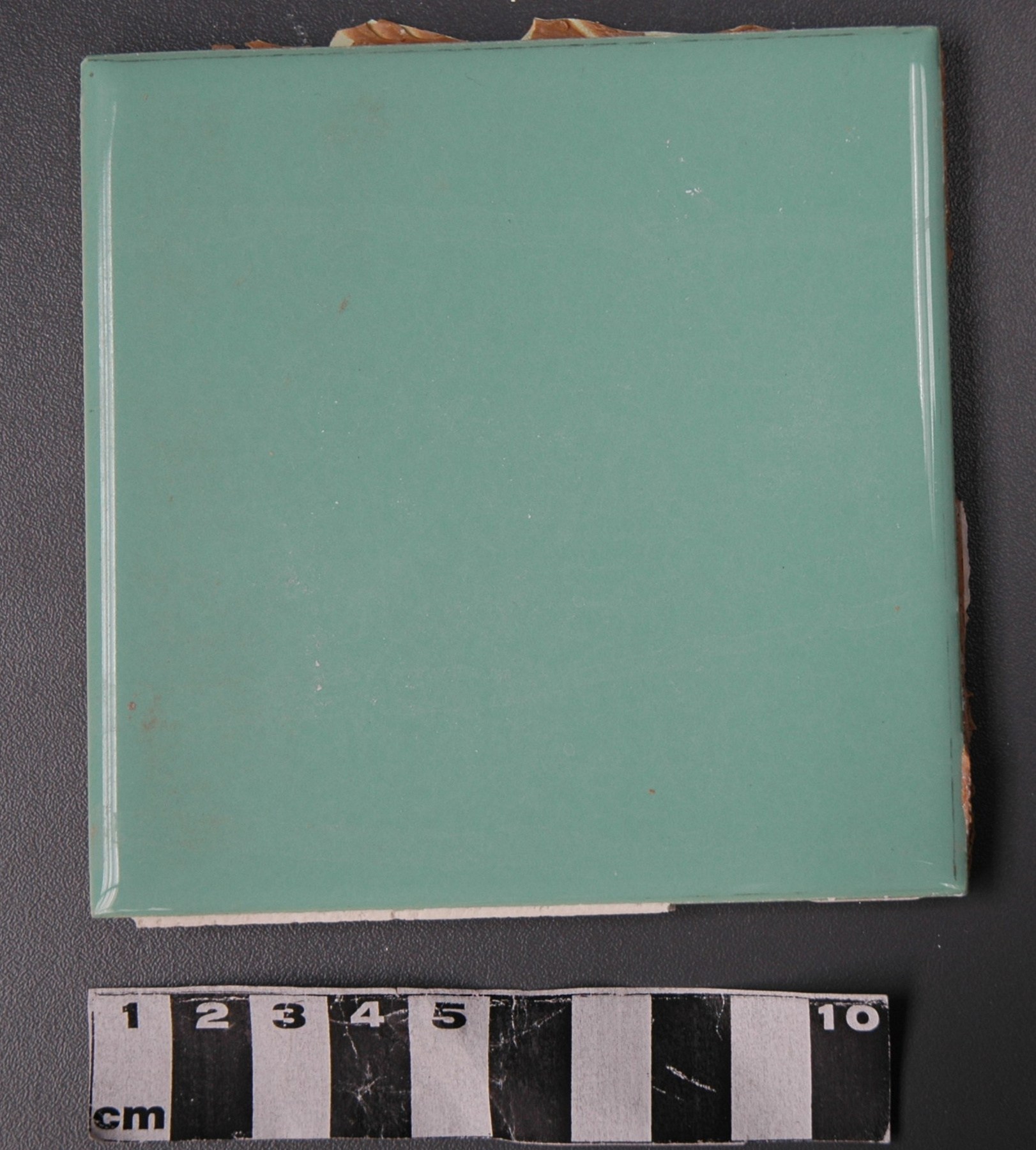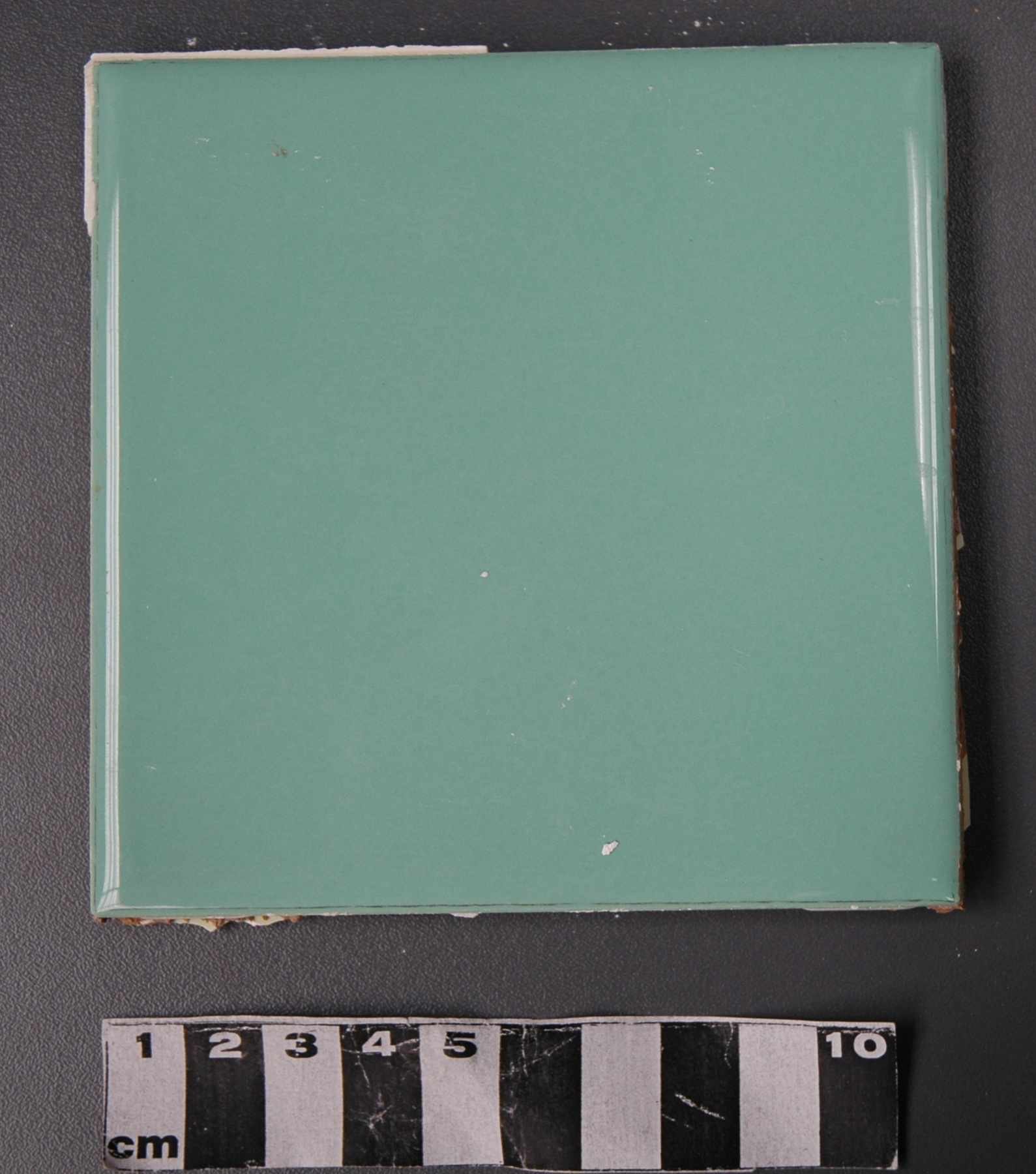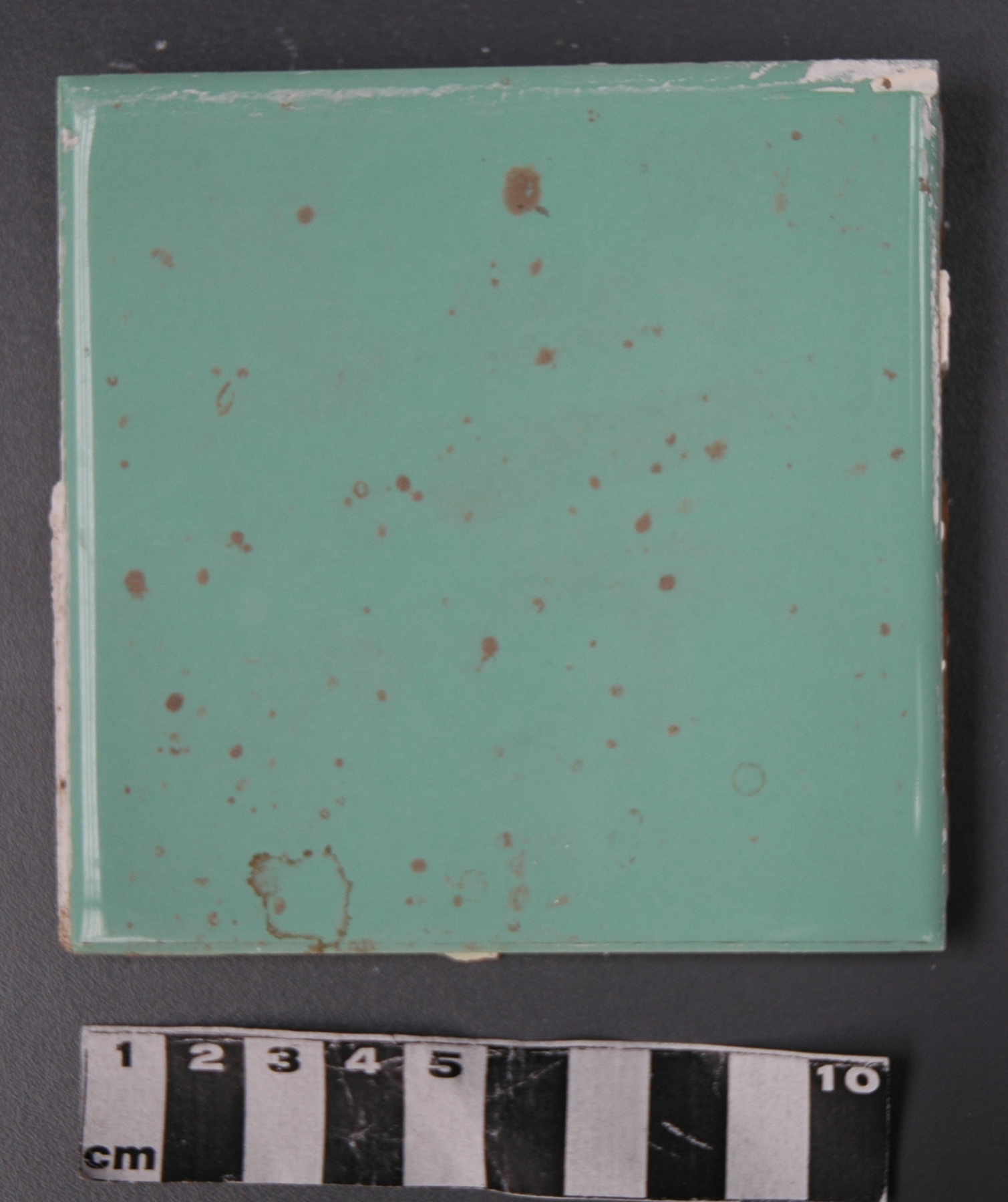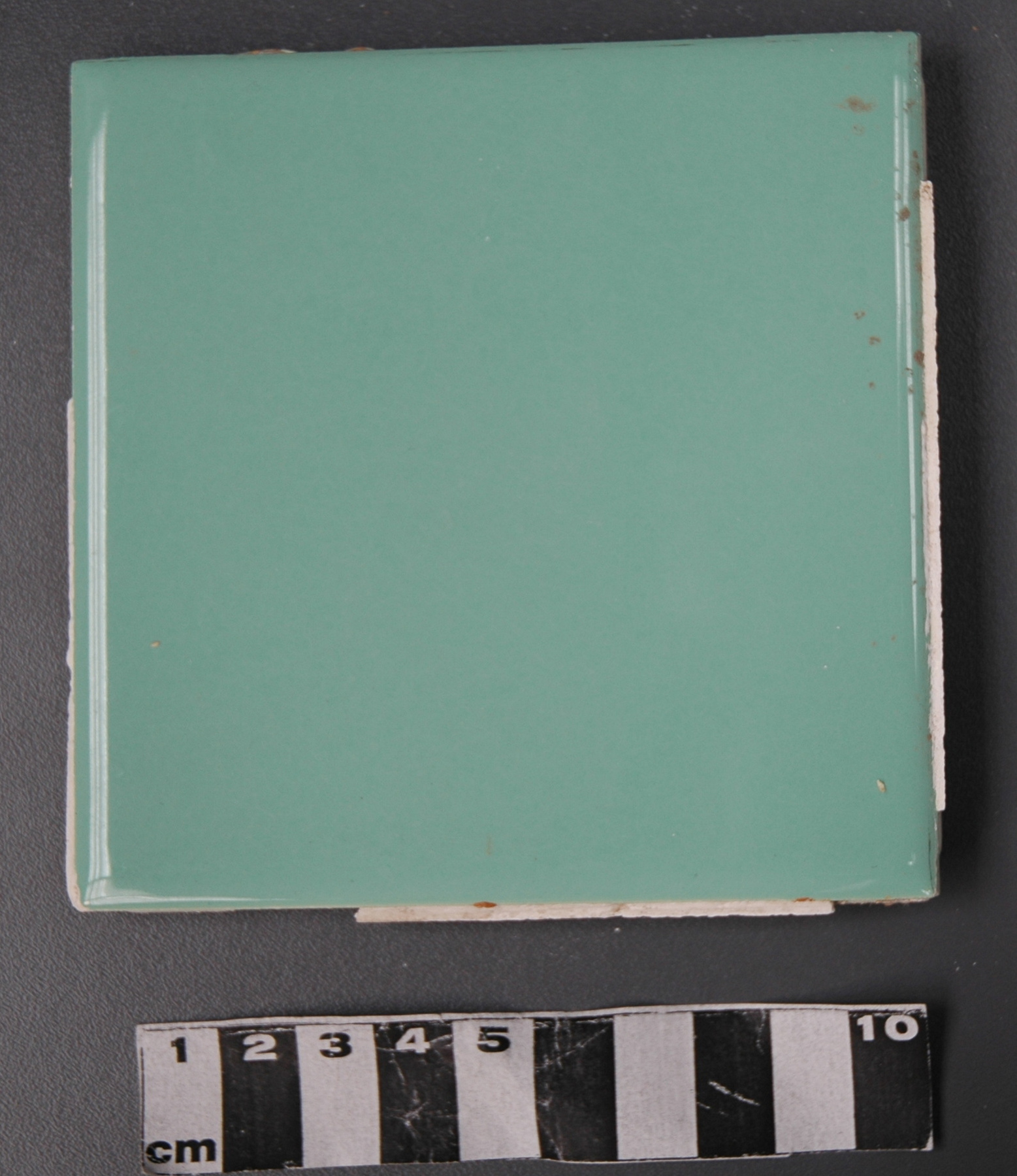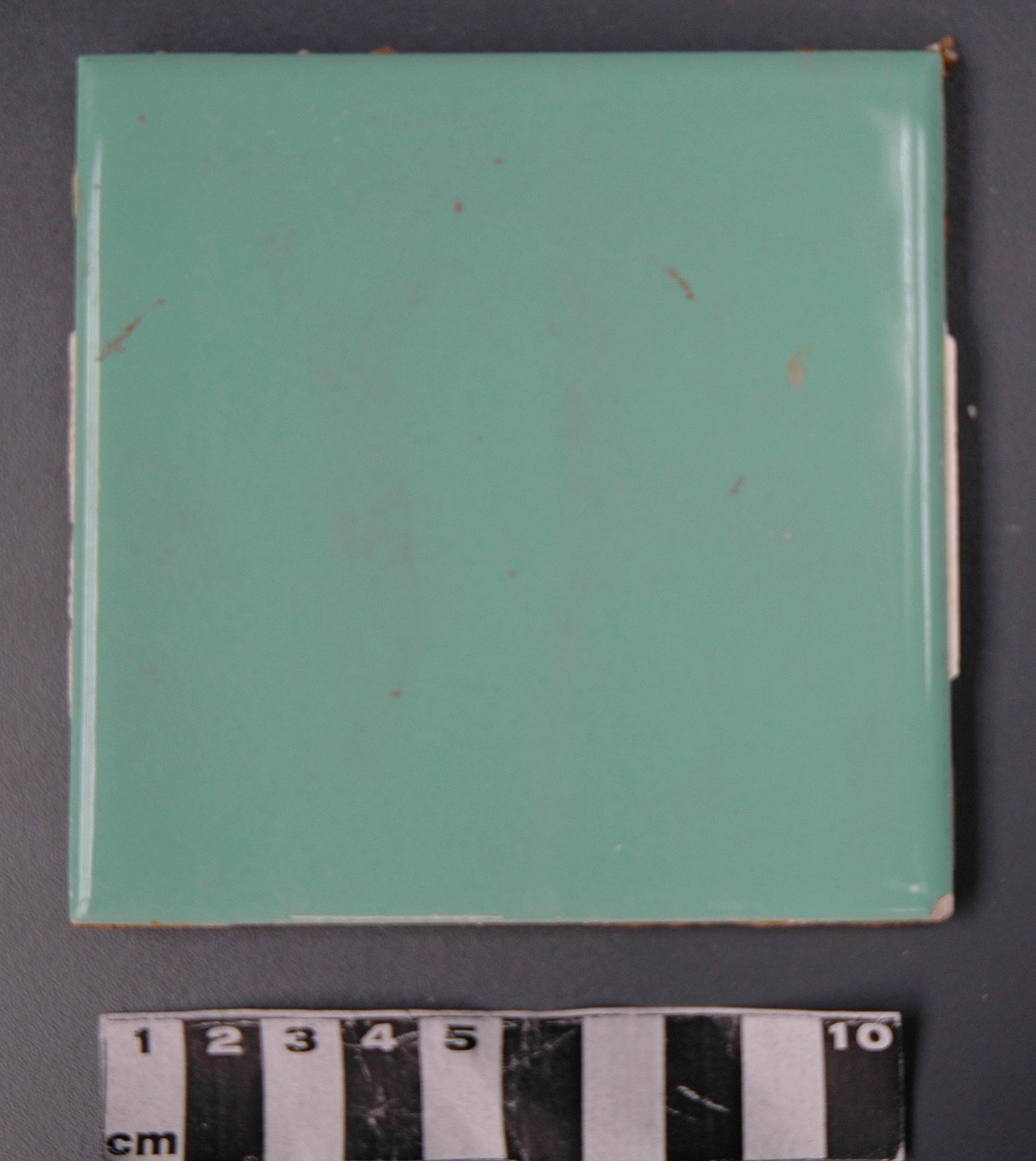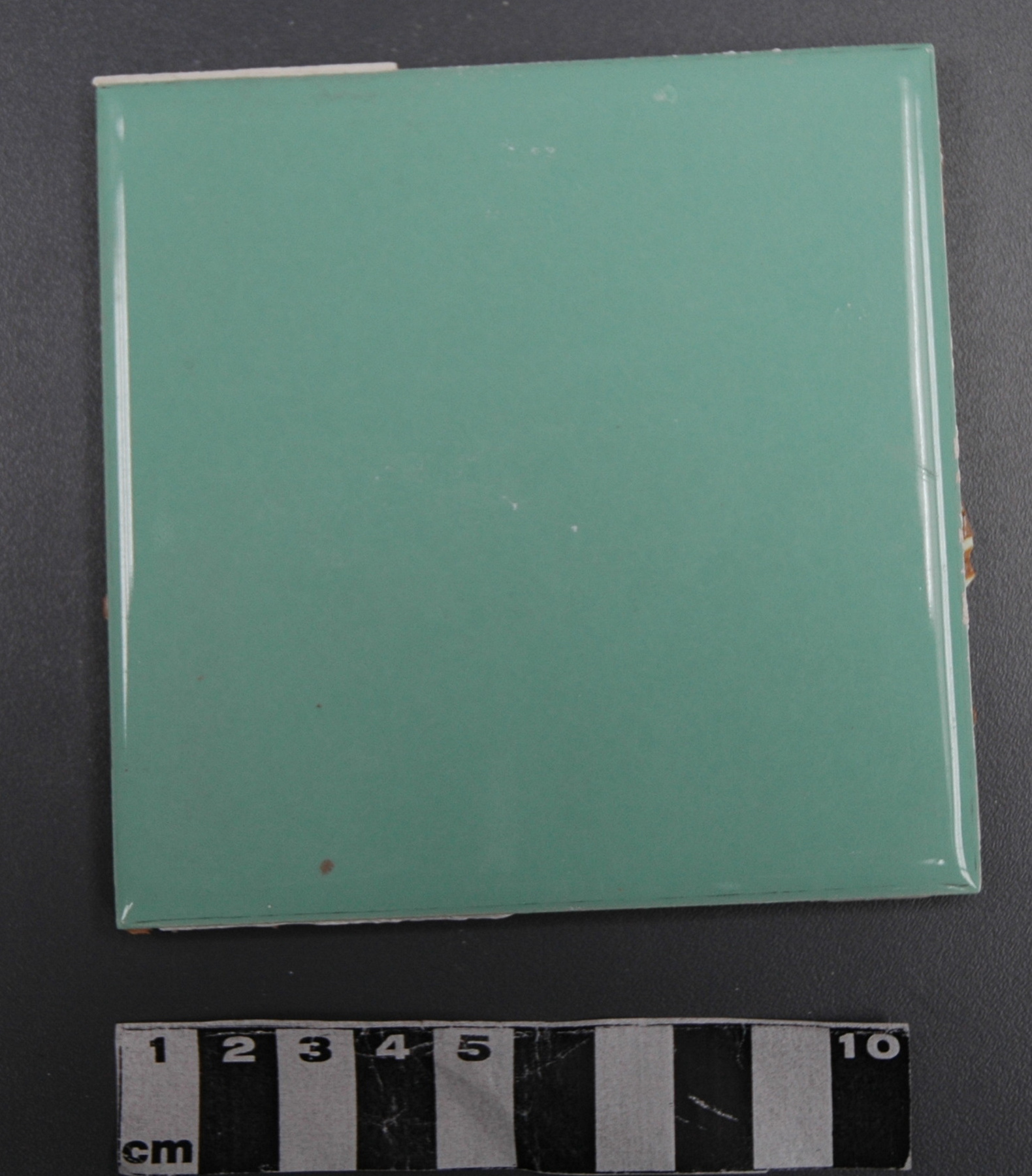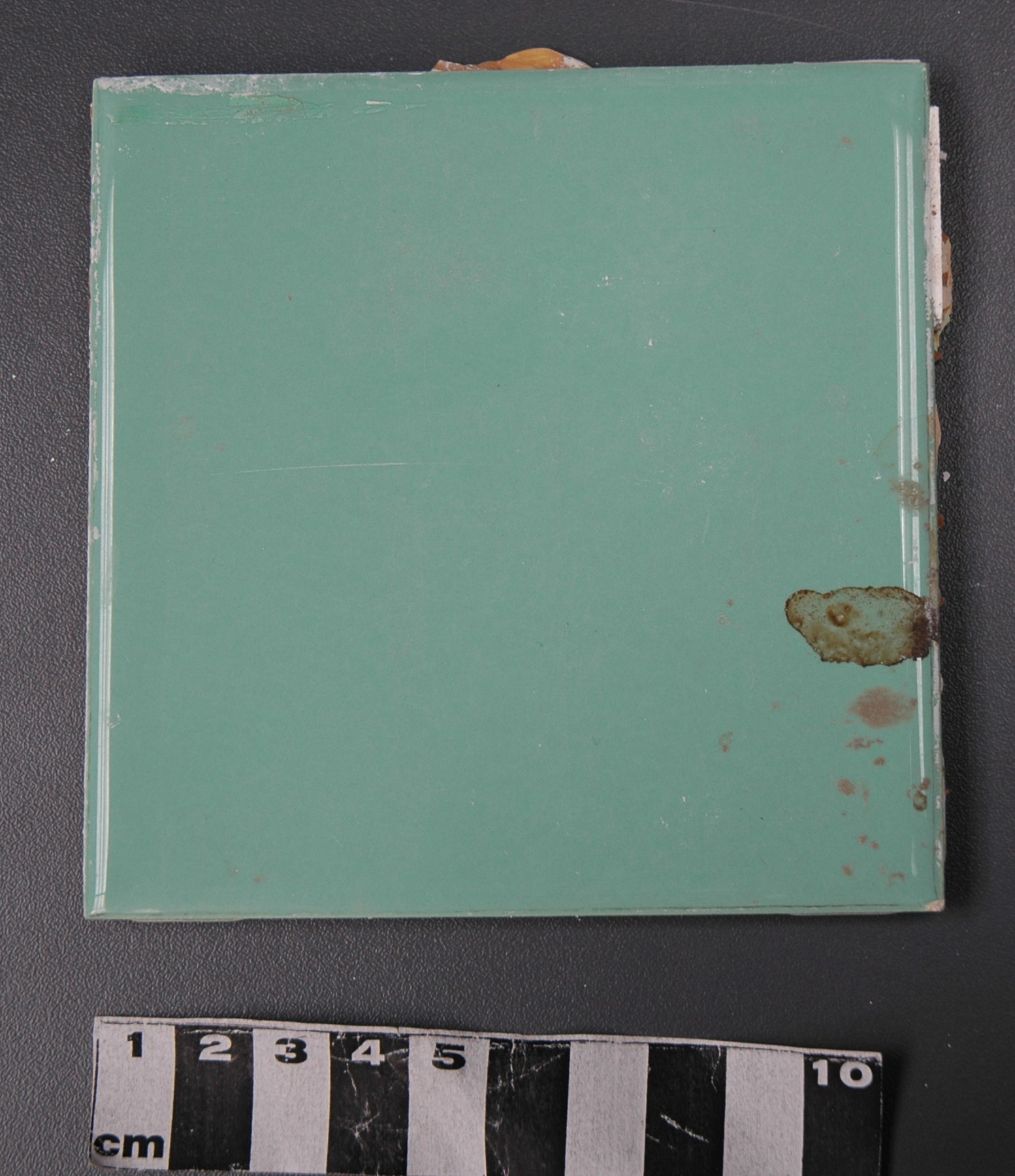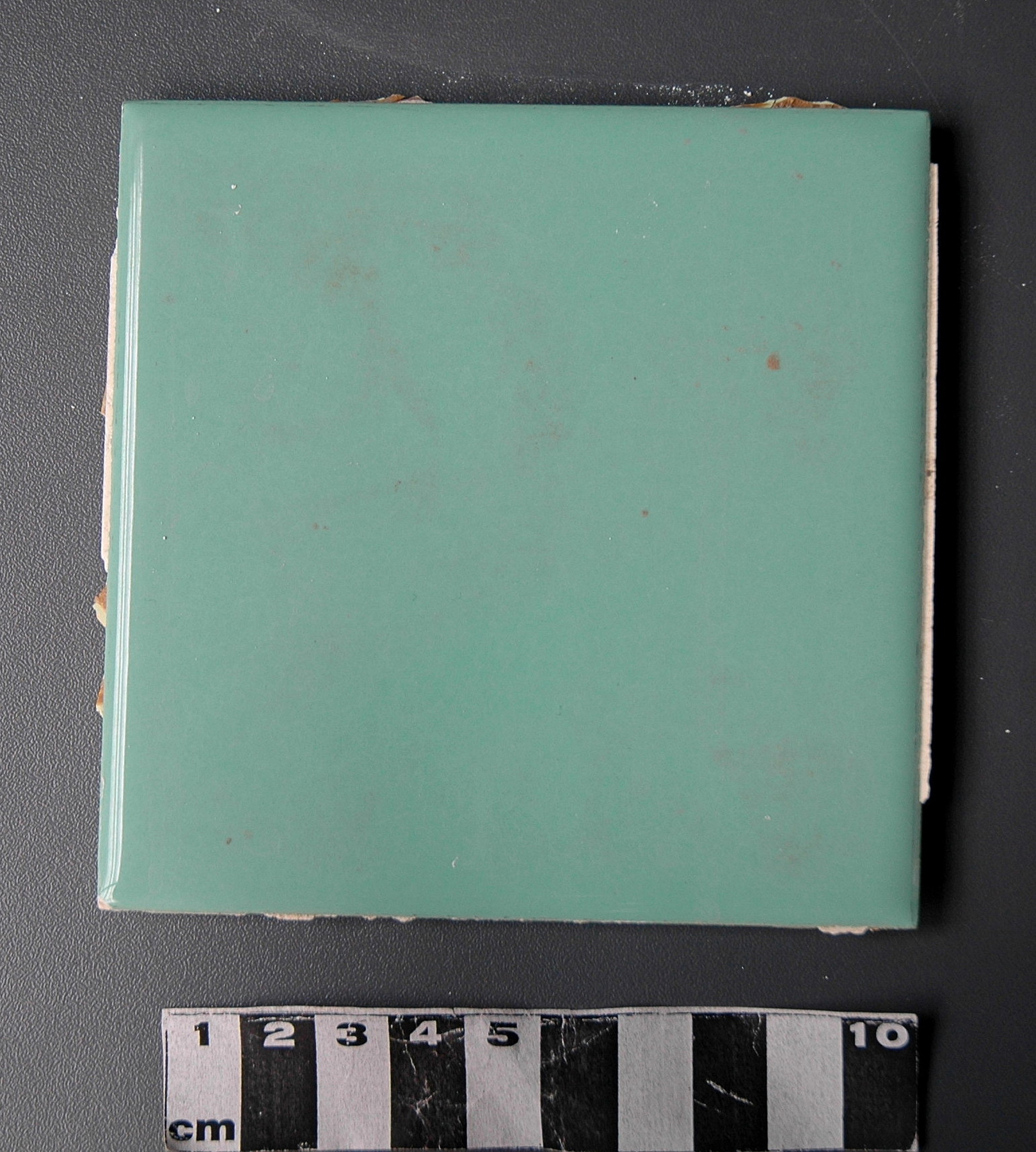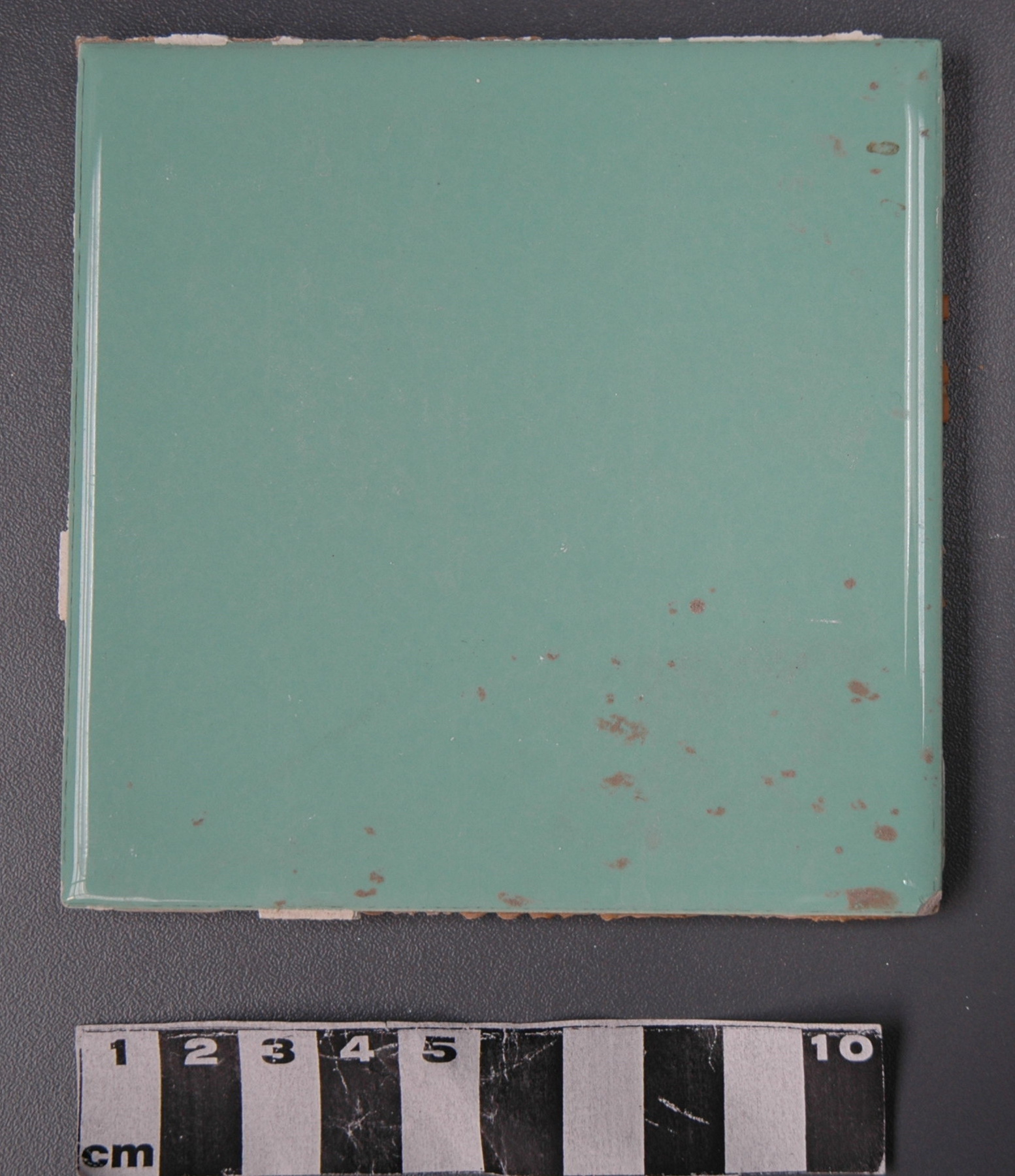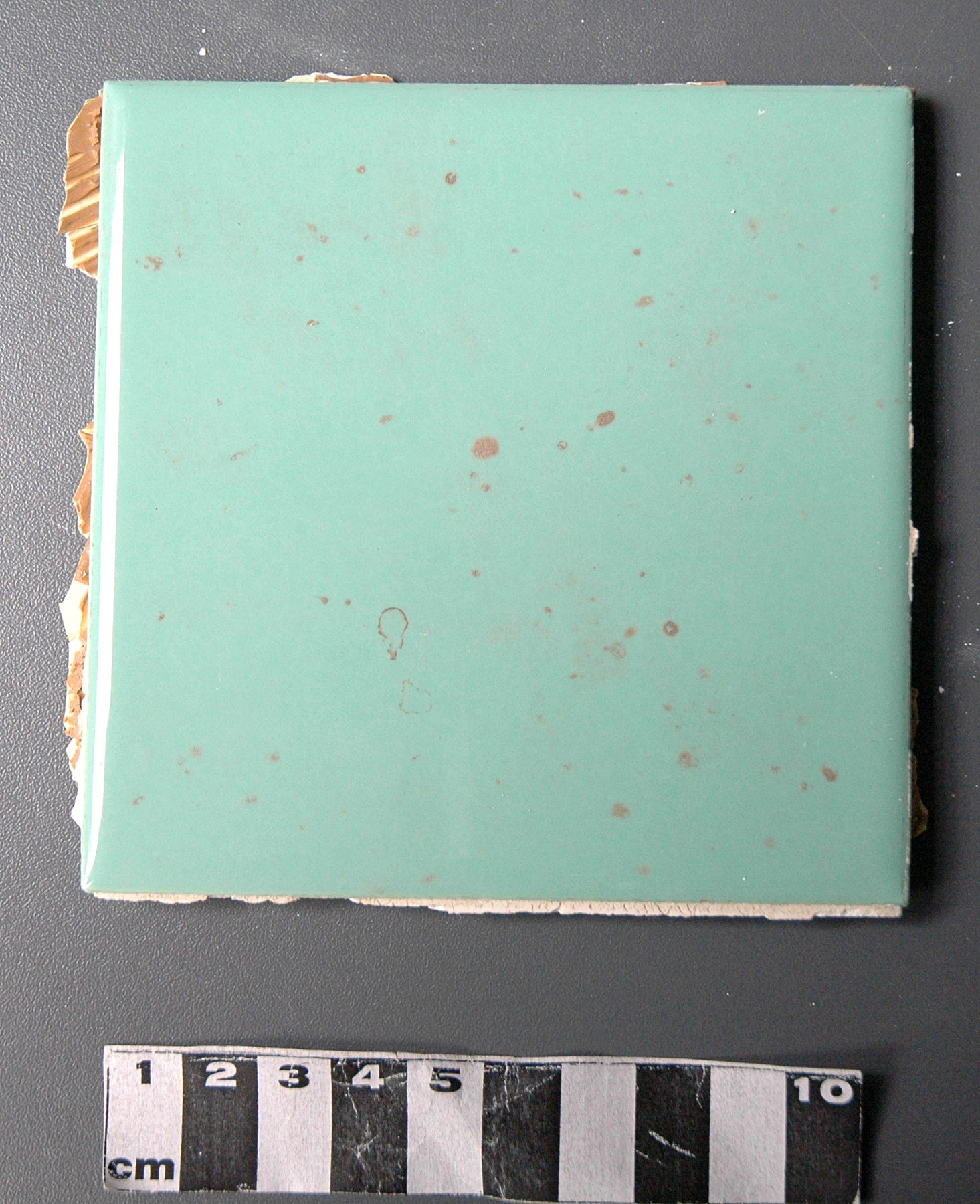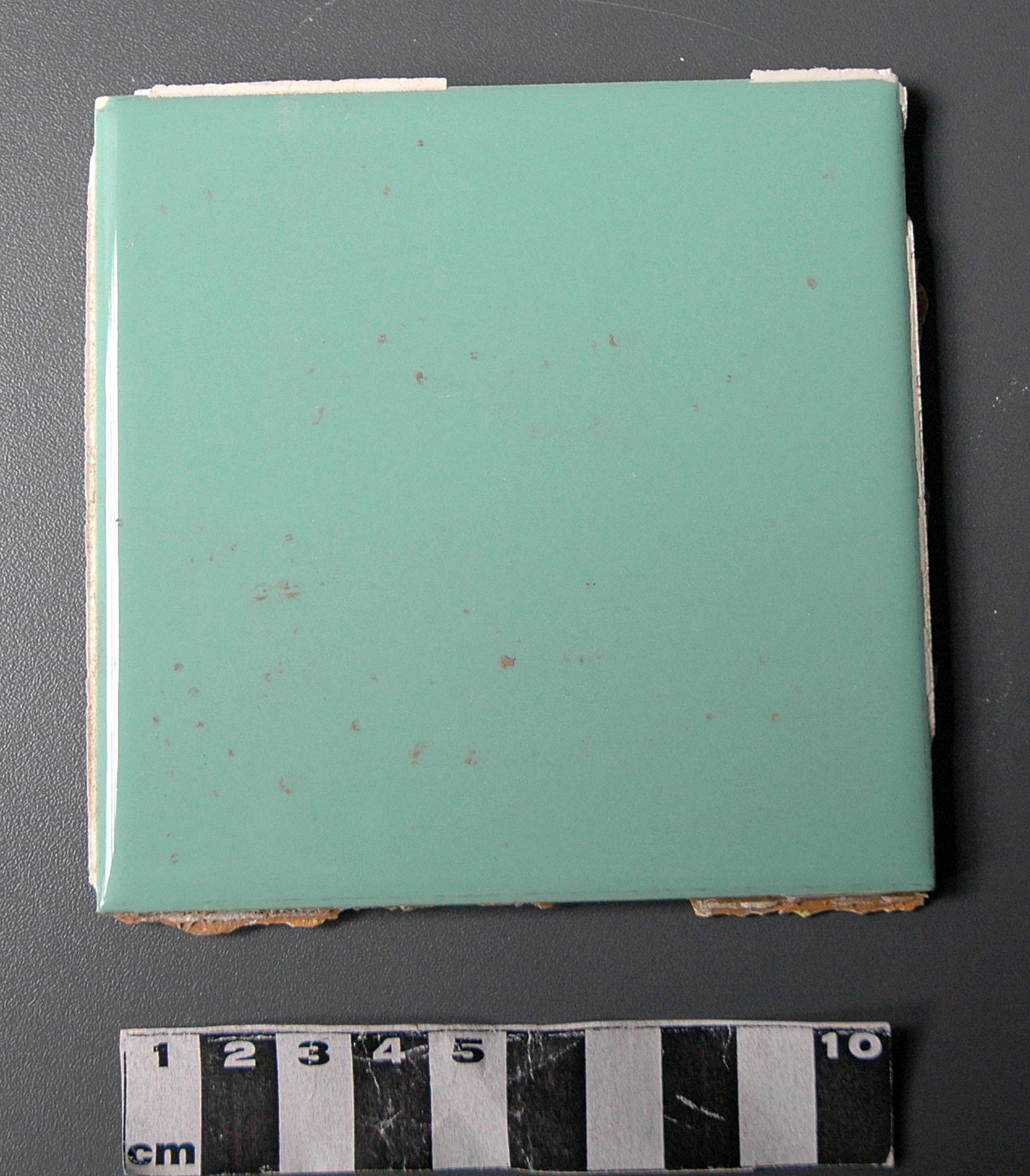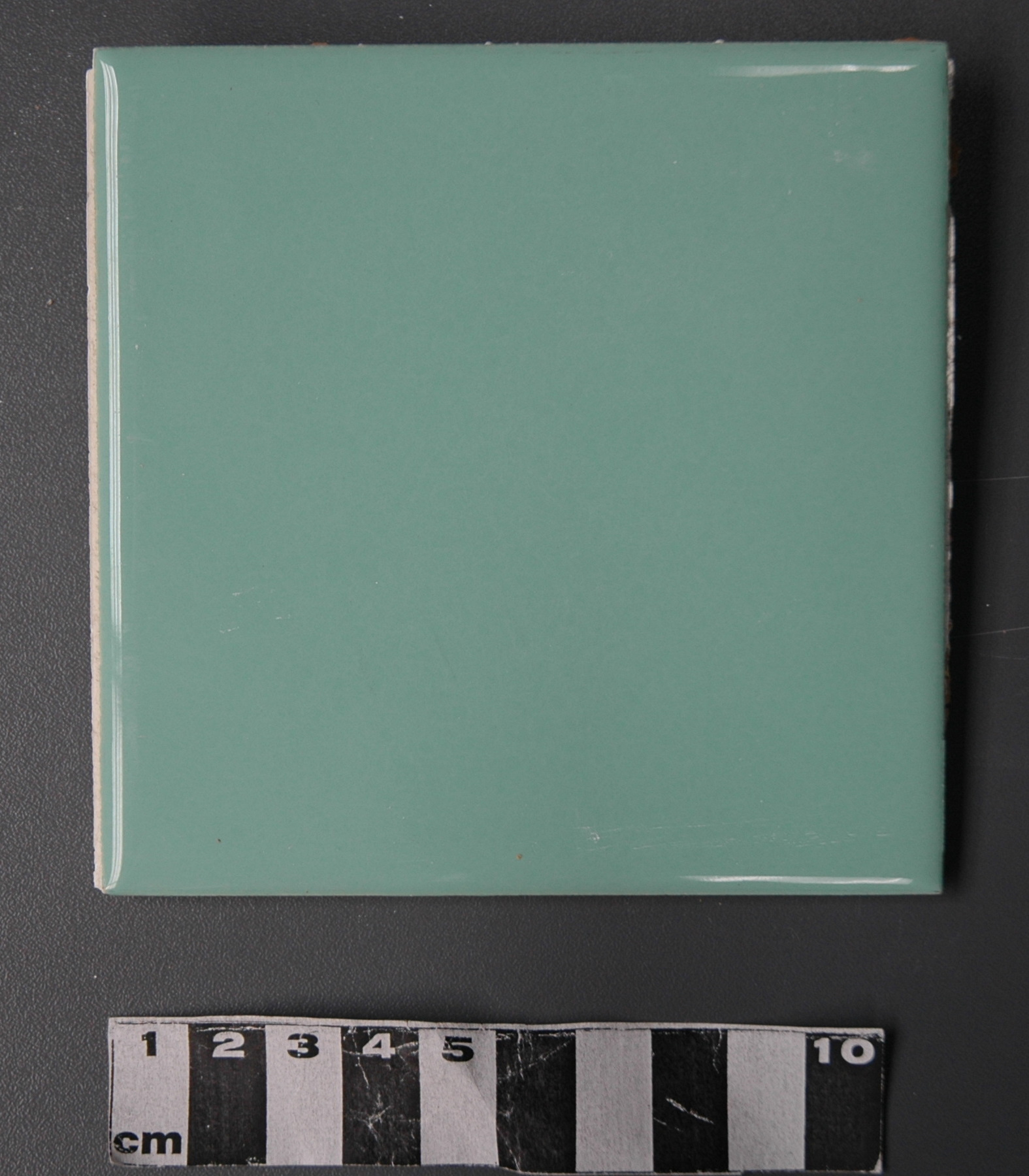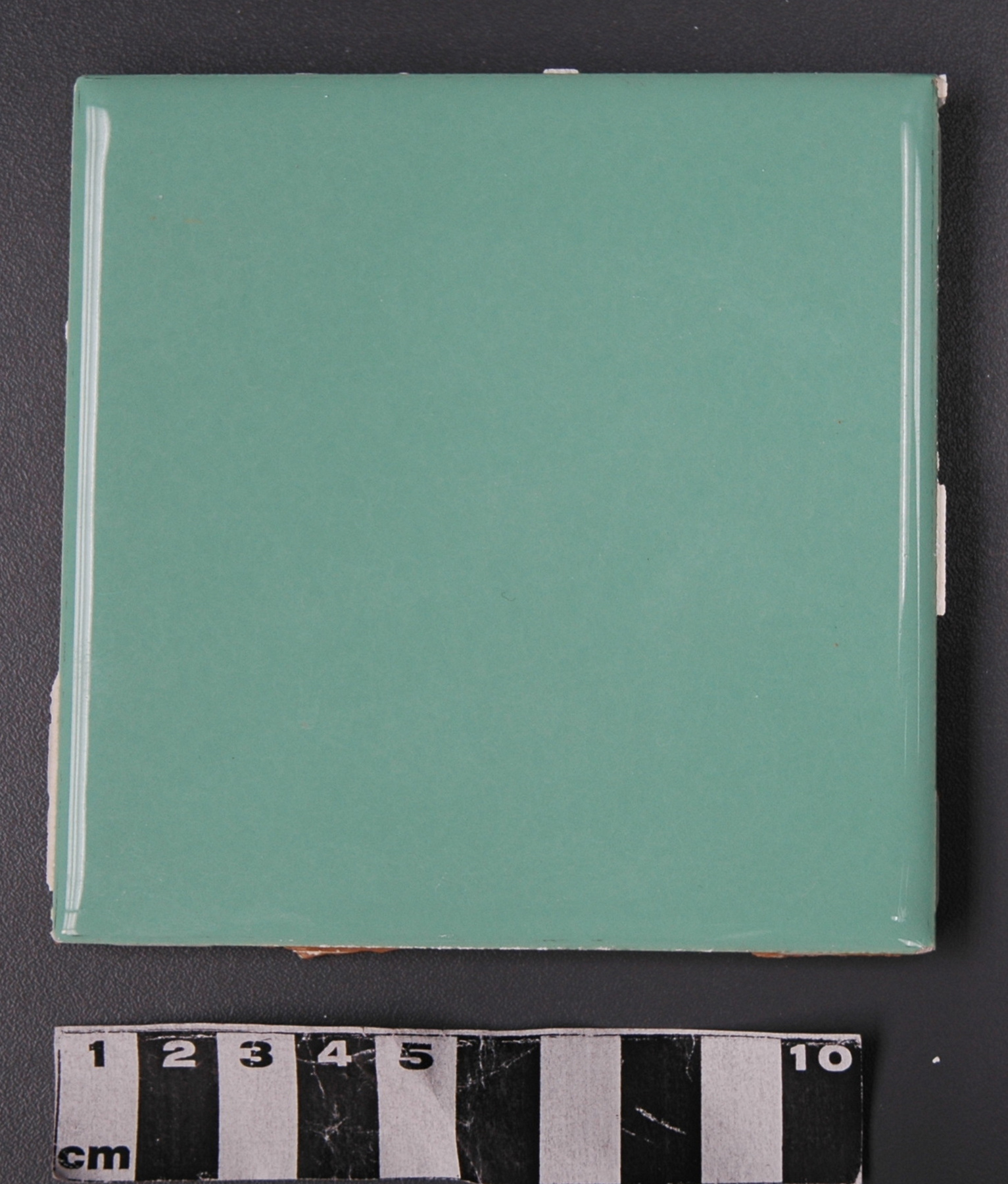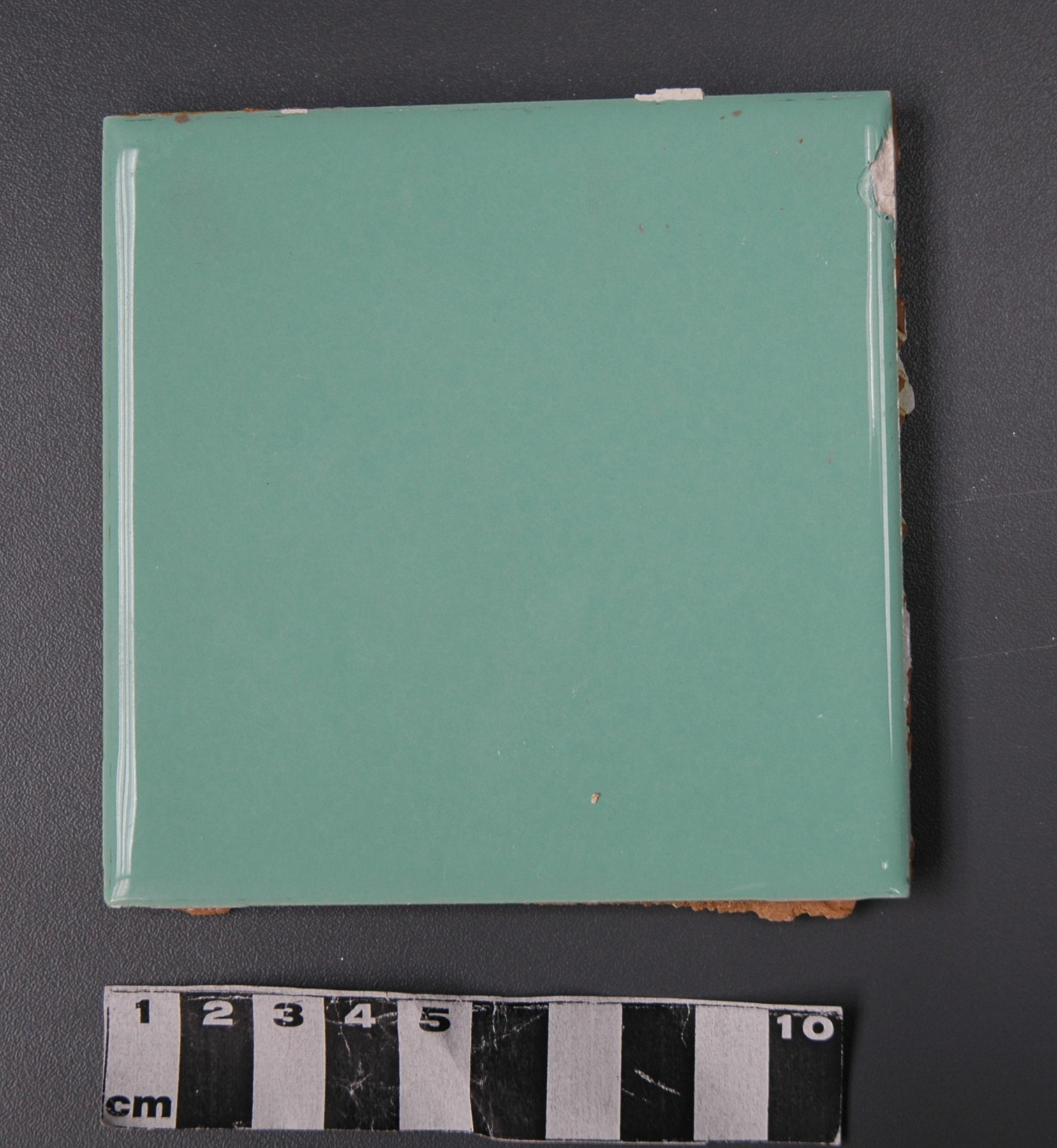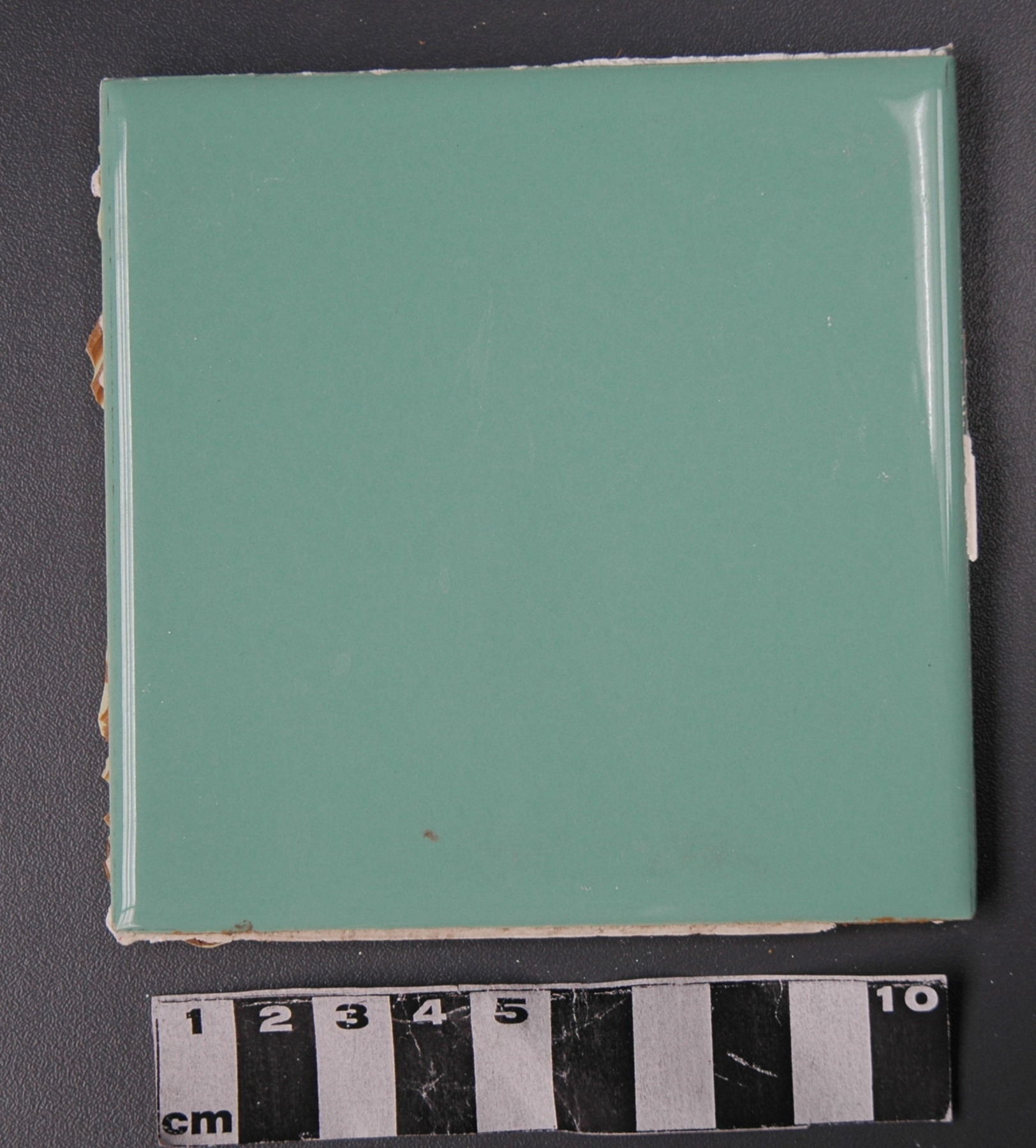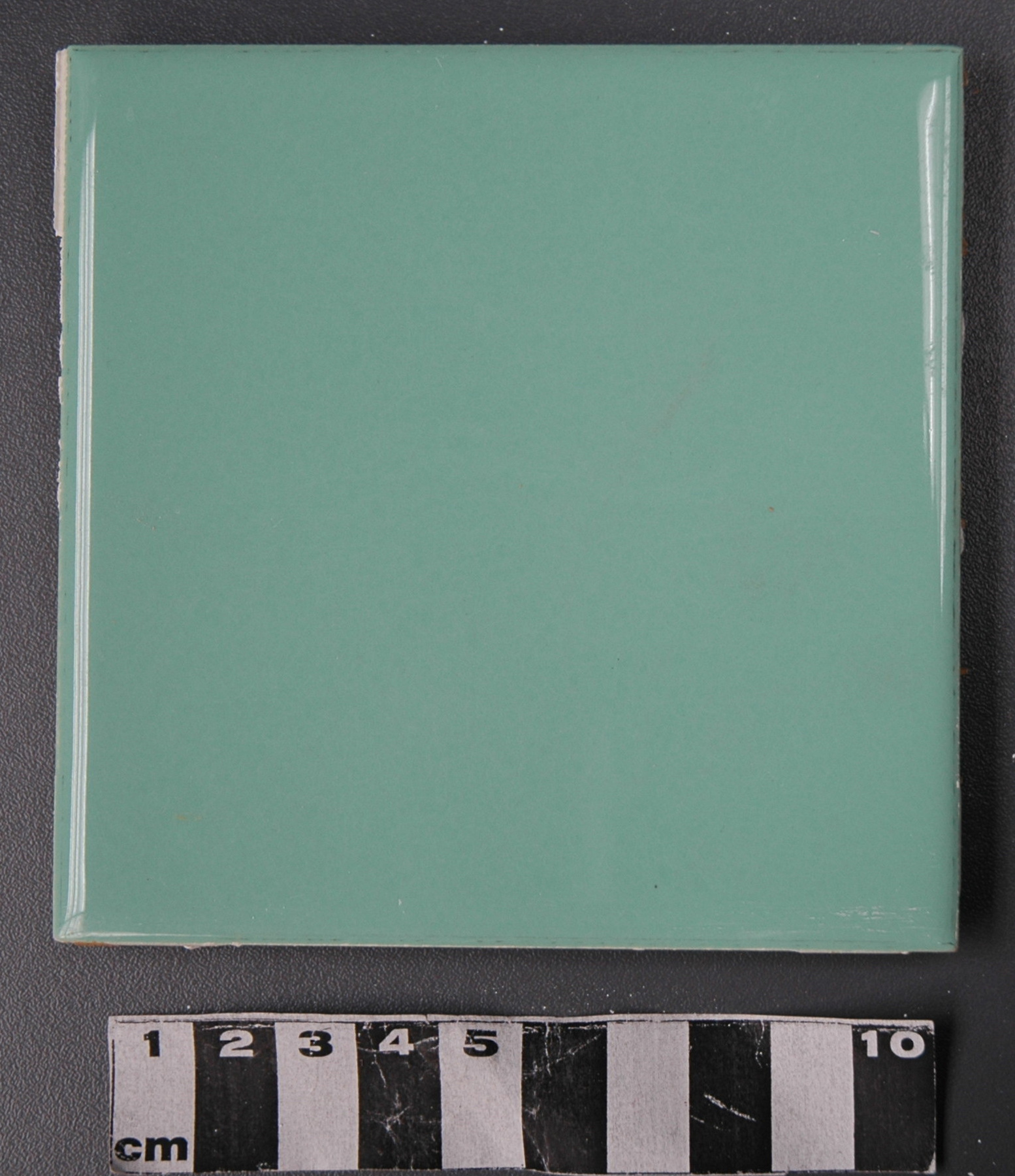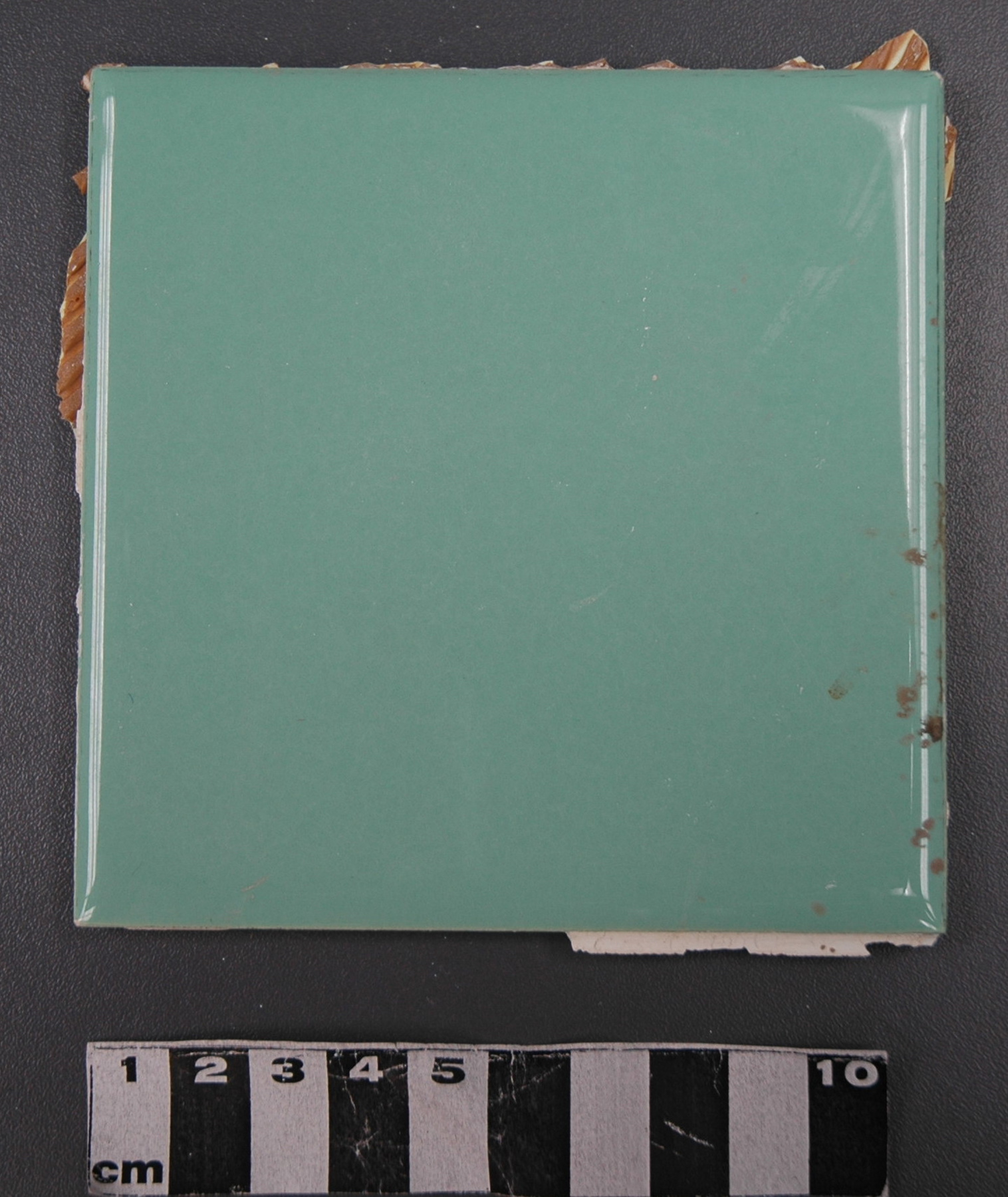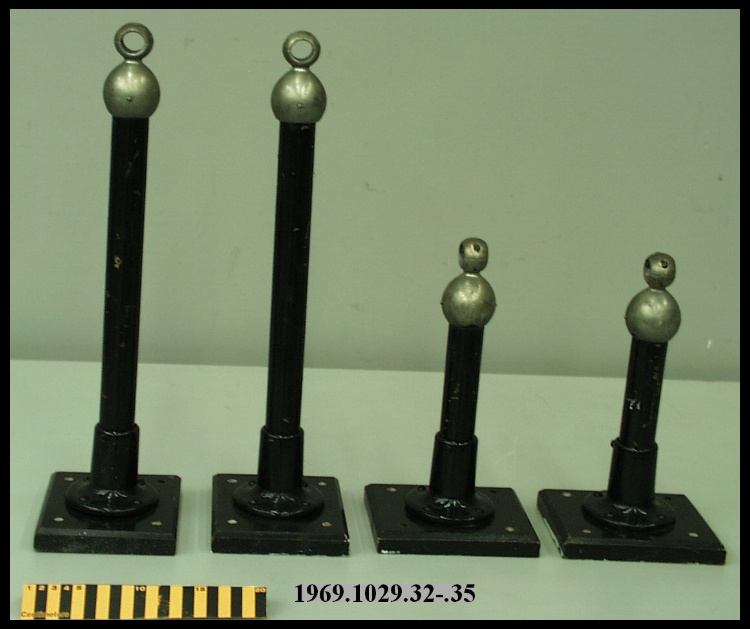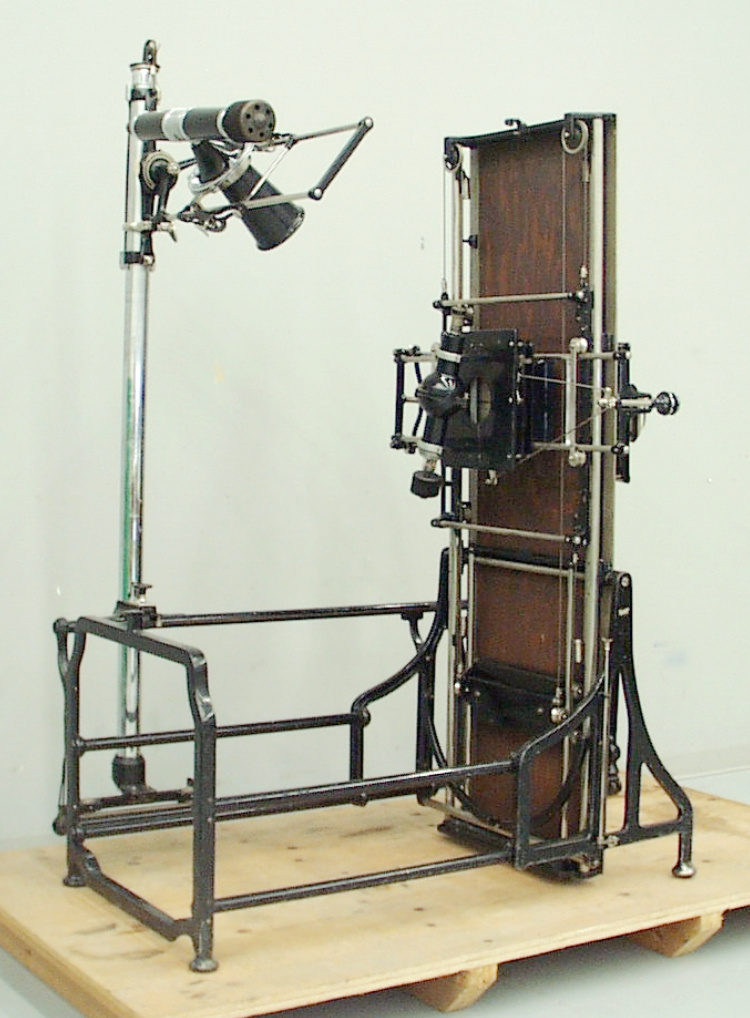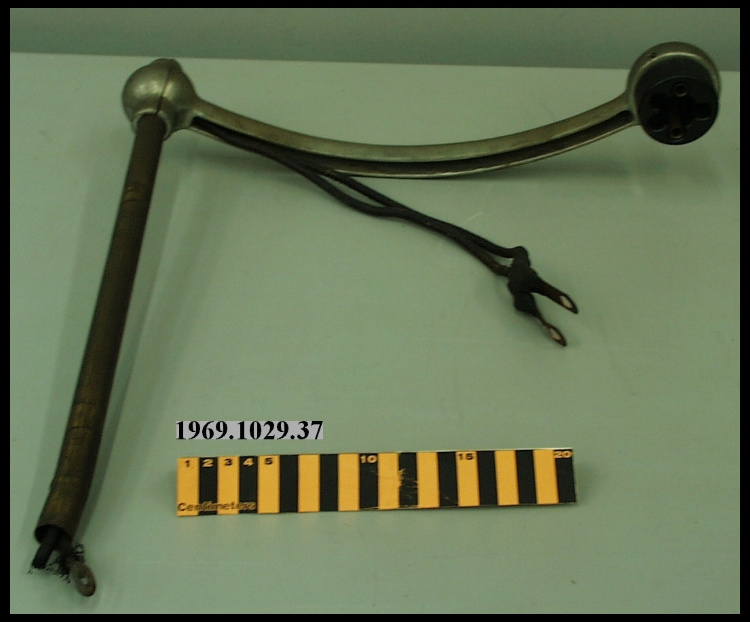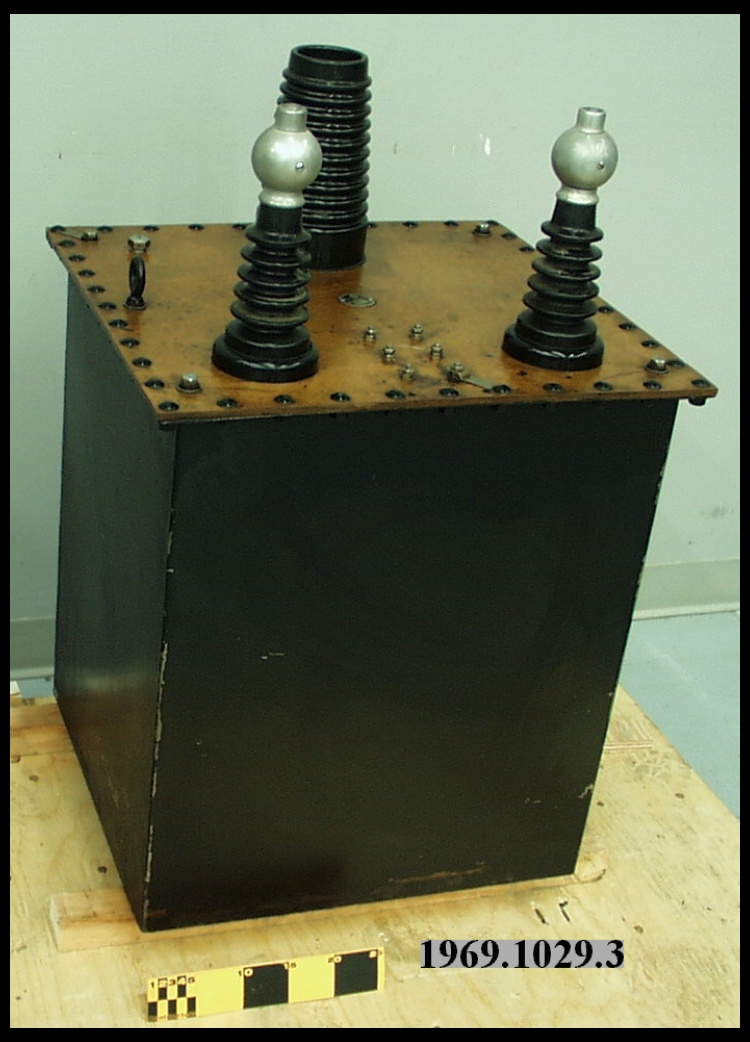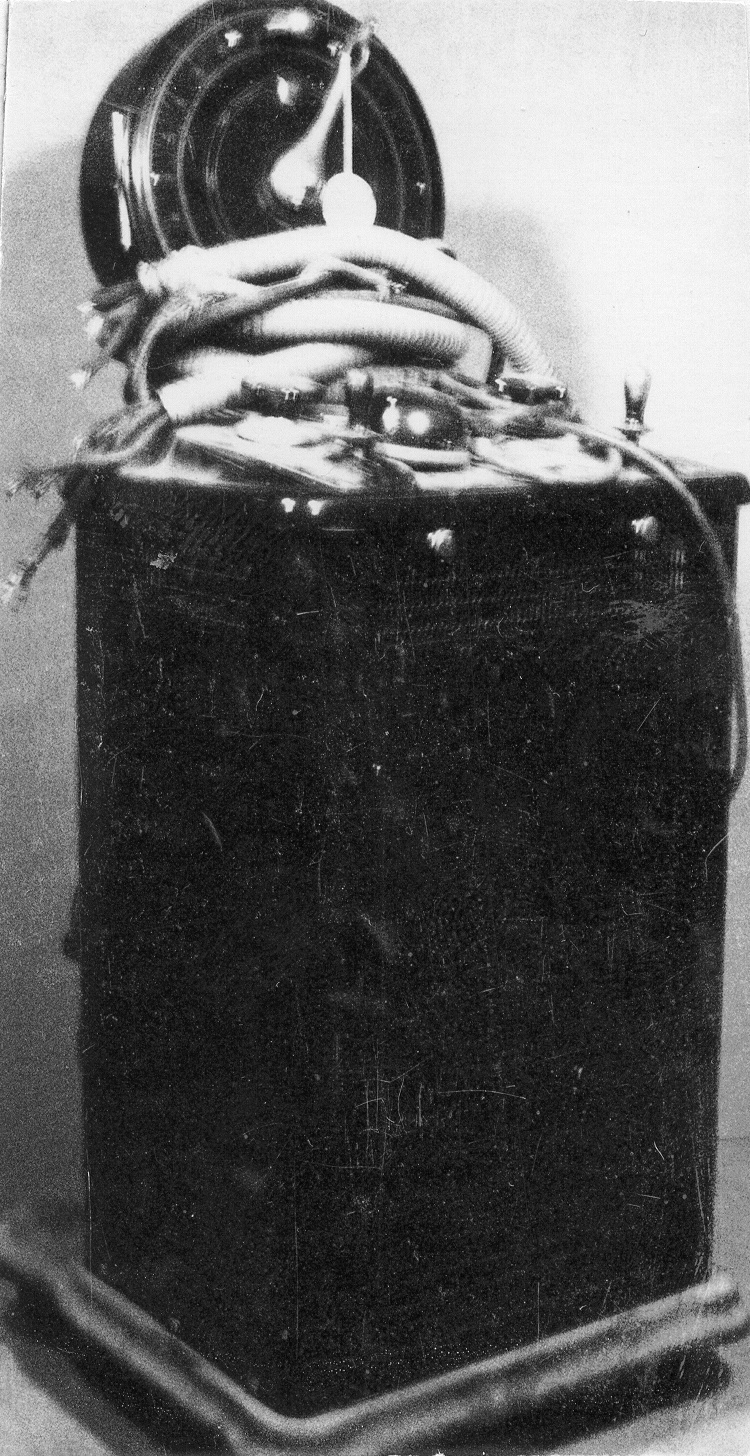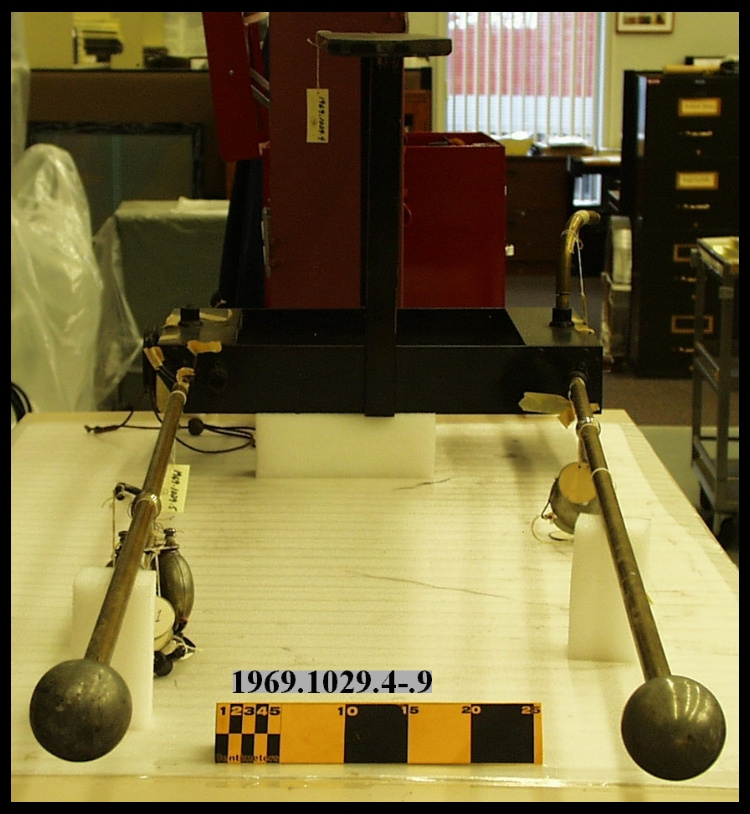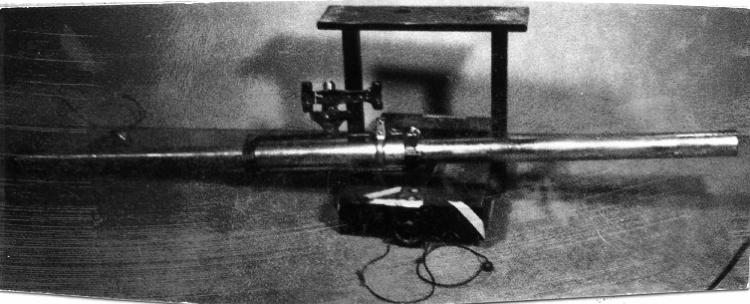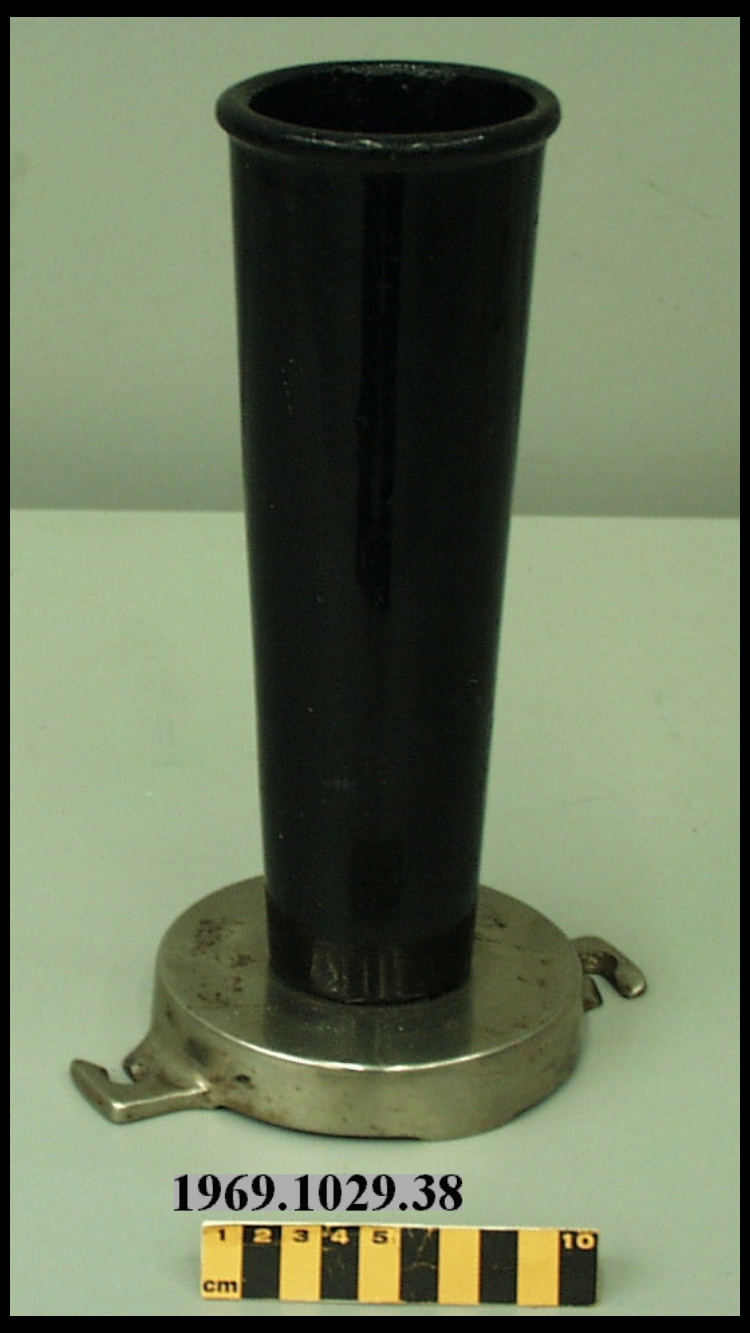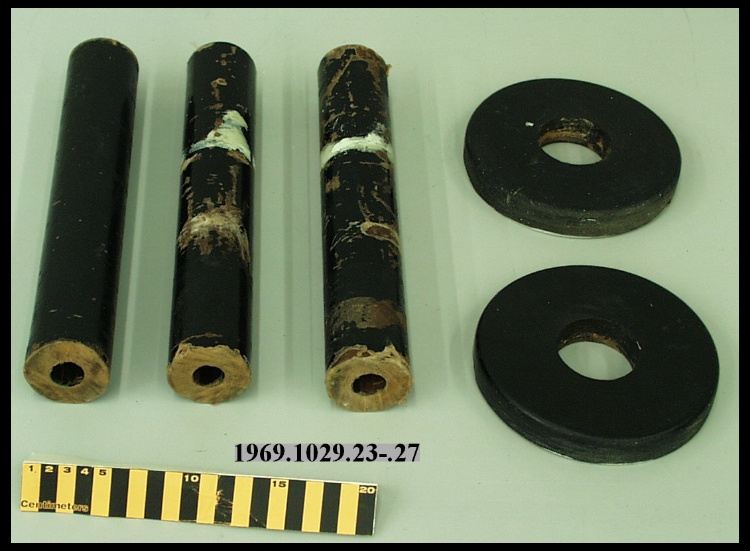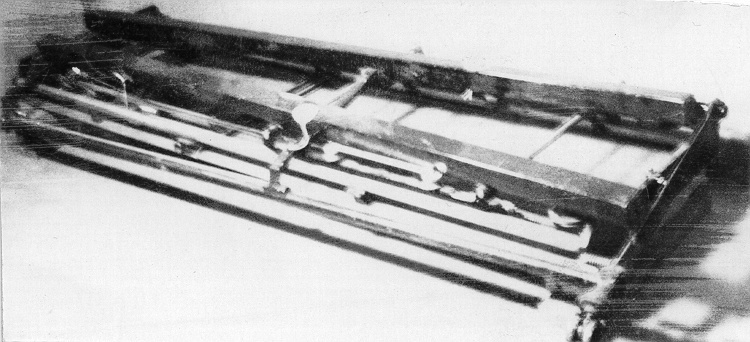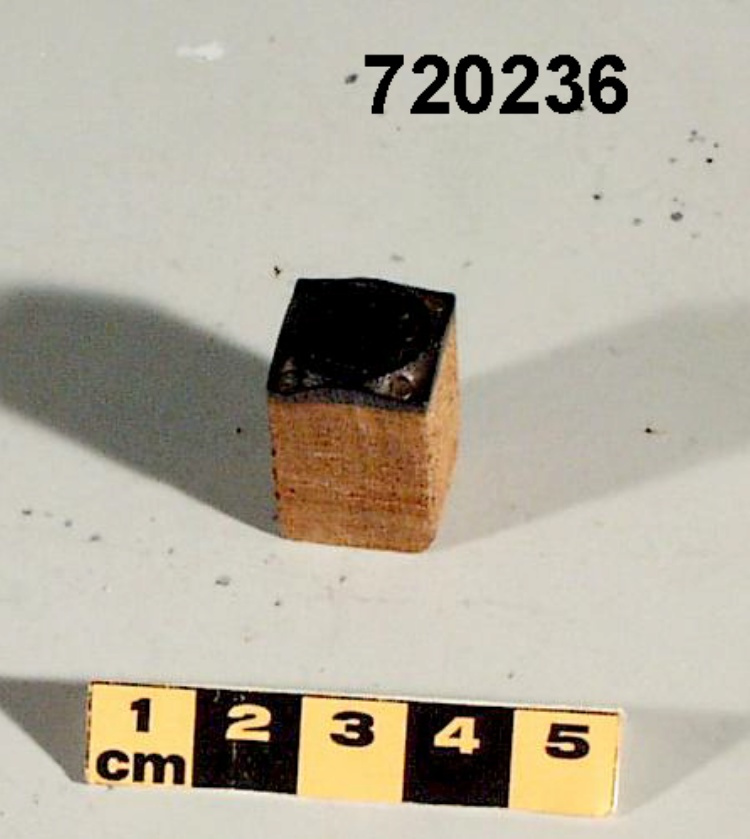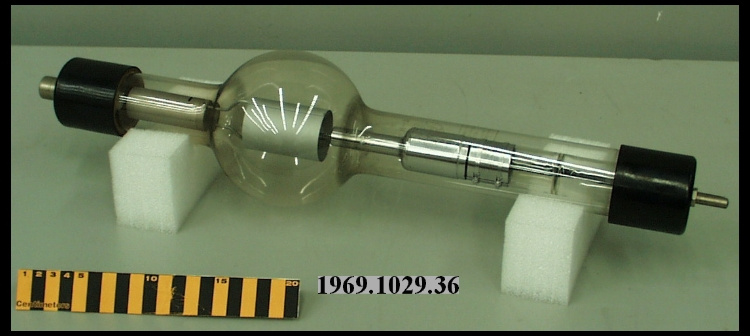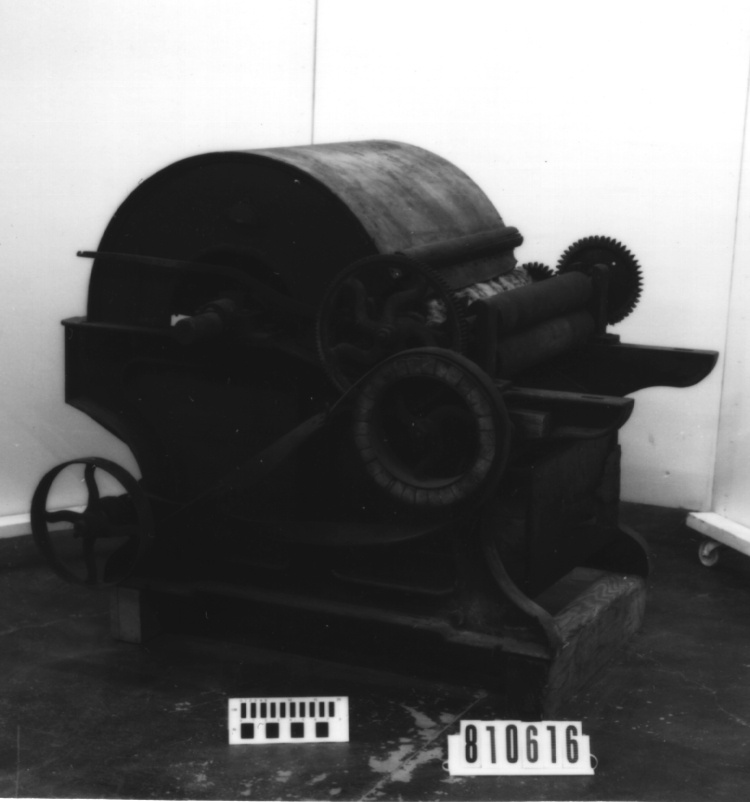Rail
Use this image
Can I reuse this image without permission? Yes
Object images on the Ingenium Collection’s portal have the following Creative Commons license:
Copyright Ingenium / CC BY-NC-ND (Attribution-NonCommercial 4.0 International (CC BY-NC 4.0)
ATTRIBUTE THIS IMAGE
Ingenium,
2009.0068.009
Permalink:
Ingenium is releasing this image under the Creative Commons licensing framework, and encourages downloading and reuse for non-commercial purposes. Please acknowledge Ingenium and cite the artifact number.
DOWNLOAD IMAGEPURCHASE THIS IMAGE
This image is free for non-commercial use.
For commercial use, please consult our Reproduction Fees and contact us to purchase the image.
- OBJECT TYPE
- support
- DATE
- 1962
- ARTIFACT NUMBER
- 2009.0068.009
- MANUFACTURER
- Picker X-Ray Corp.
- MODEL
- Unknown
- LOCATION
- Cleveland, Ohio, United States of America
More Information
General Information
- Serial #
- N/A
- Part Number
- 9
- Total Parts
- 16
- AKA
- N/A
- Patents
- N/A
- General Description
- metal
Dimensions
Note: These reflect the general size for storage and are not necessarily representative of the object's true dimensions.
- Length
- 405.0 cm
- Width
- 7.5 cm
- Height
- 8.0 cm
- Thickness
- N/A
- Weight
- N/A
- Diameter
- N/A
- Volume
- N/A
Lexicon
- Group
- Medical Technology
- Category
- Radiology
- Sub-Category
- N/A
Manufacturer
- AKA
- Picker
- Country
- United States of America
- State/Province
- Ohio
- City
- Cleveland
Context
- Country
- Canada
- State/Province
- Saskatchewan
- Period
- Possibly used c. 1962+; not used after 2005.
- Canada
-
Weyburn Mental Hospital in Weyburn, SK opened its doors in 1921 and closed (as the Souris Valley Hospital) in 2005. From the 1940s to 1971 it took part in controversial treatments for mental illness including lobotomy and electro shock therapy. It was also famous for its pioneering experiments with LSD in the 1950s and 60s. Dr. Humphrey Osmond, who coined the term "psychedelic" performed several experiments with patients and university students. In its heyday, the Weyburn was a well-equipped, self-sufficient health facility. Some complained that it was even better equipped than the local hospital. This x-ray machine [system component] would have been the workhorse for the institution. It was still in use after the building shut down a few years ago. It does not have direct ties to the more controversial history at Weyburn, but in colour and design, mirrored the institutional interior of Weyburn. Much of the old equipment and supplies went to developing countries when the shut-down occurred and some went to the University of Regina theatrical department. [Ref. 1] - Function
-
To support and facilitate movement of ceiling-mounted x-ray machine head. - Technical
-
Element of durable x-ray, fluoroscopic machine used for many purposes. It was part of a new generation of fluoroscopic technology following the invention of large image intensifiers in 1953. With these photomultiplier tubes, ordinary movie cameras could capture the moving pictures of the fluoroscopic images. Contrast agents such as barium would have been used to see bodily processes in real time. {ref. 1] - Area Notes
-
Unknown
Details
- Markings
- Adhesive label marked "40" pplied to one side of rail.
- Missing
- Unknown.
- Finish
- Metal rail has smooth green finish.
- Decoration
- N/A
CITE THIS OBJECT
If you choose to share our information about this collection object, please cite:
Picker X-Ray Corp., Rail, circa 1962, Artifact no. 2009.0068, Ingenium – Canada’s Museums of Science and Innovation, http://collection.ingeniumcanada.org/en/item/2009.0068.009/
FEEDBACK
Submit a question or comment about this artifact.
More Like This


